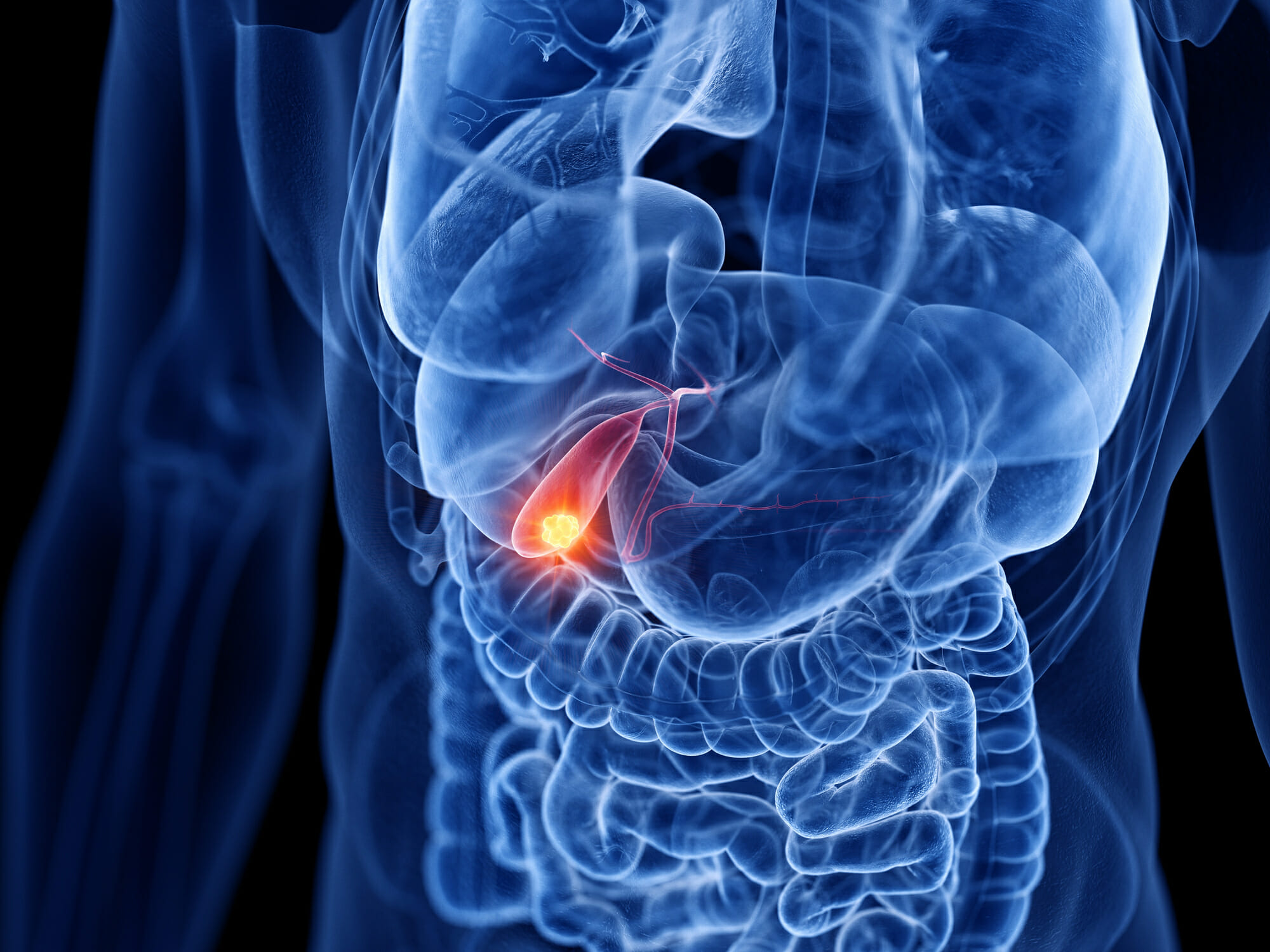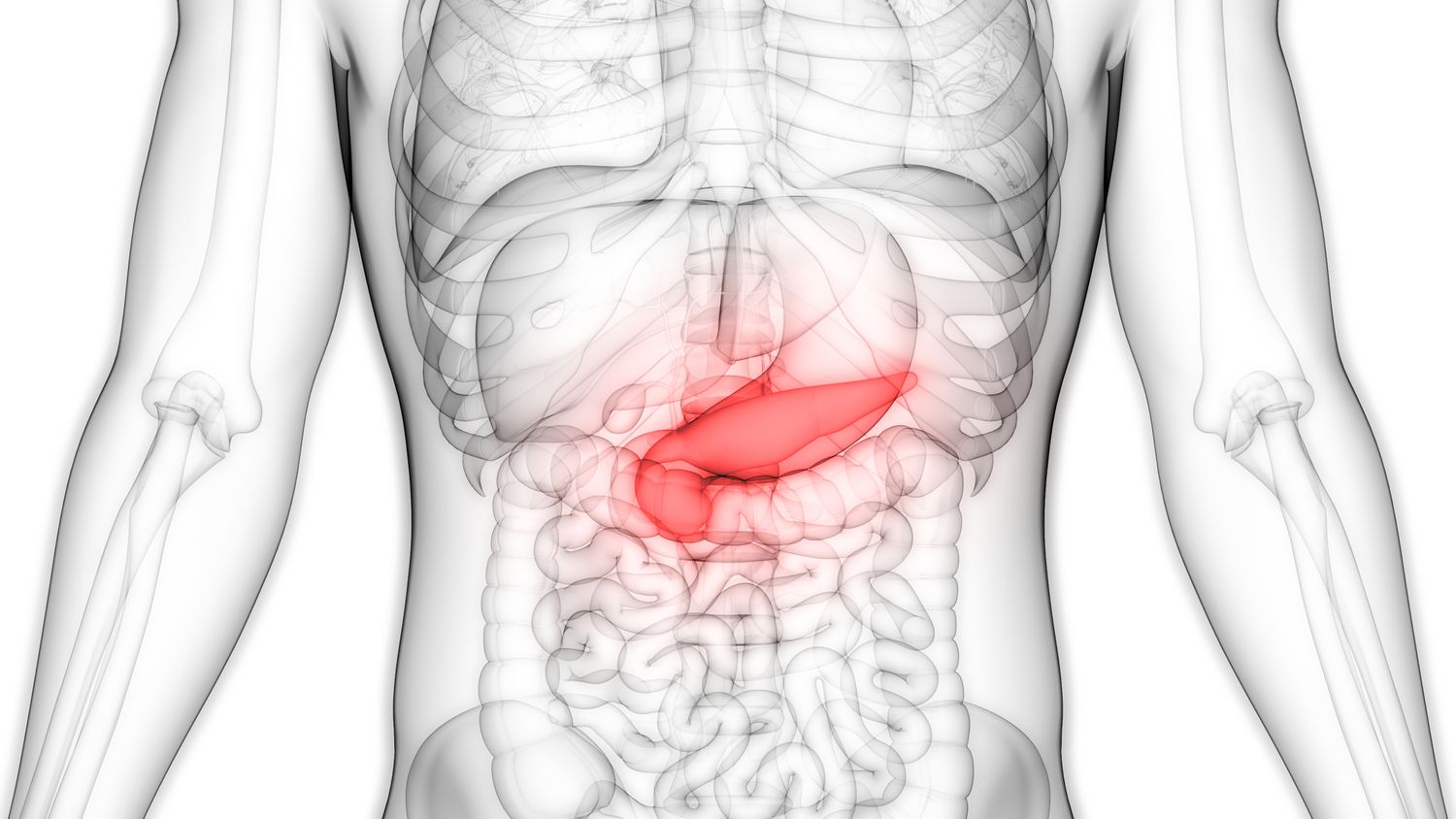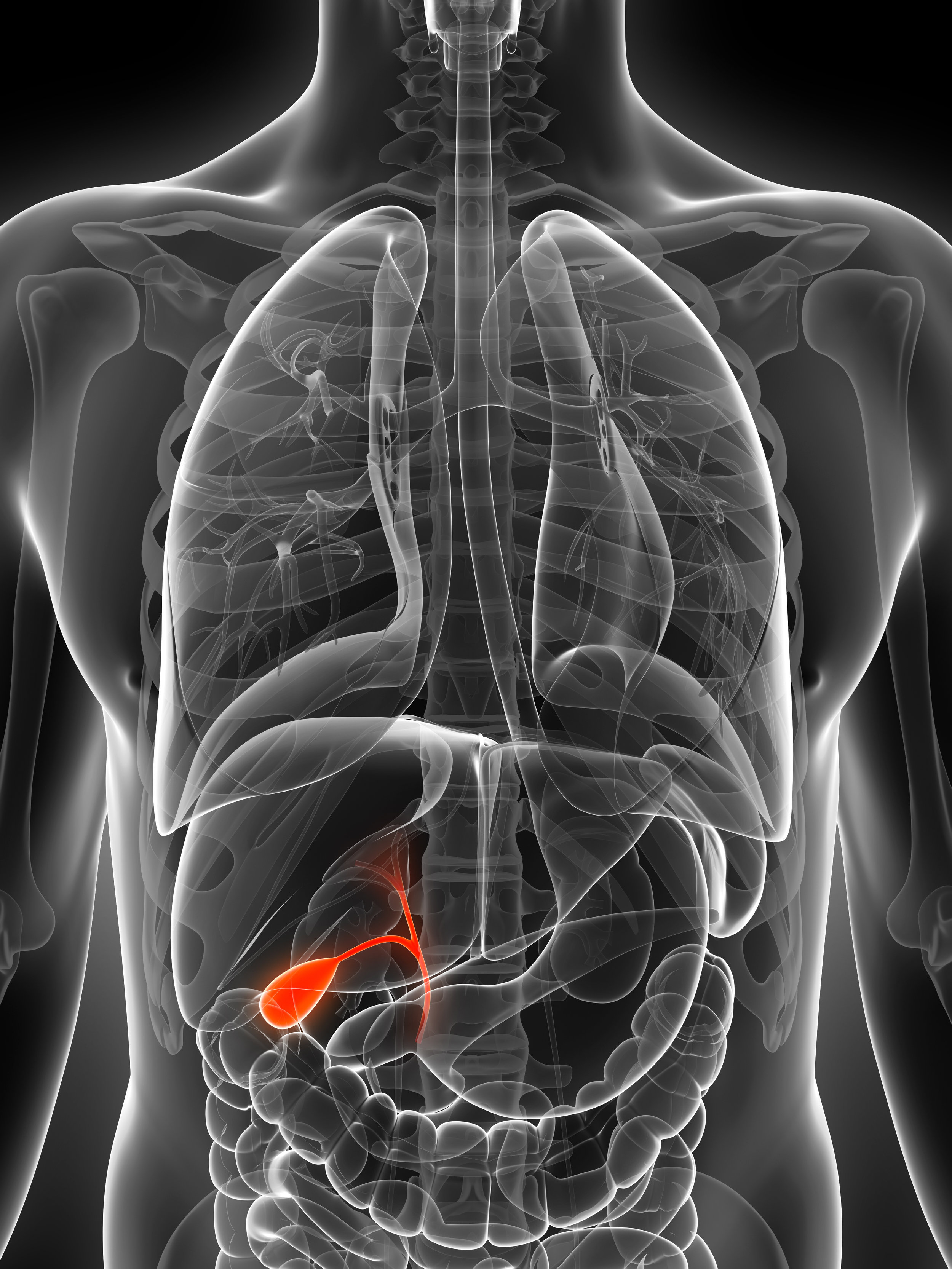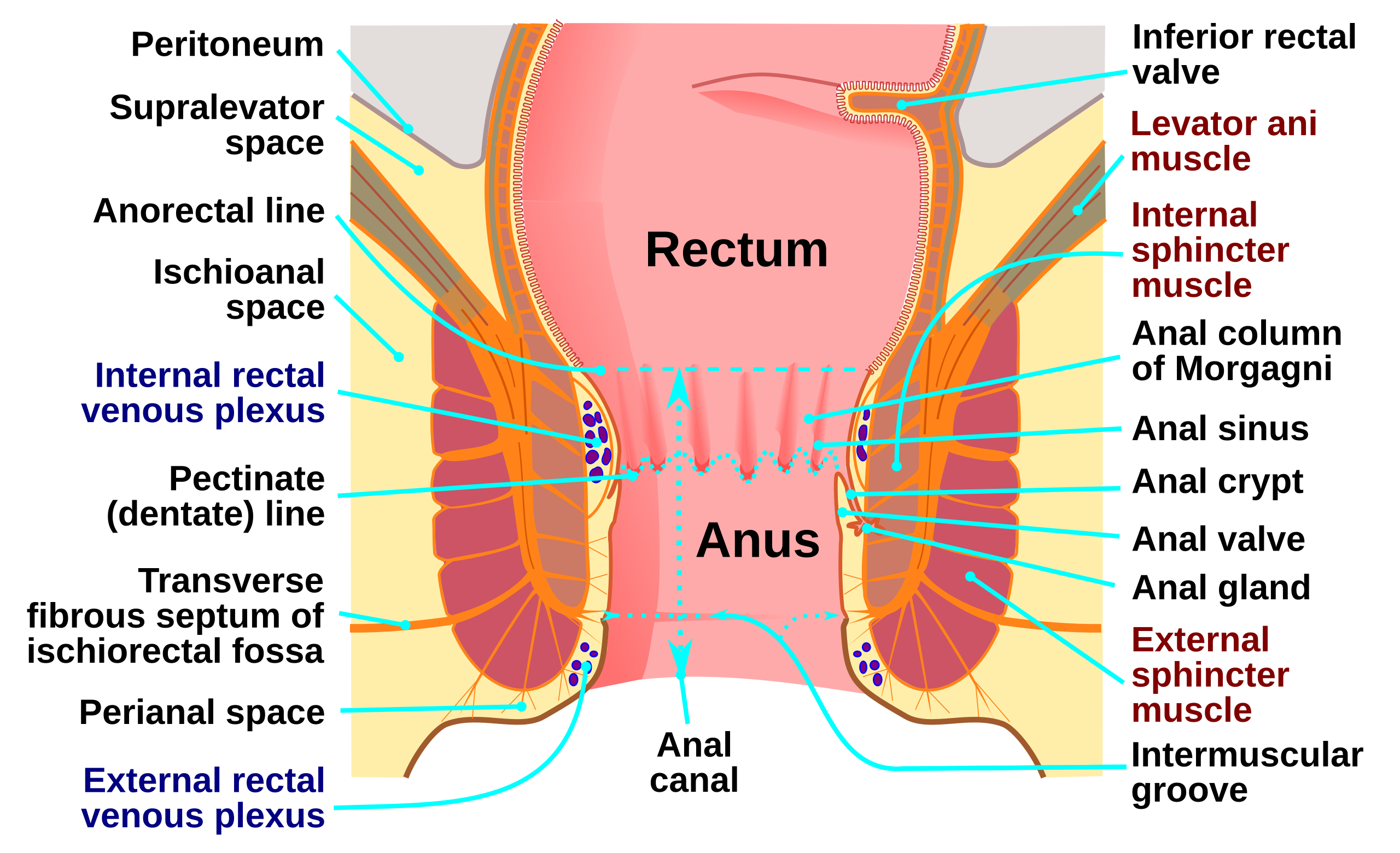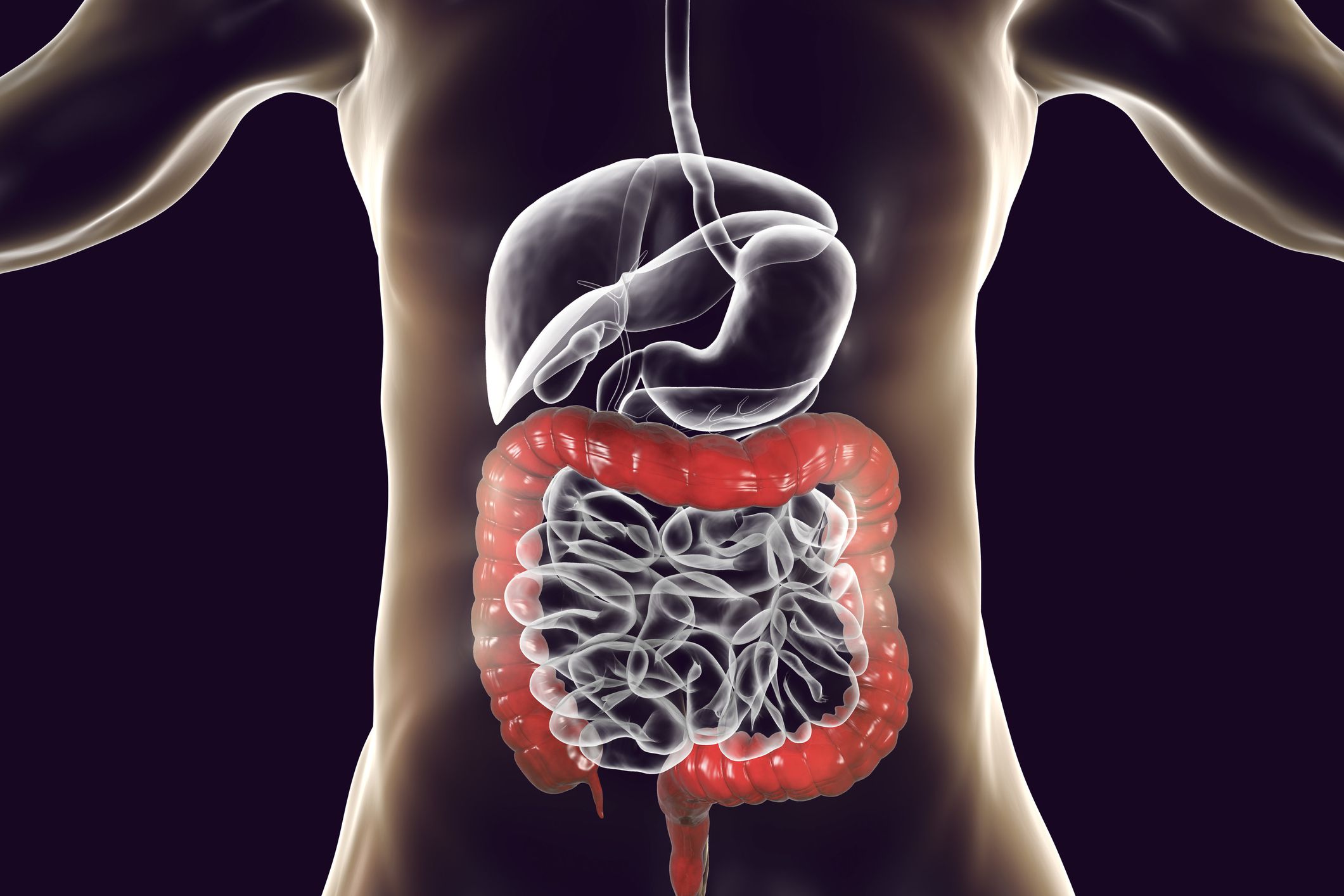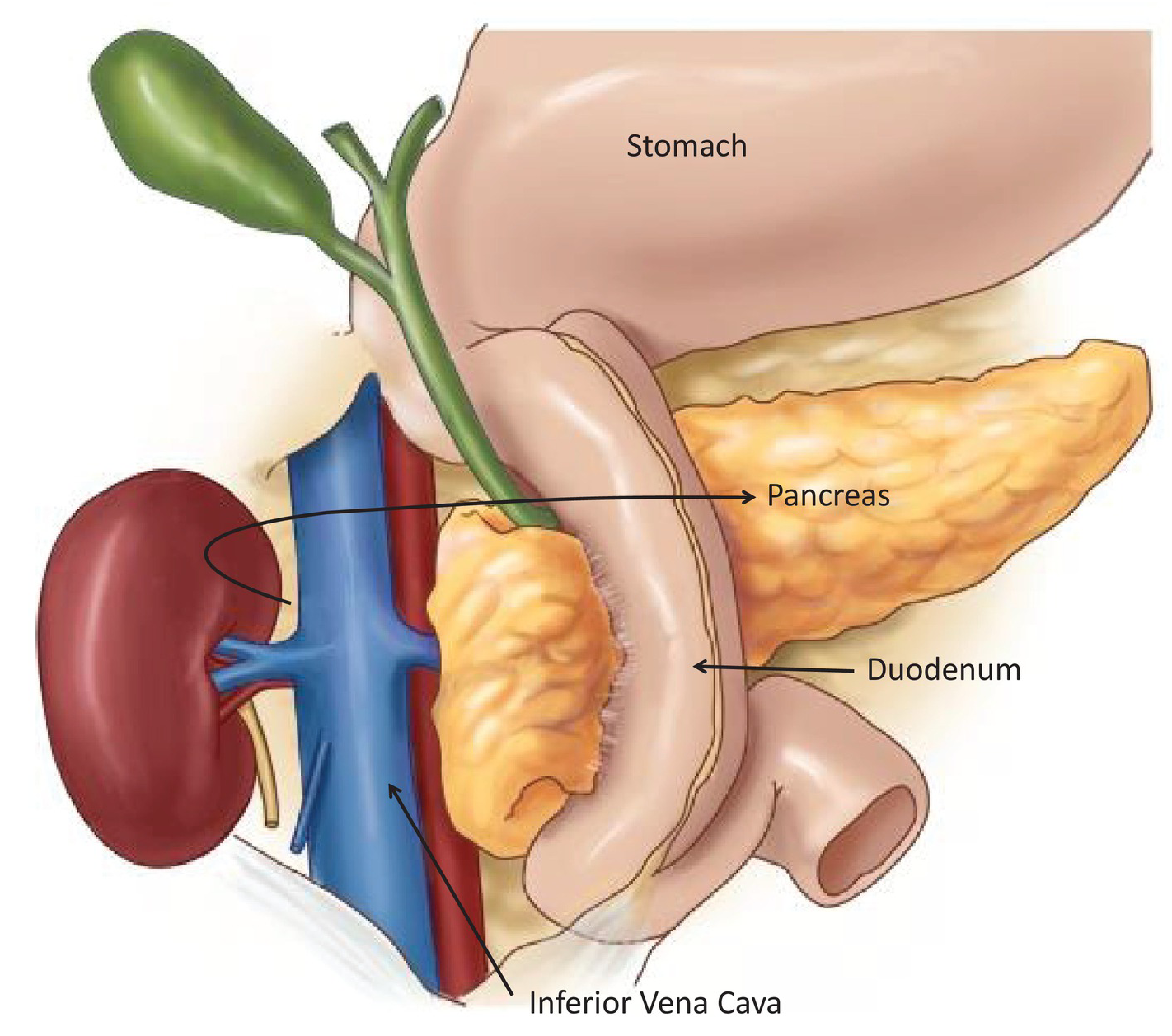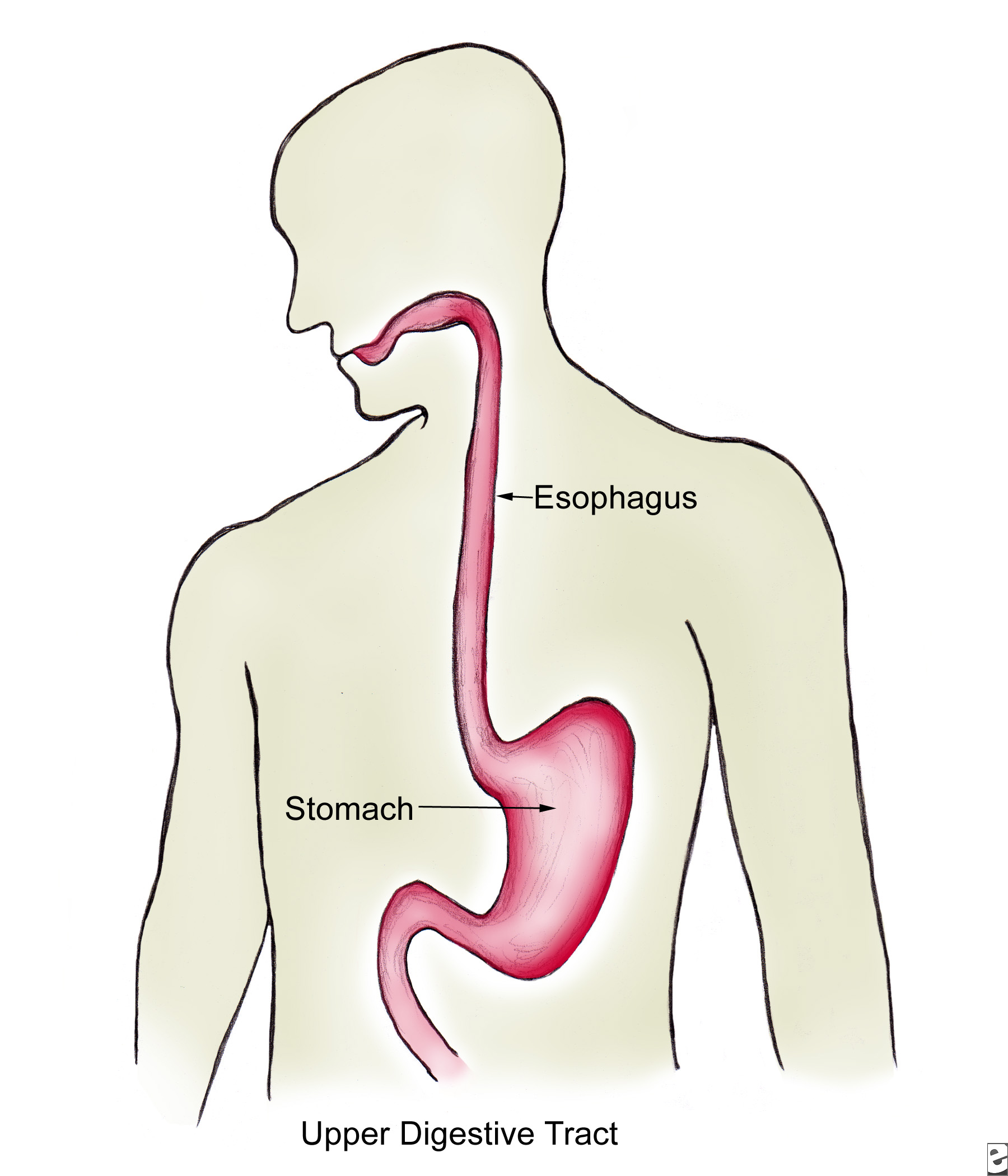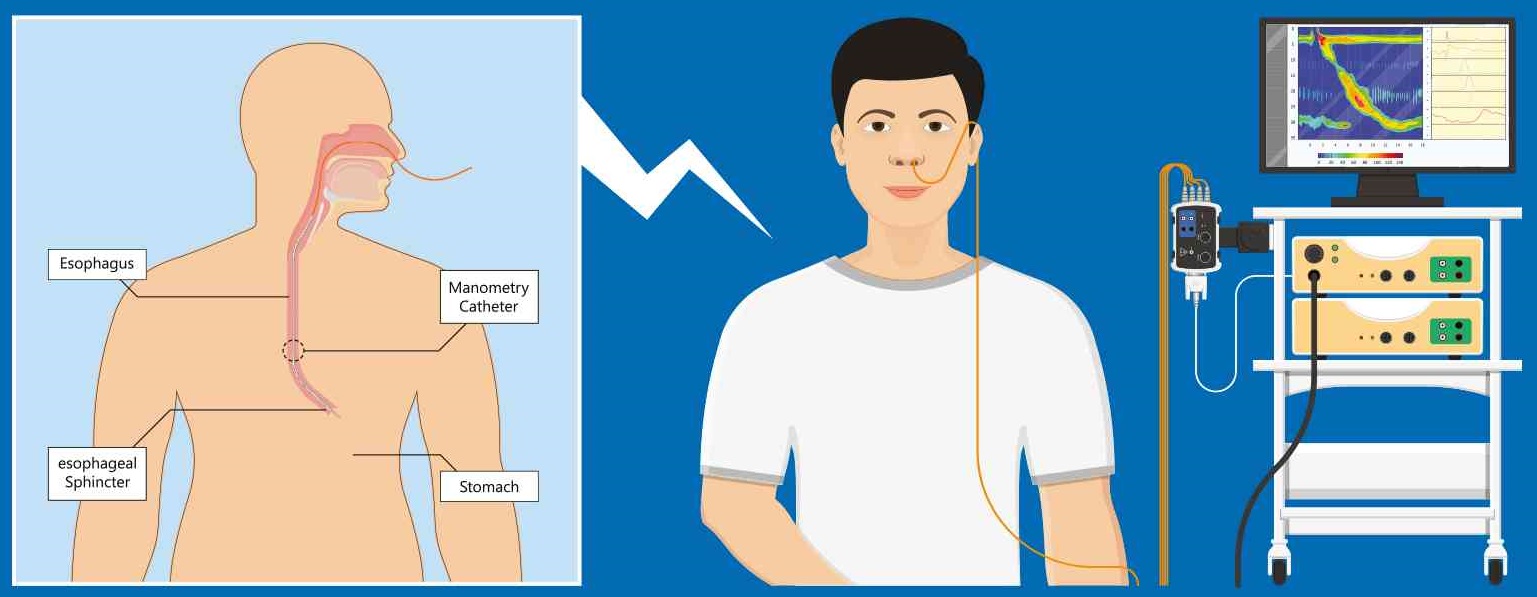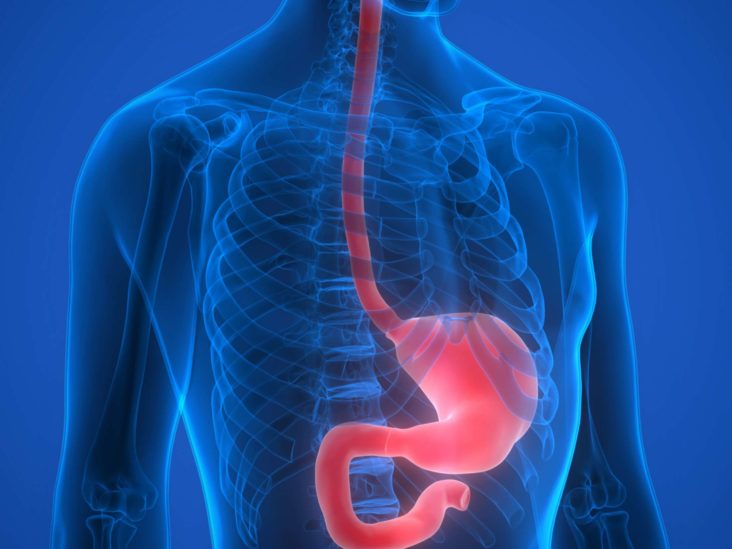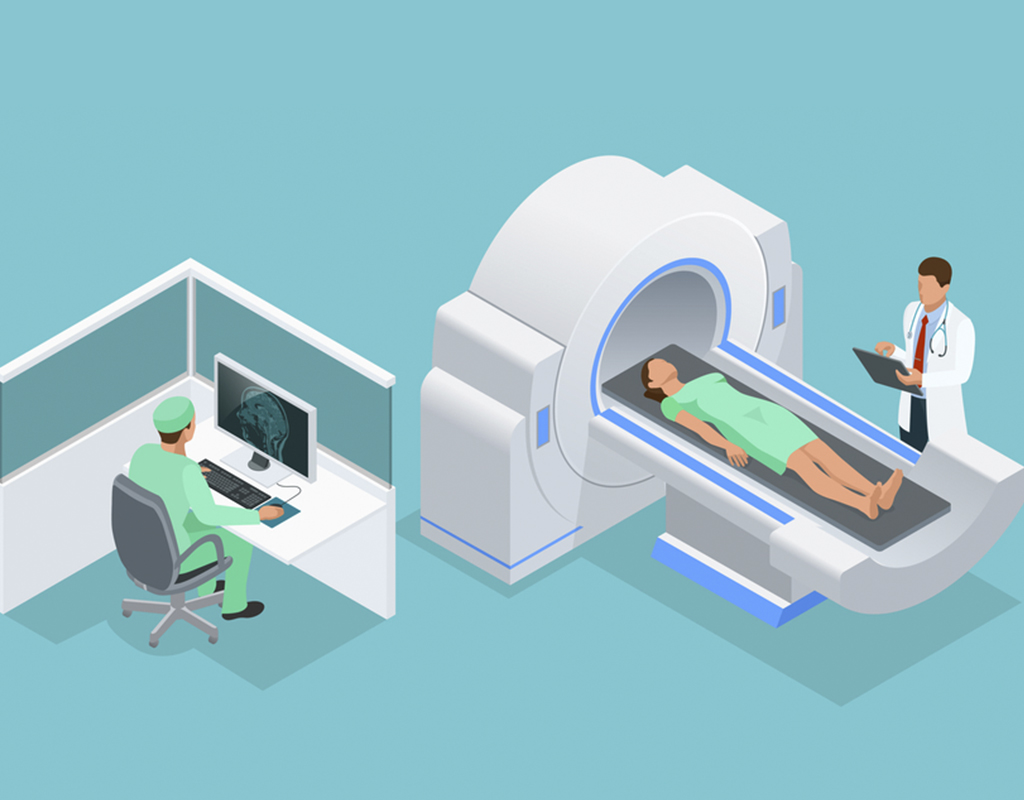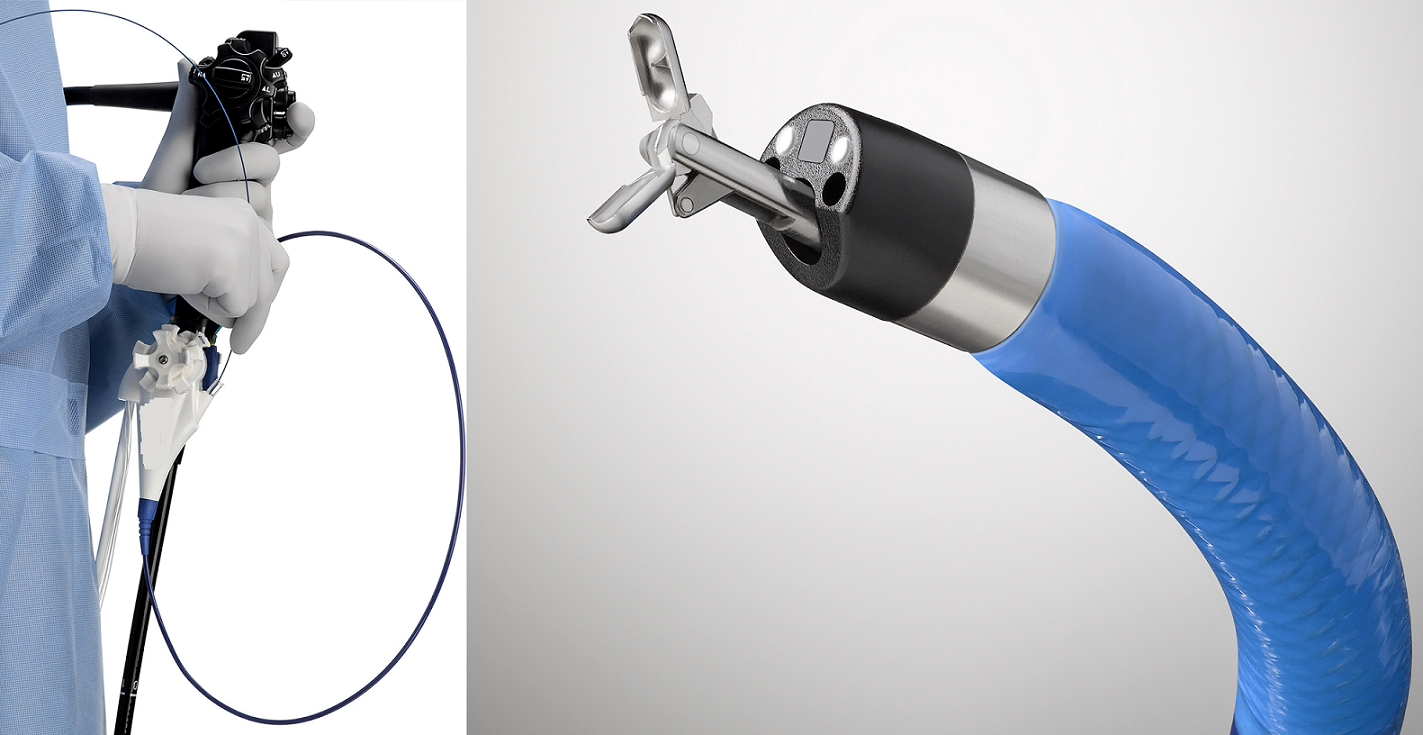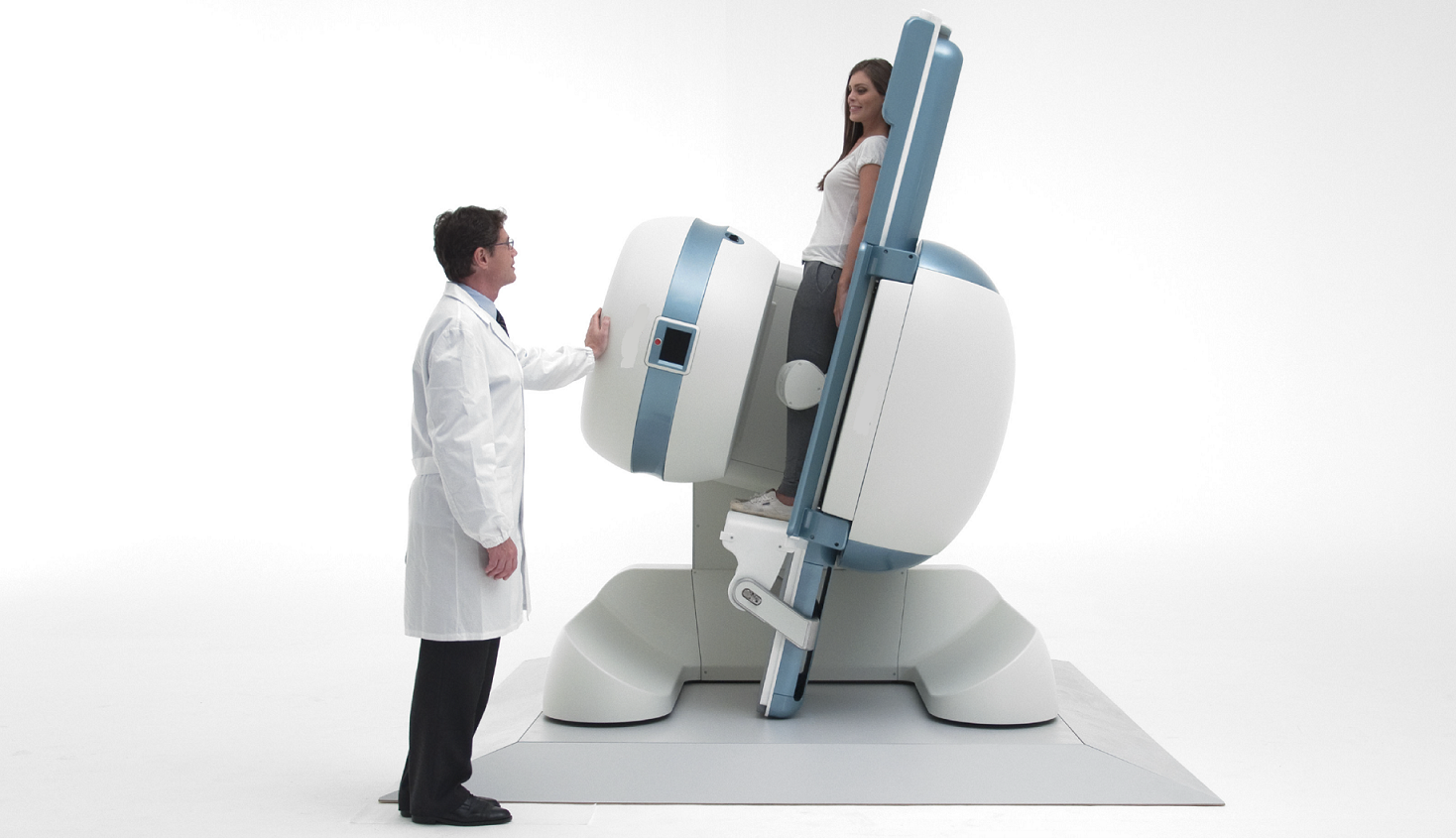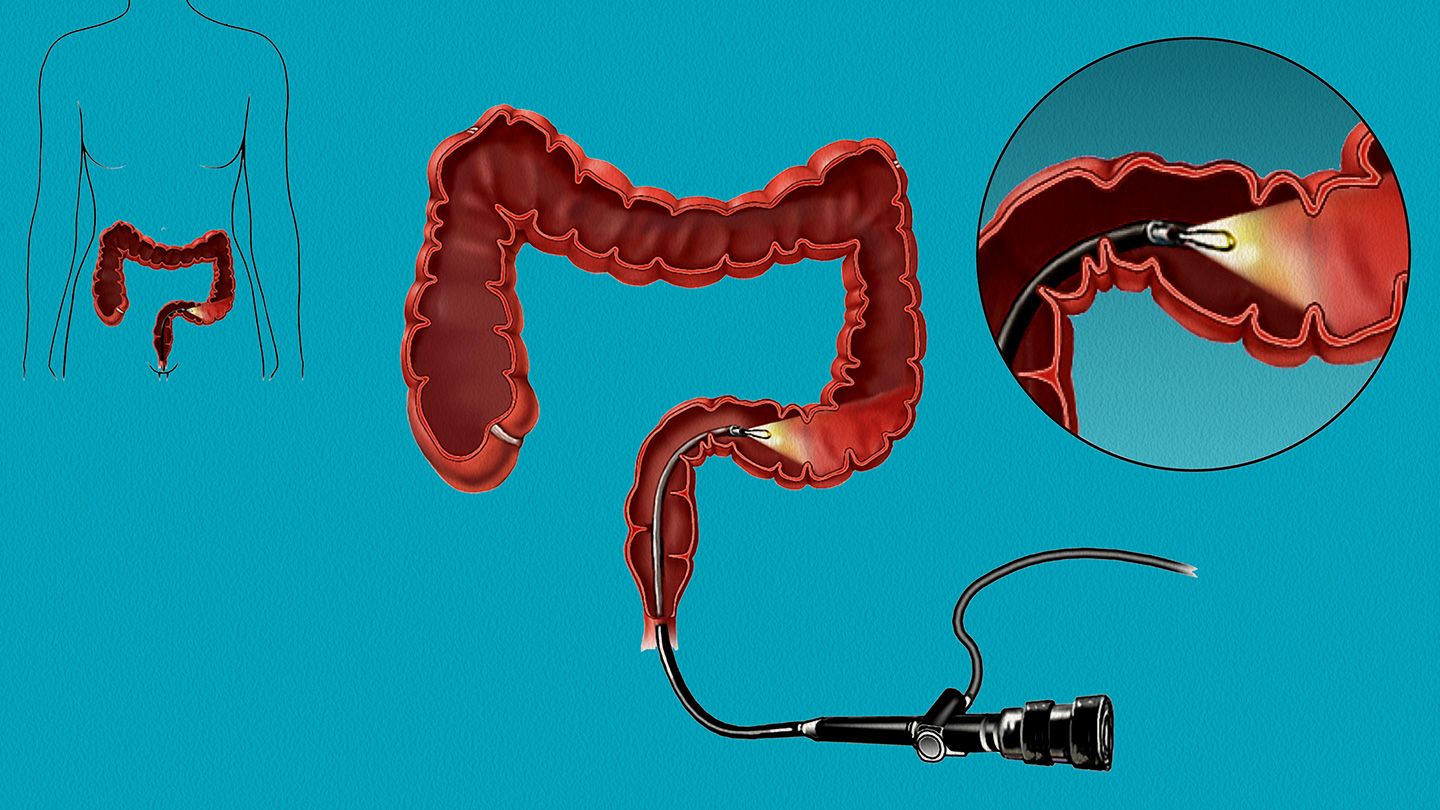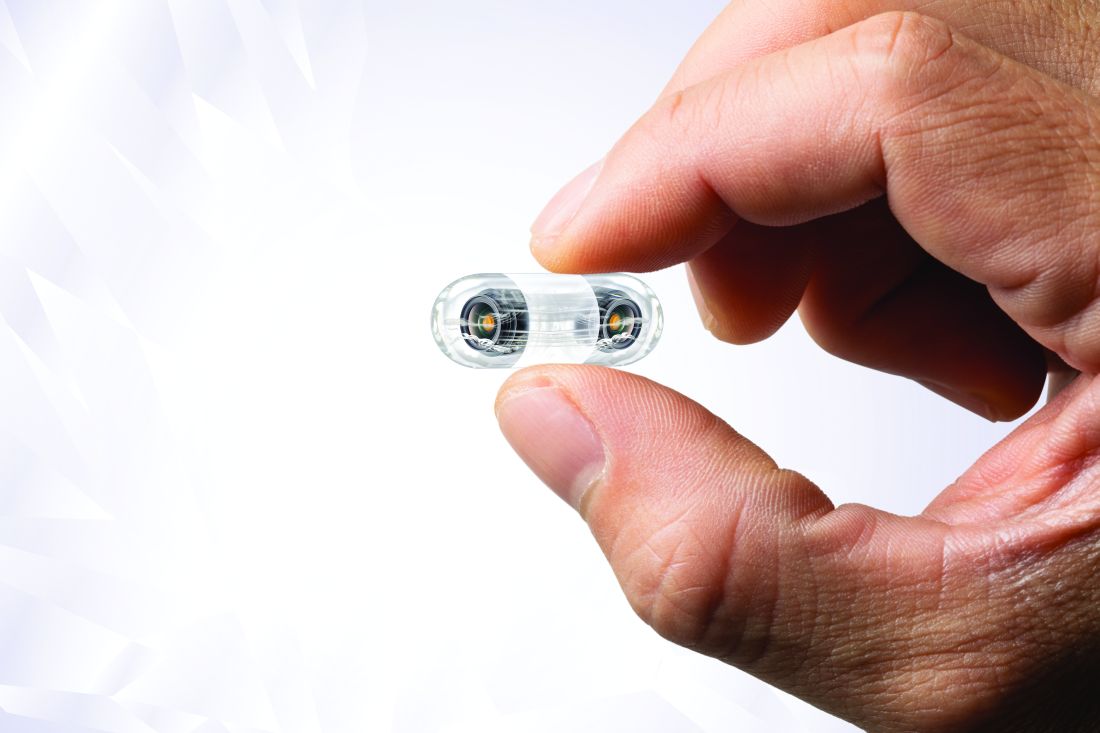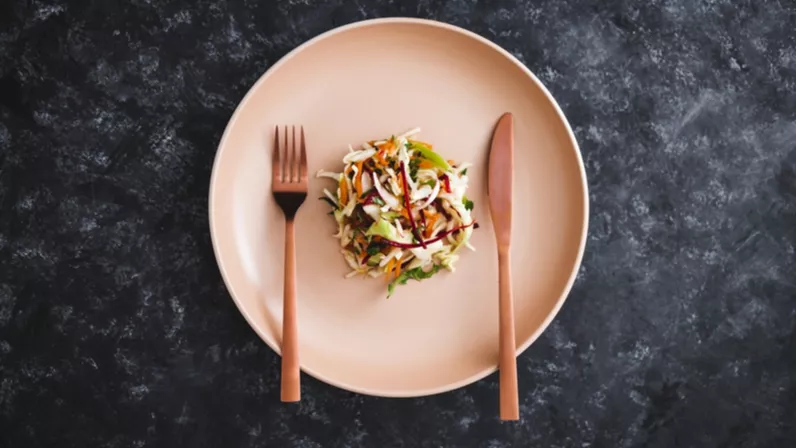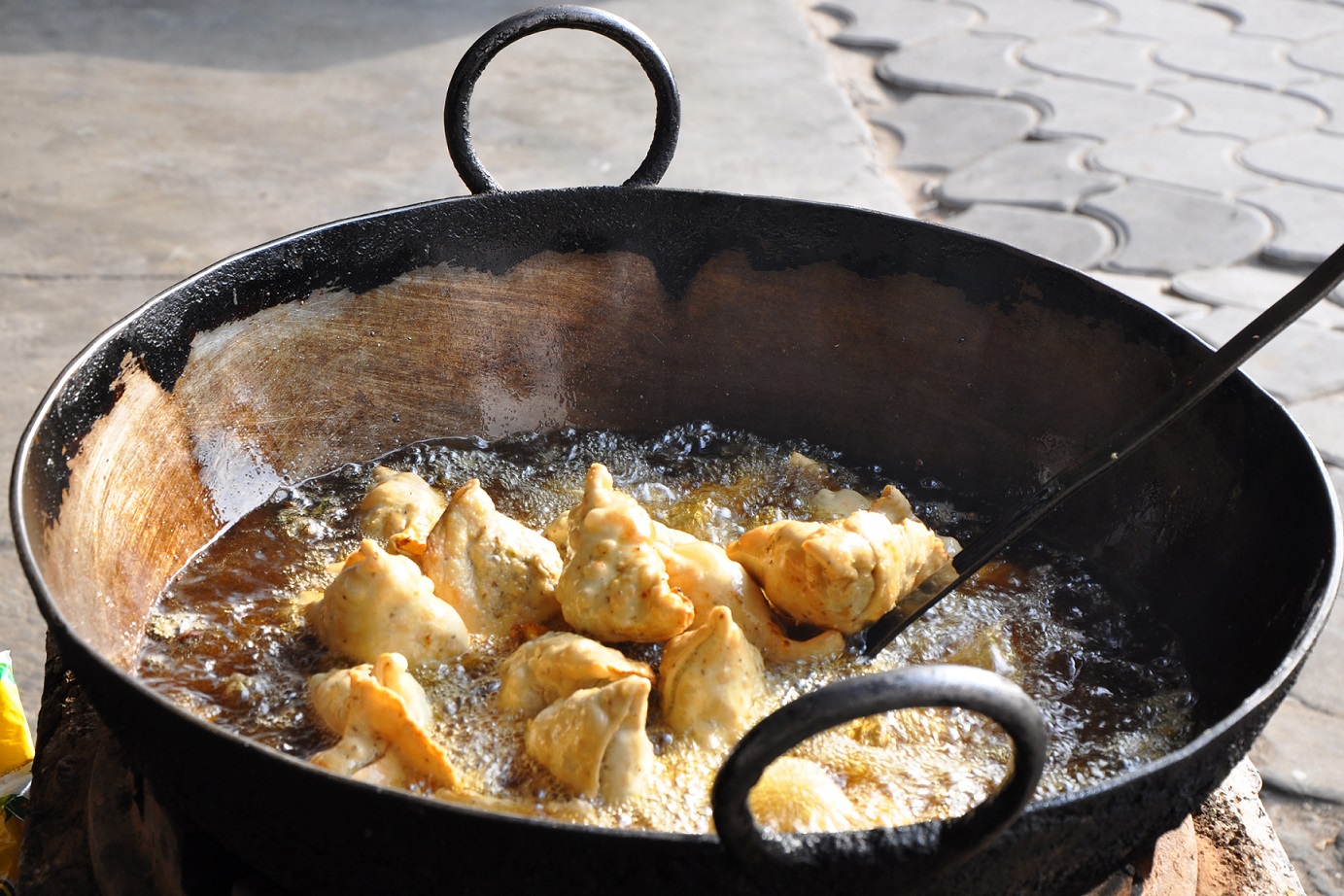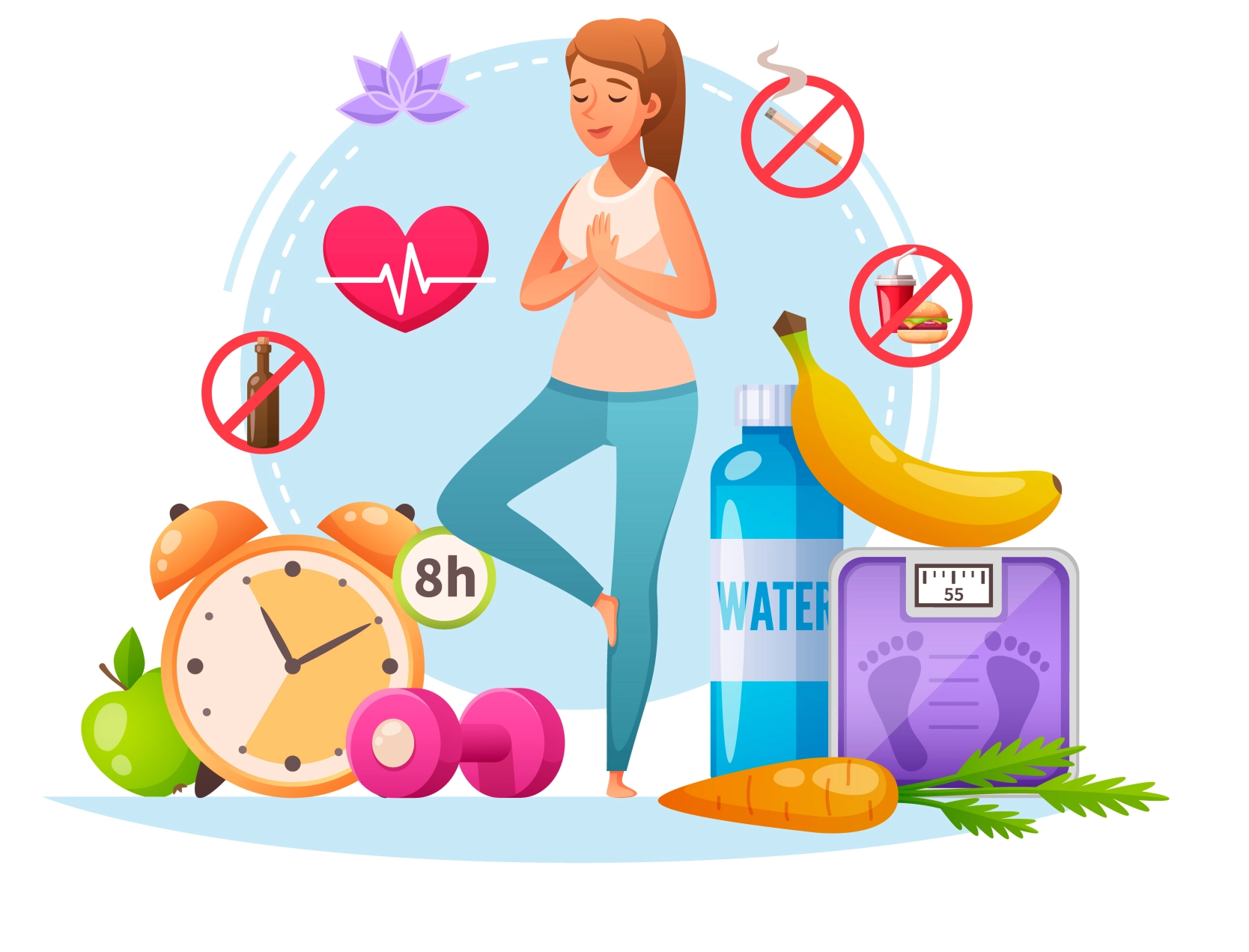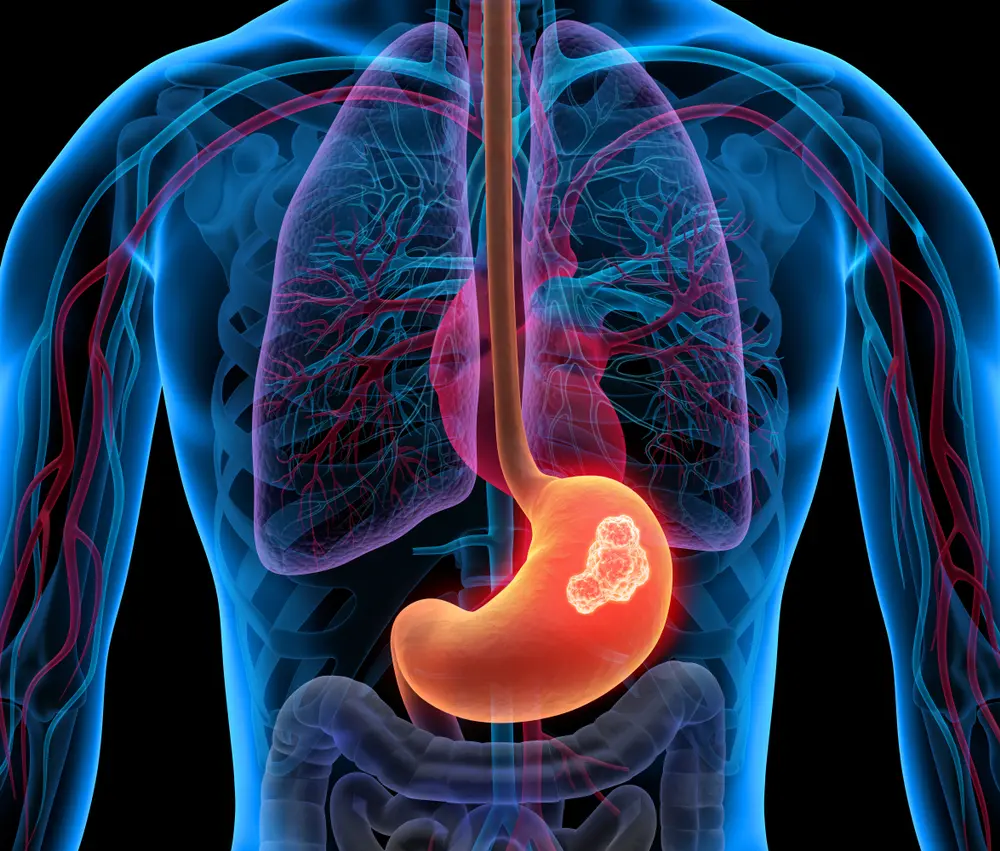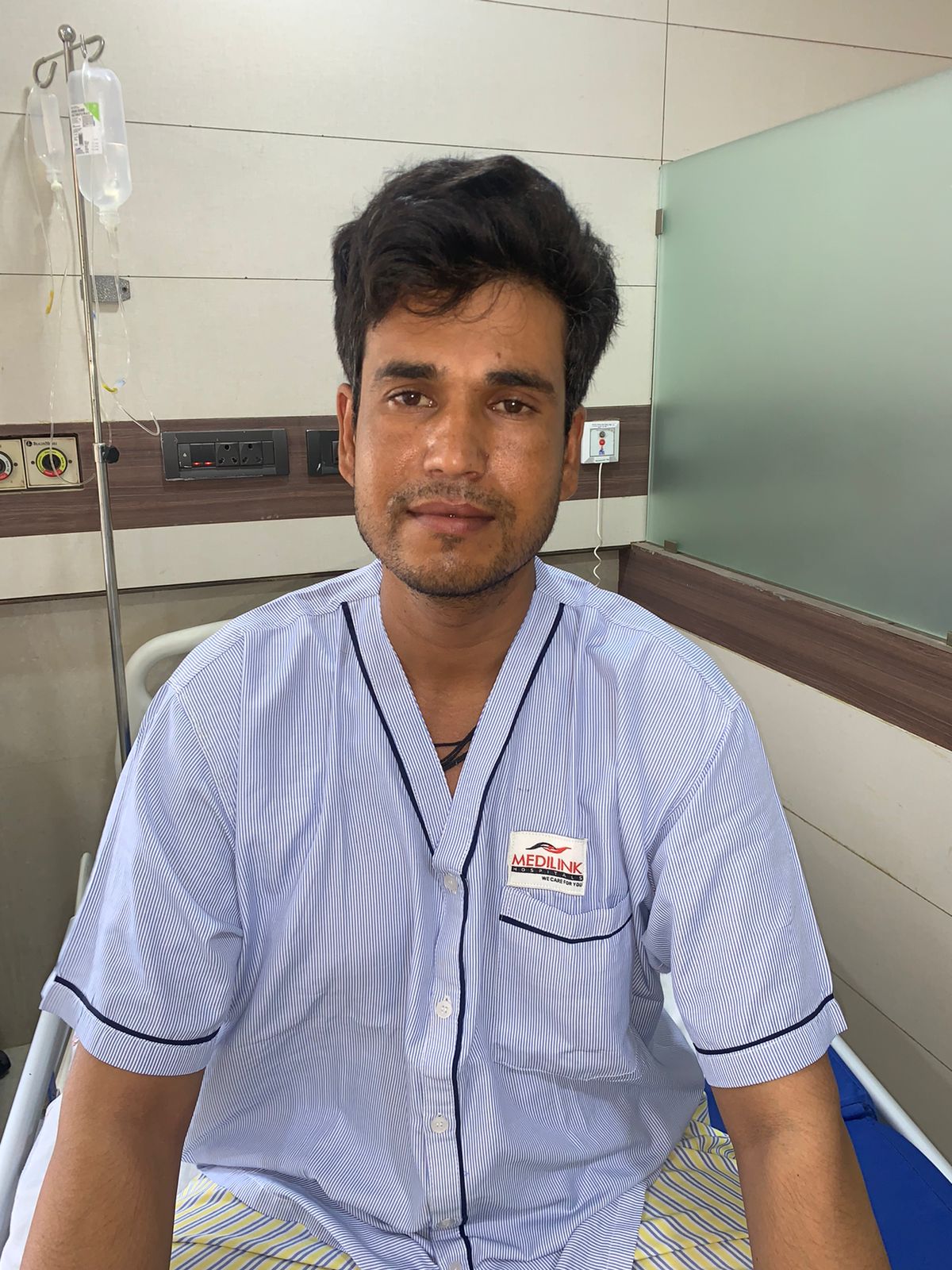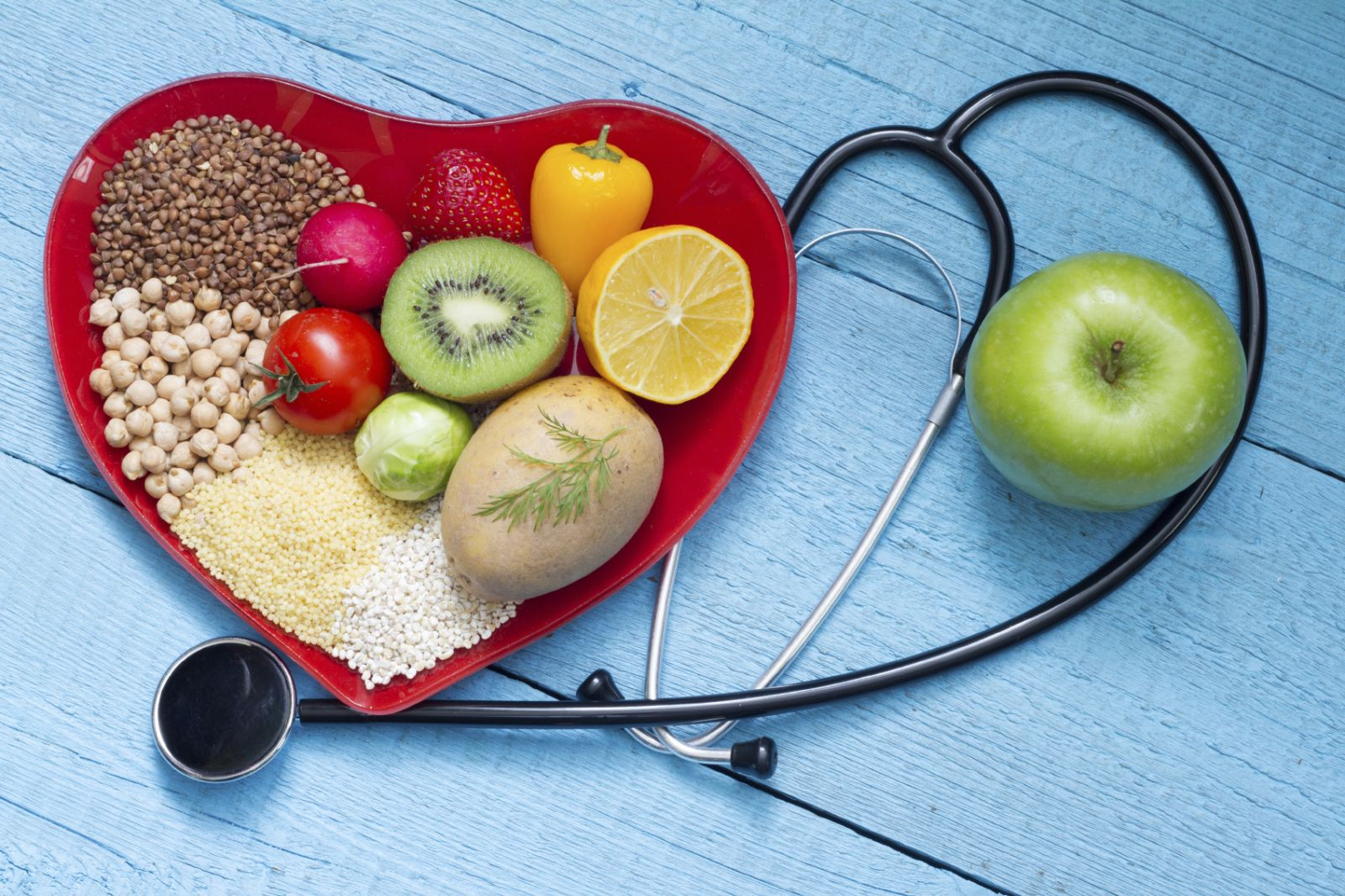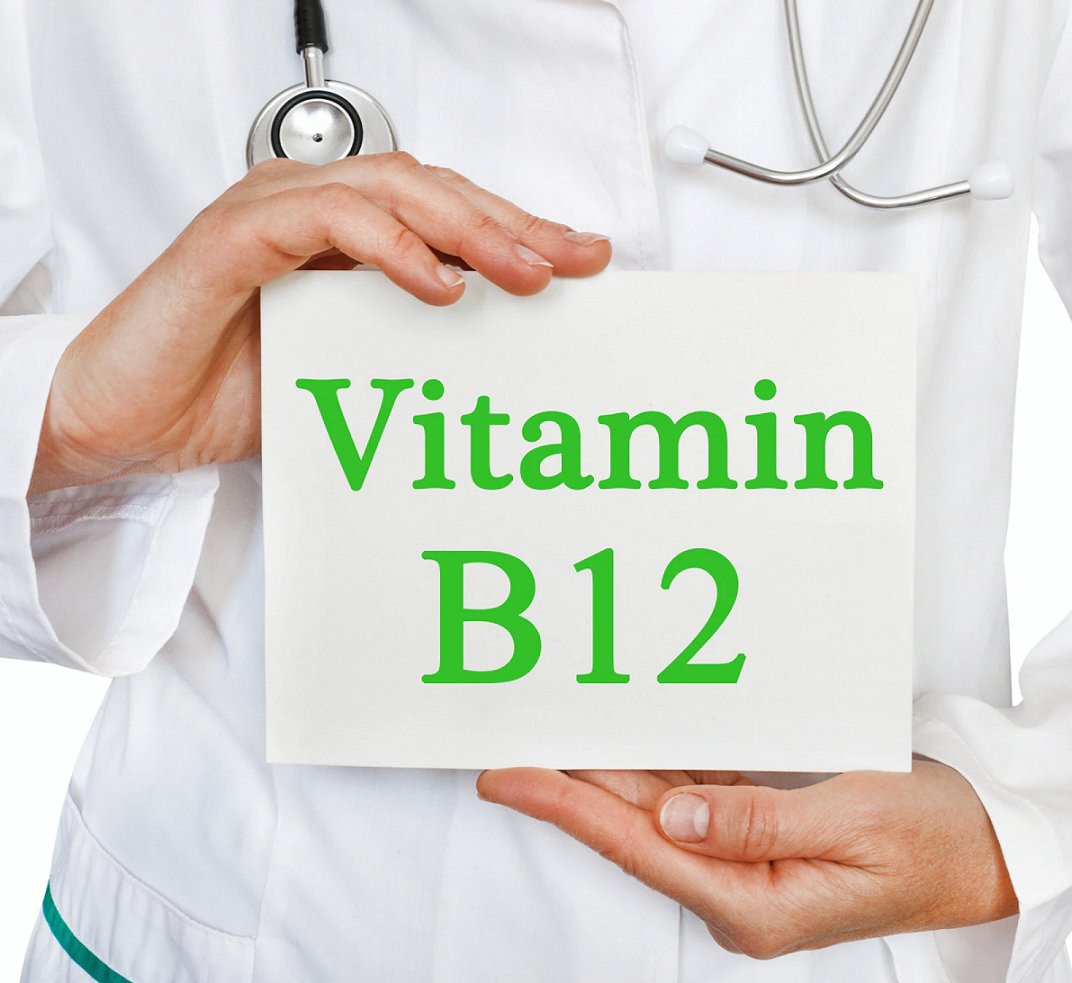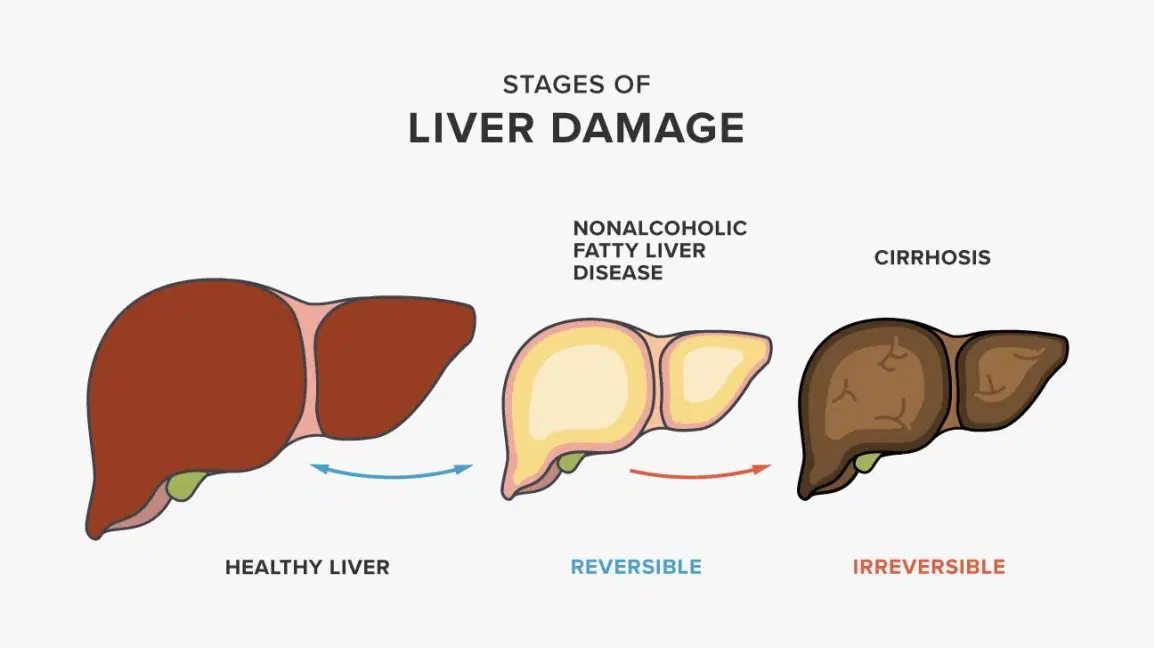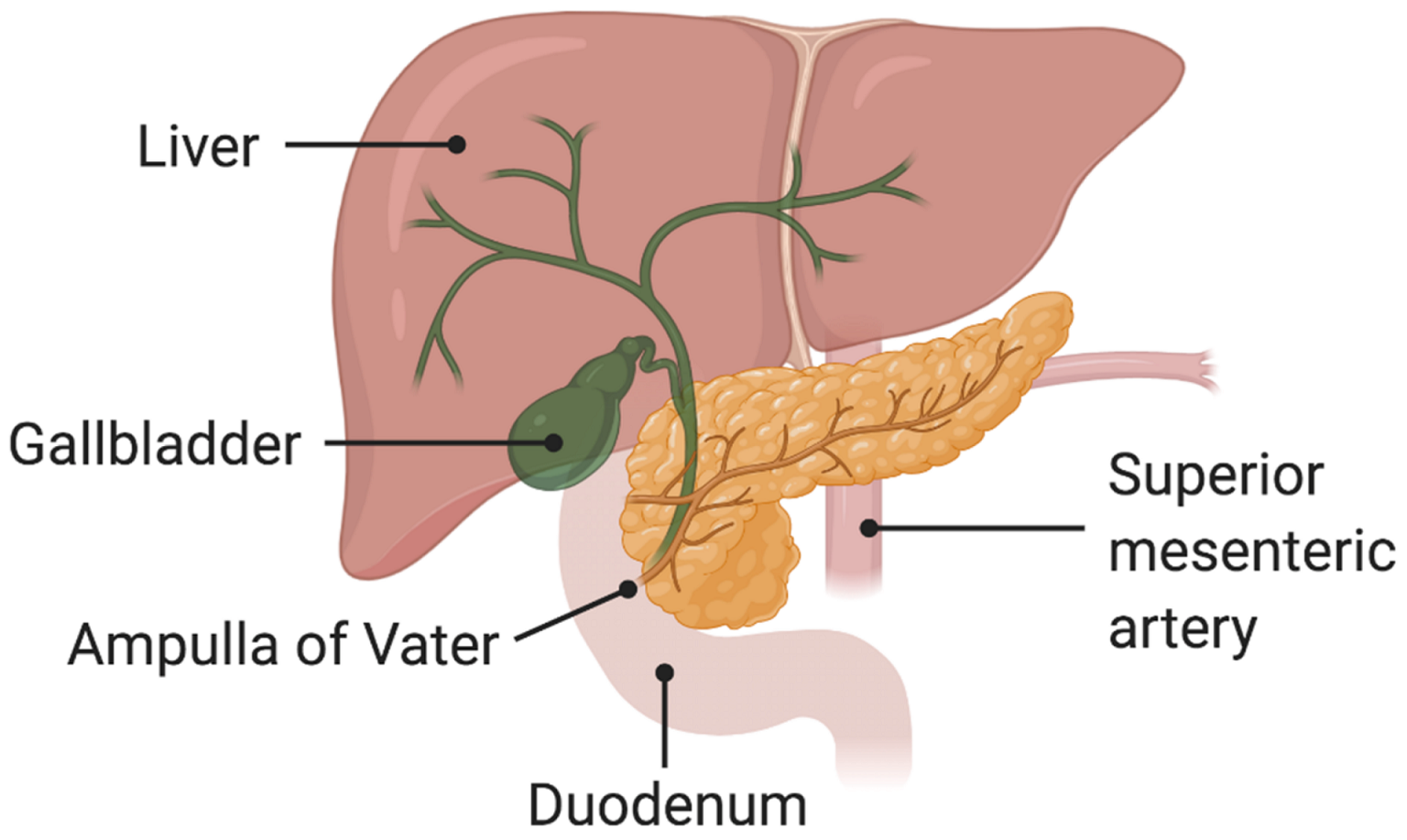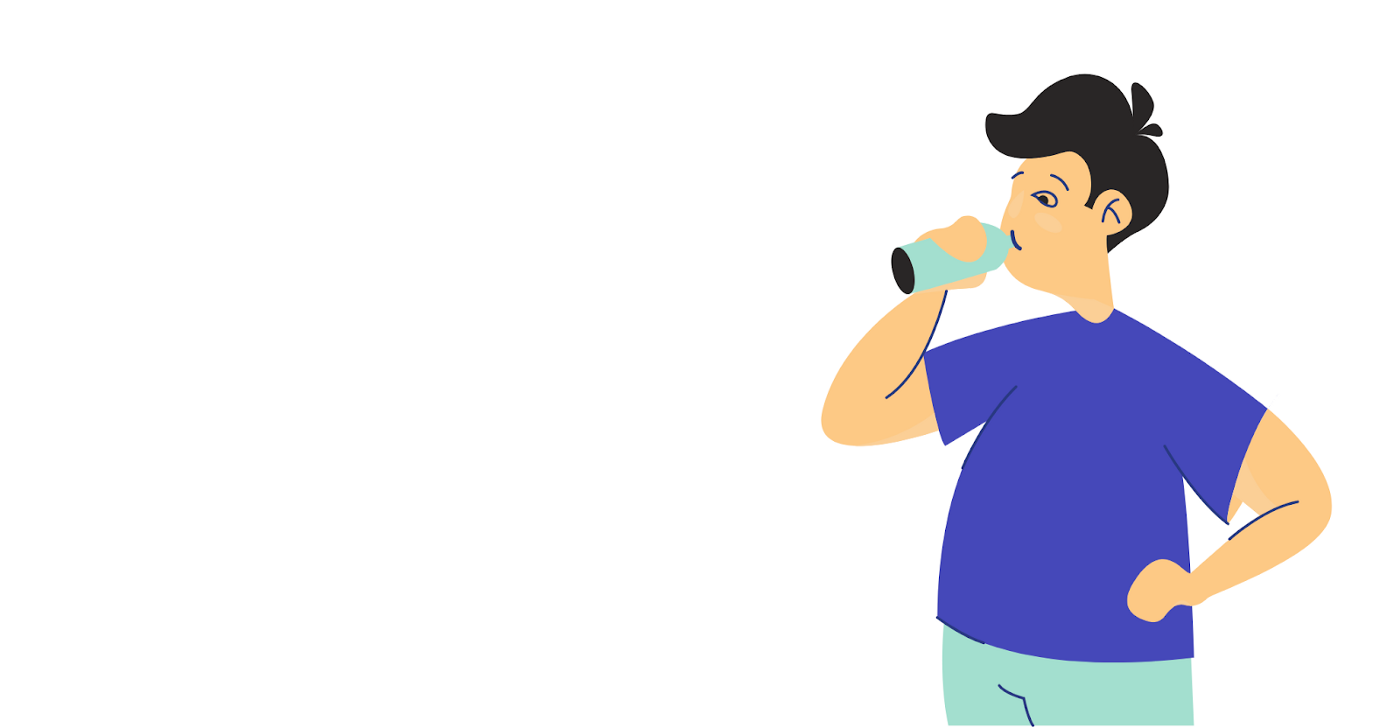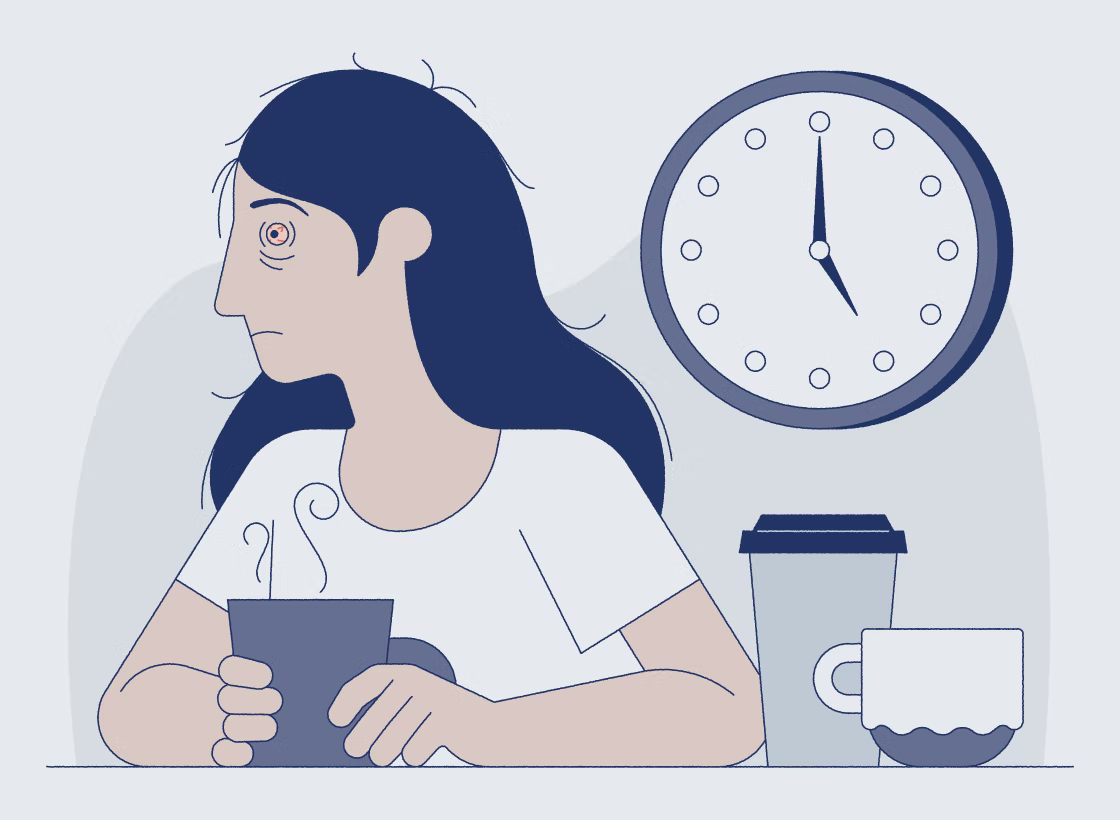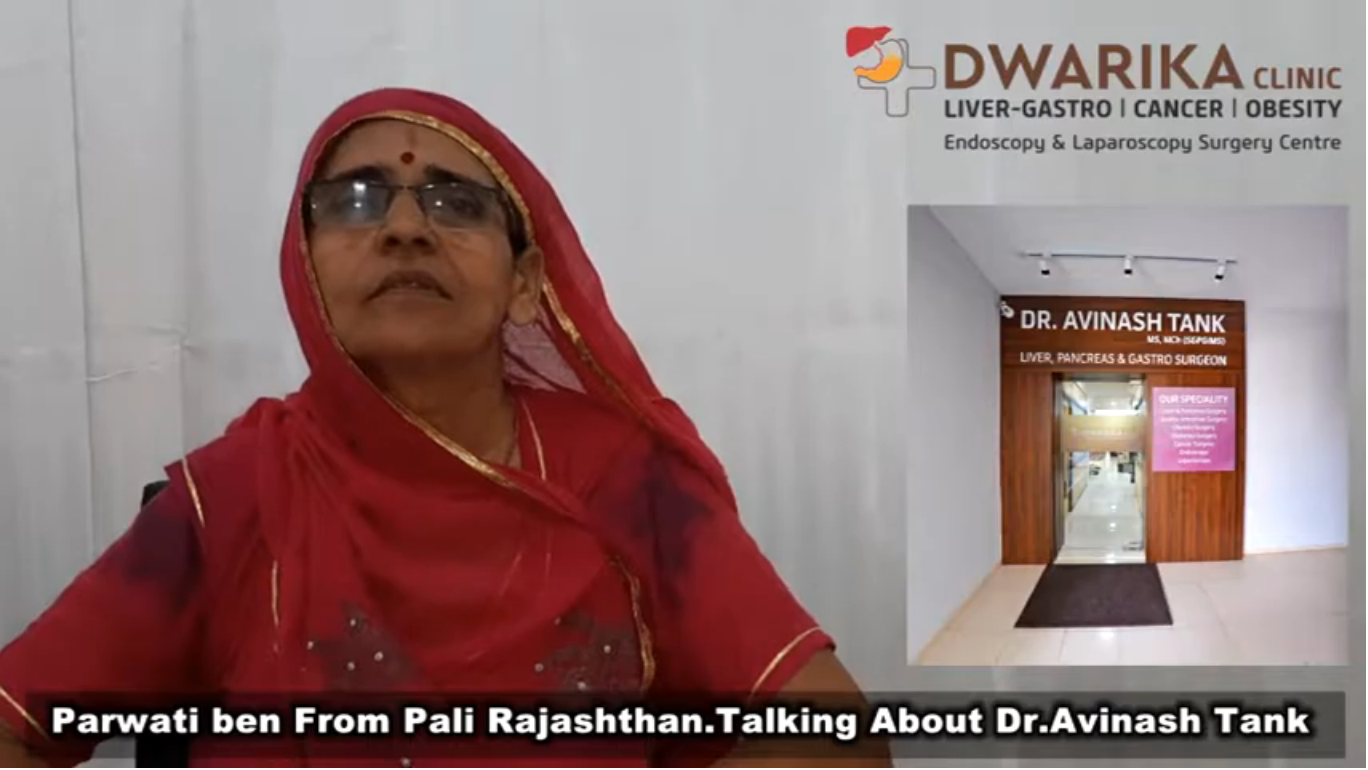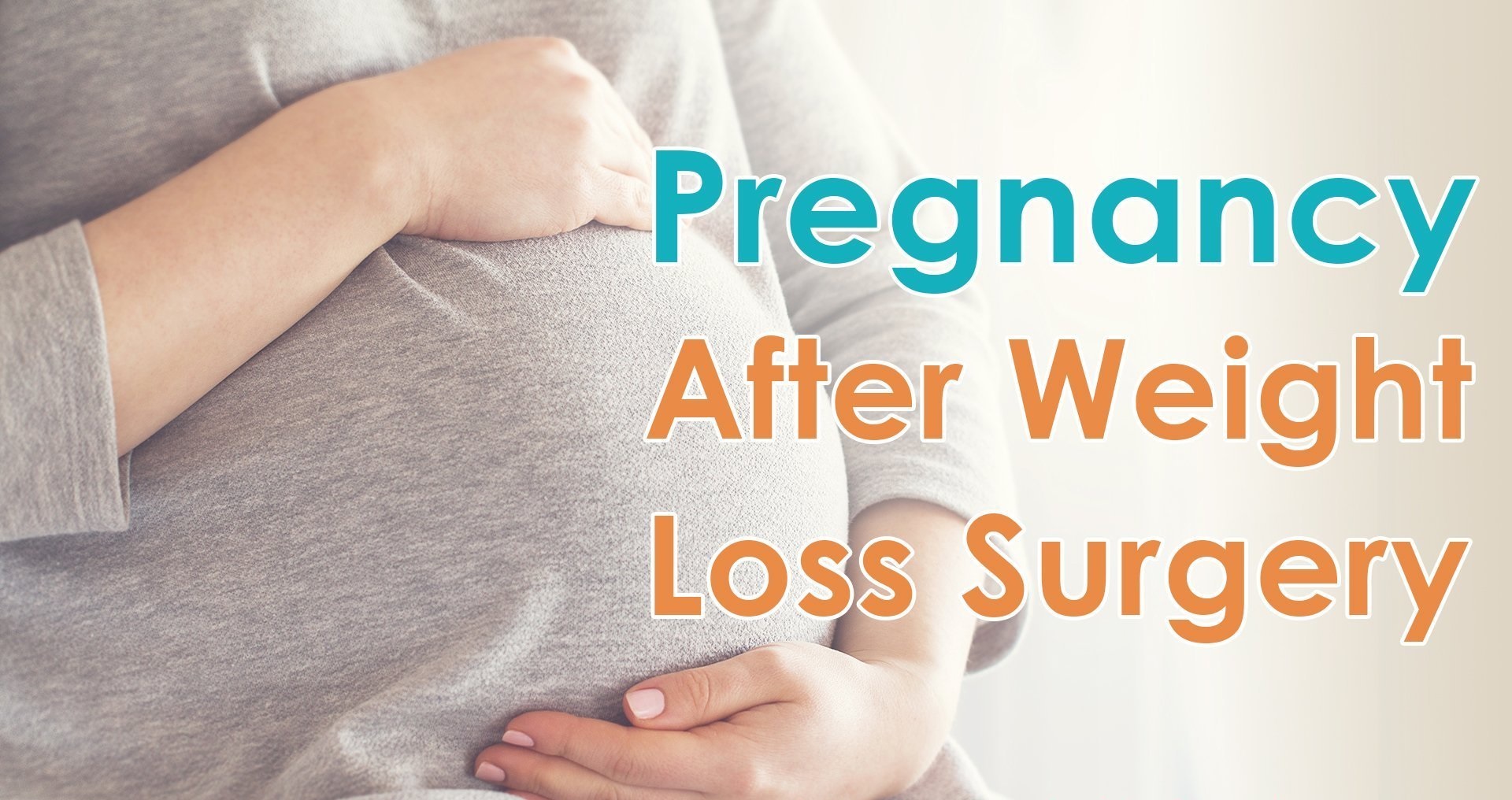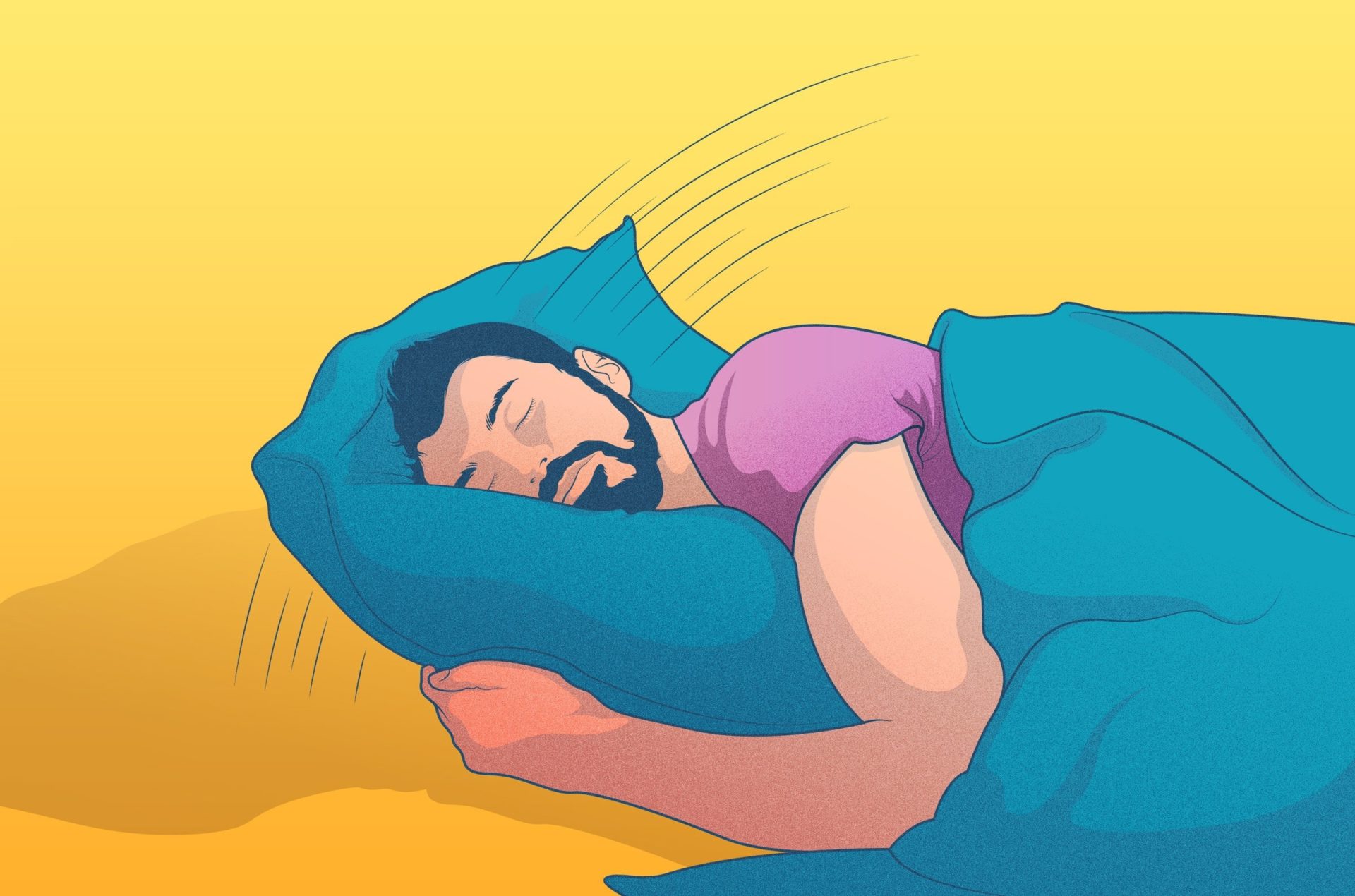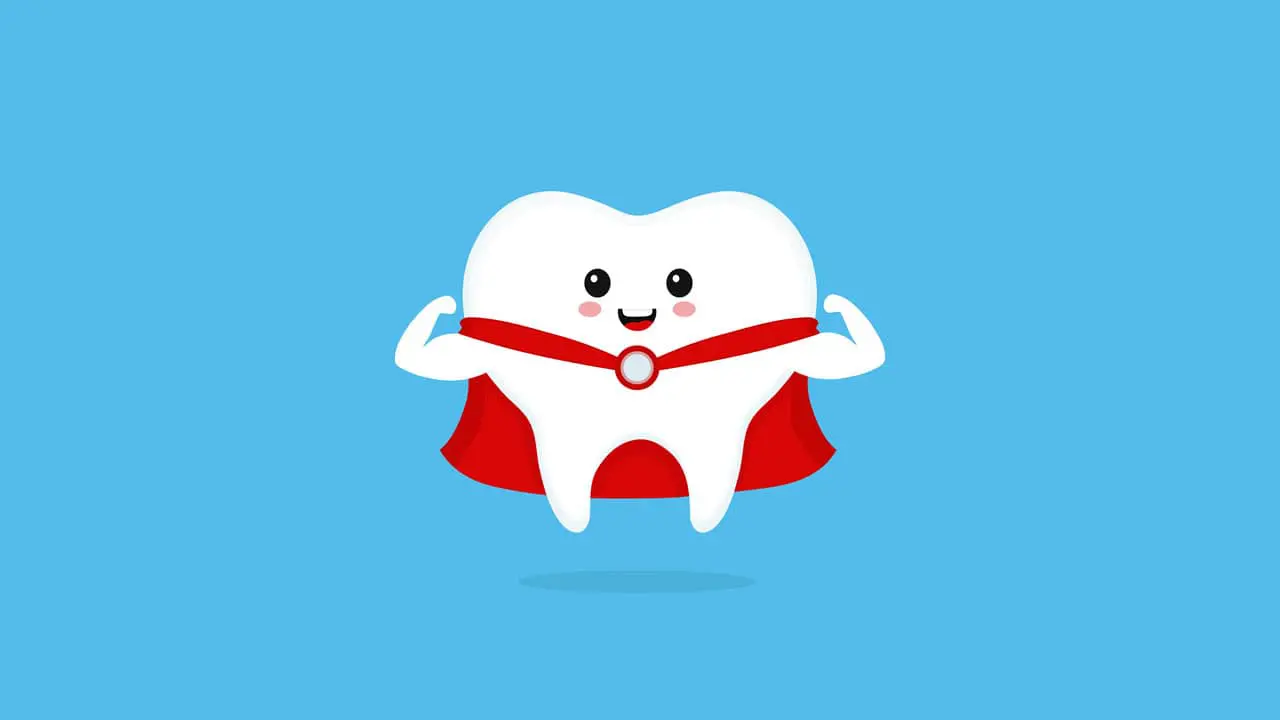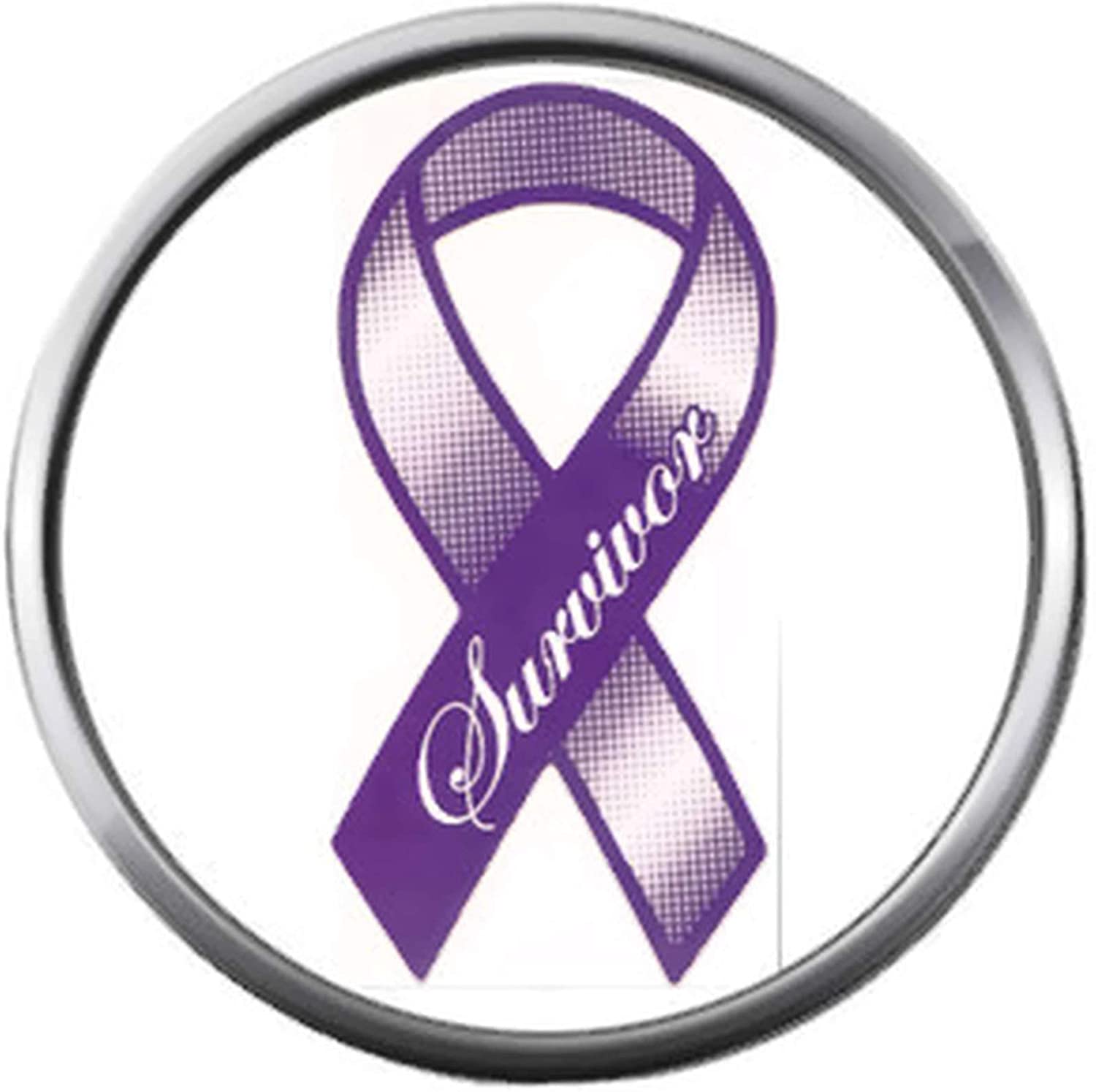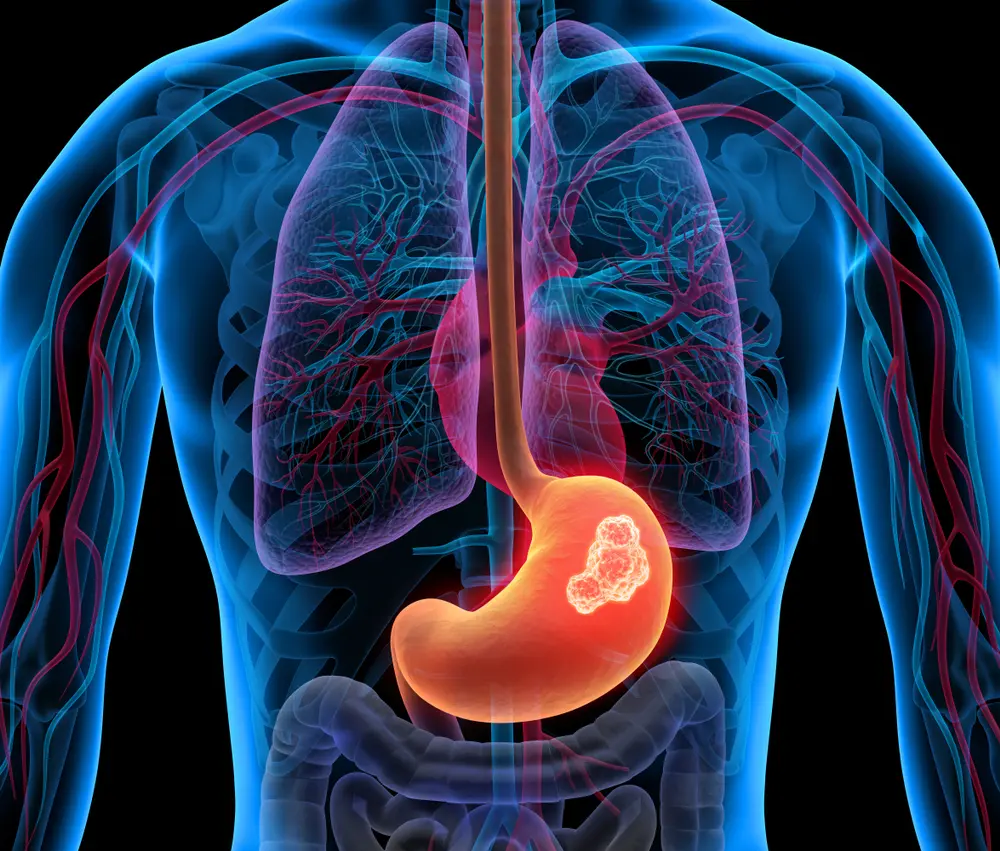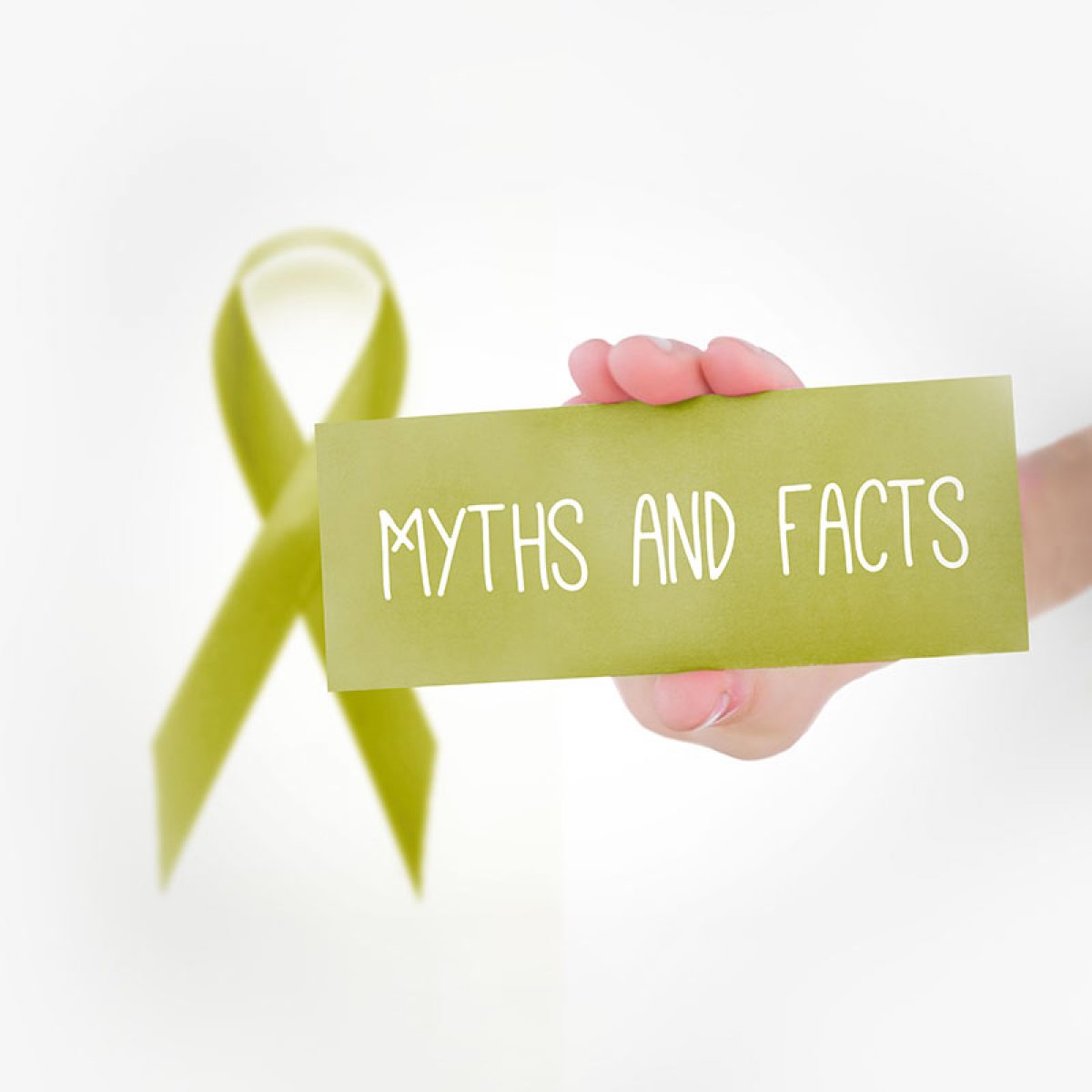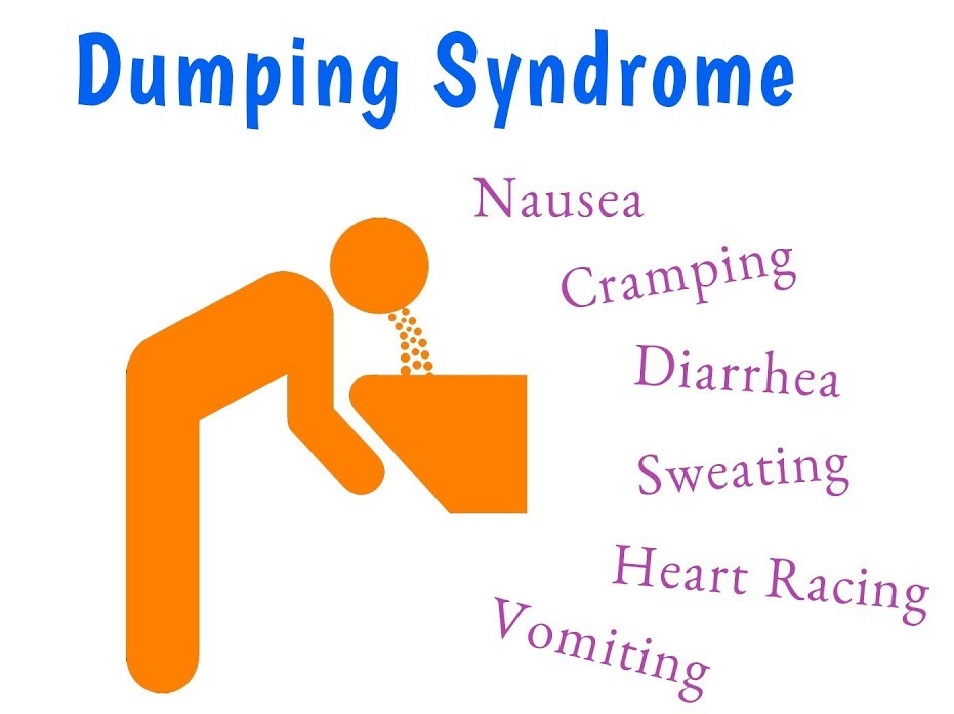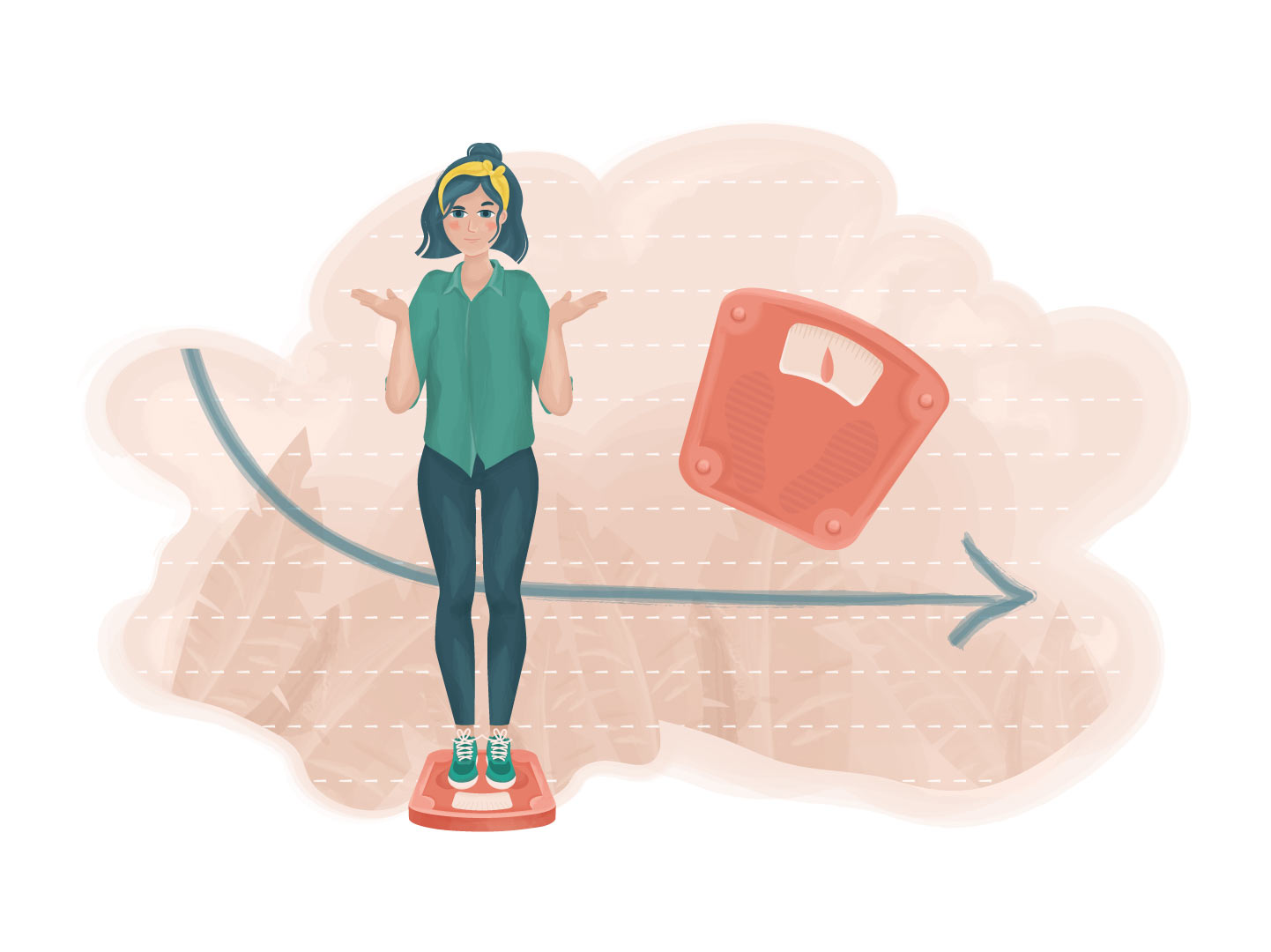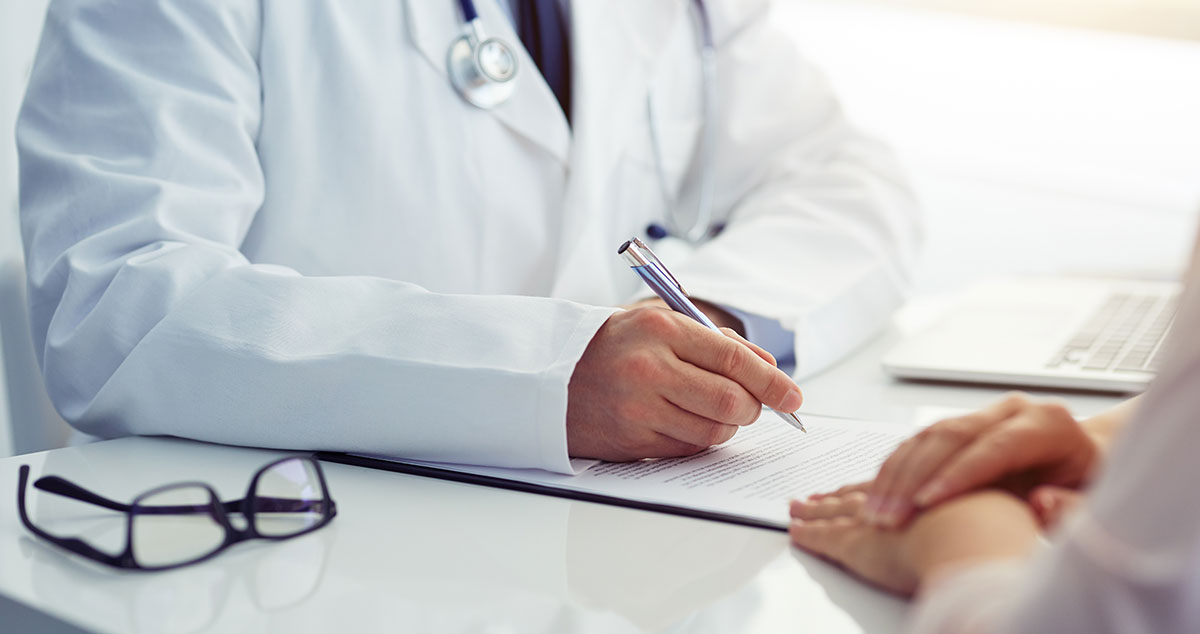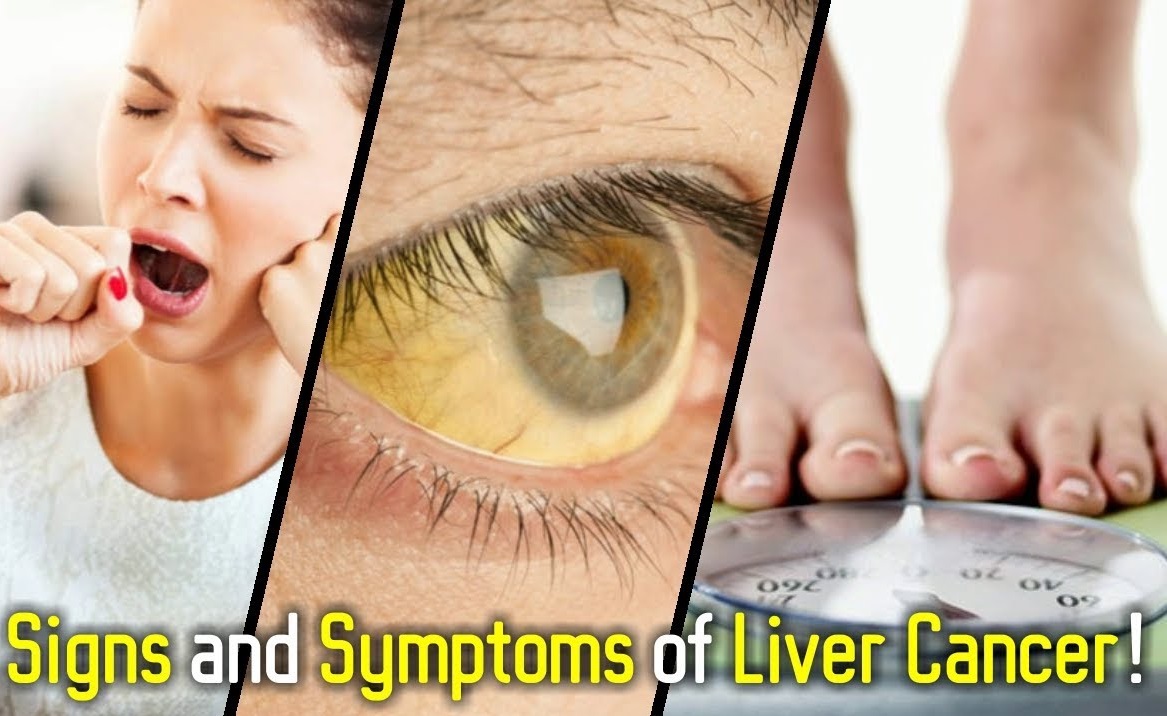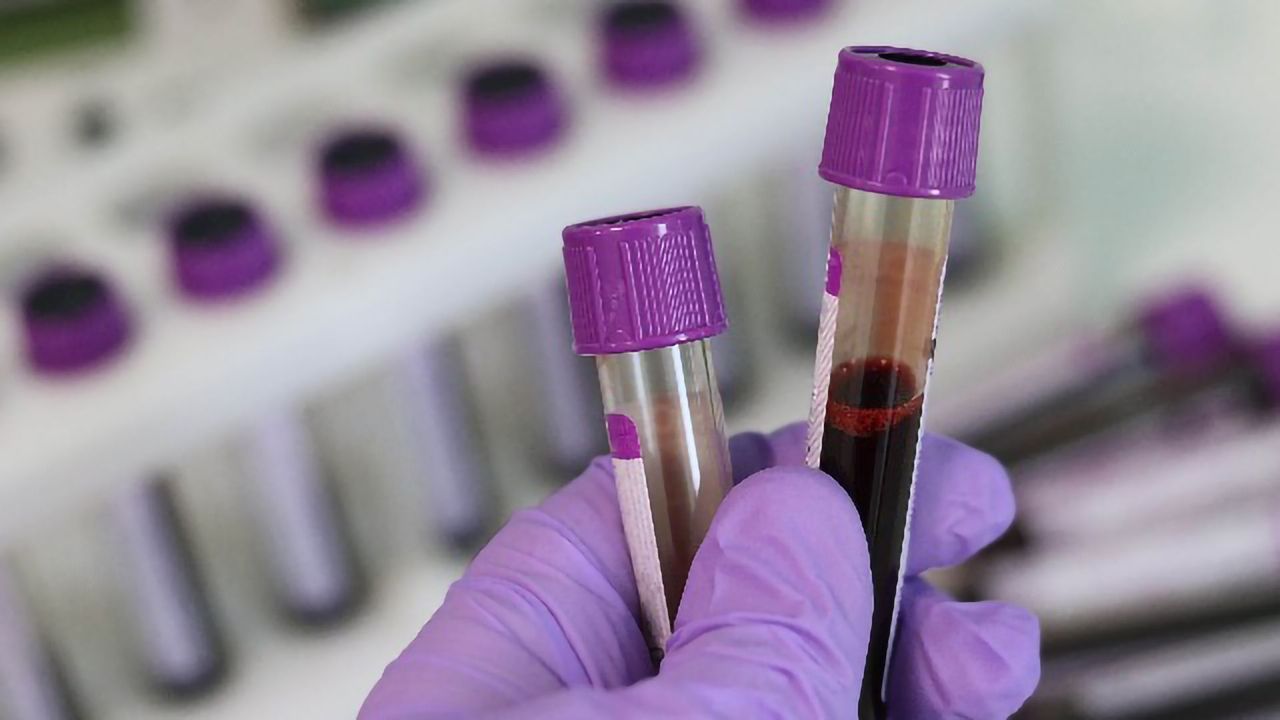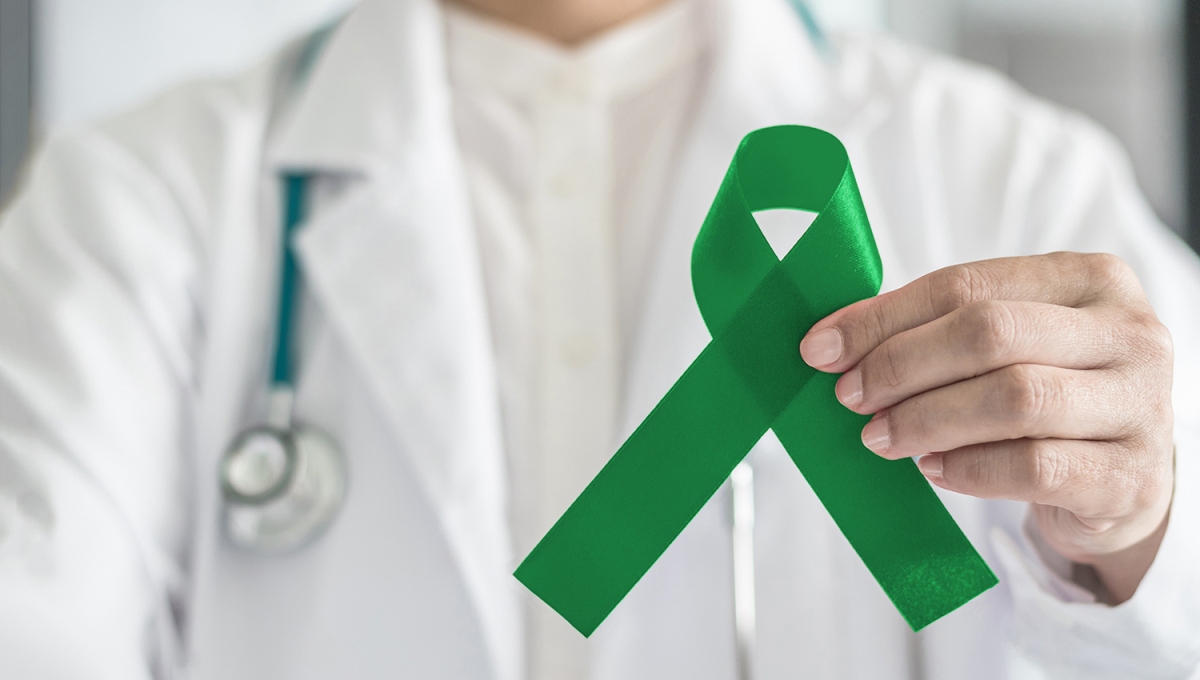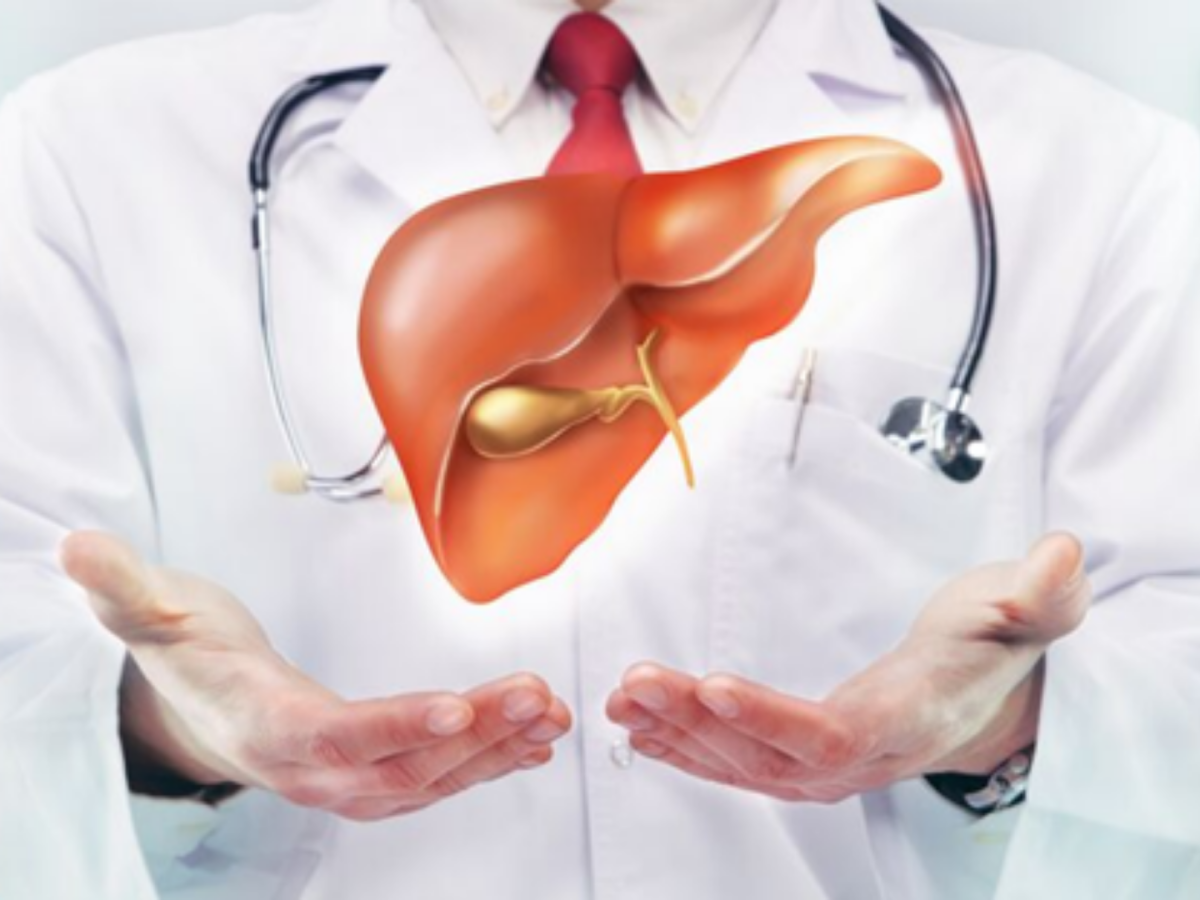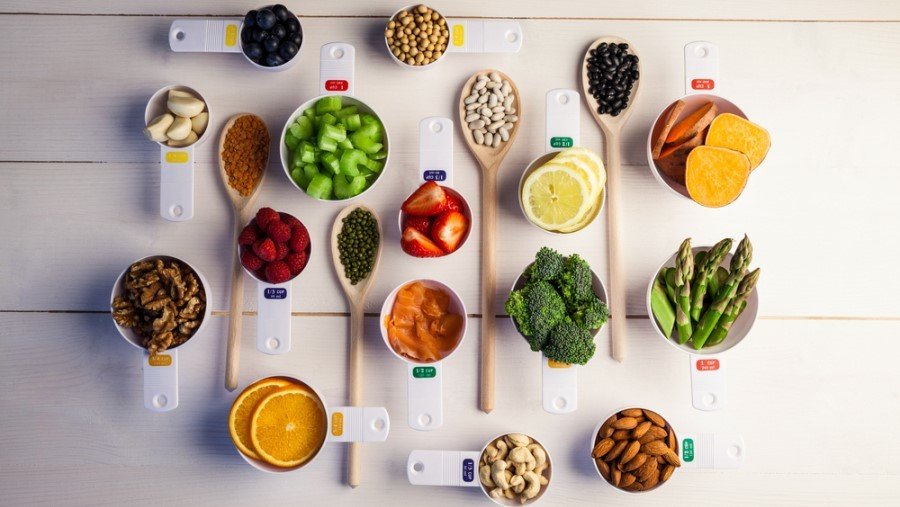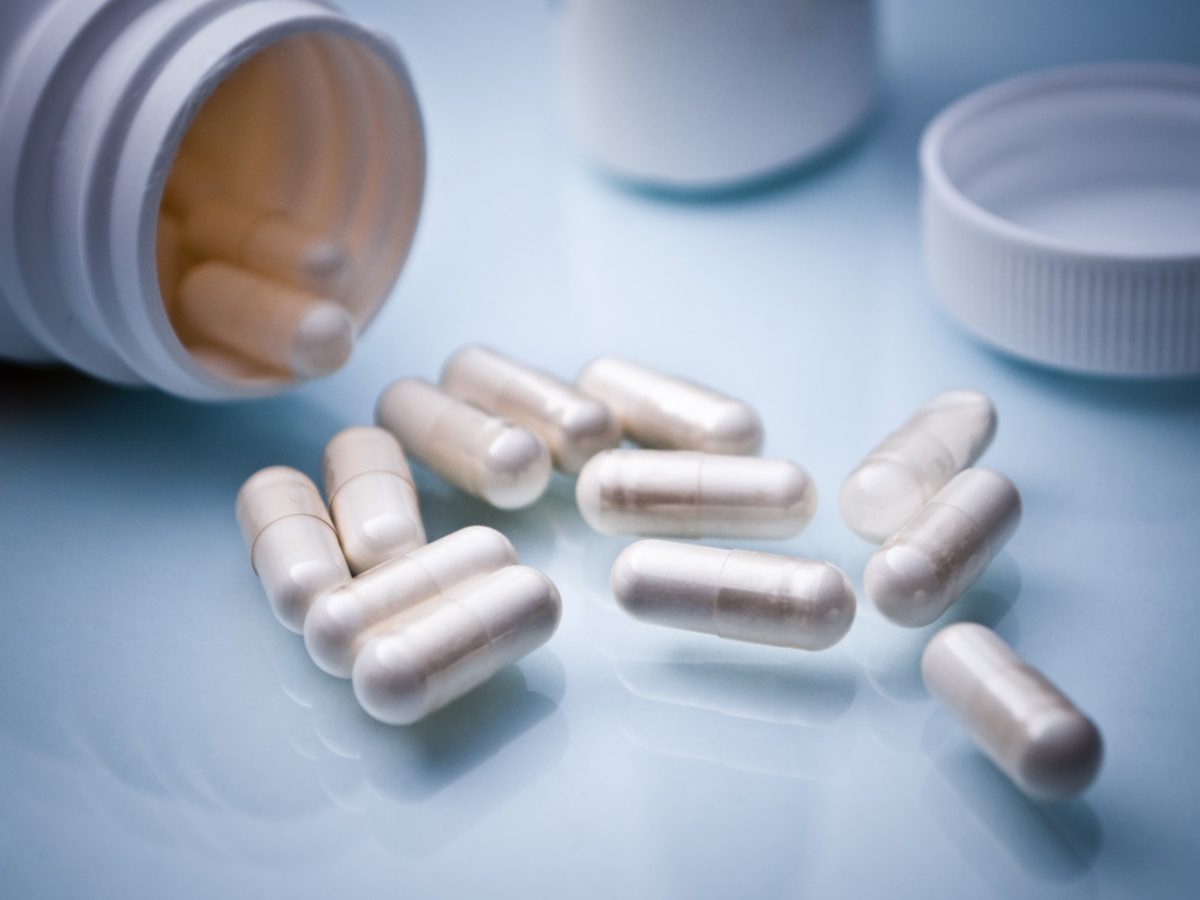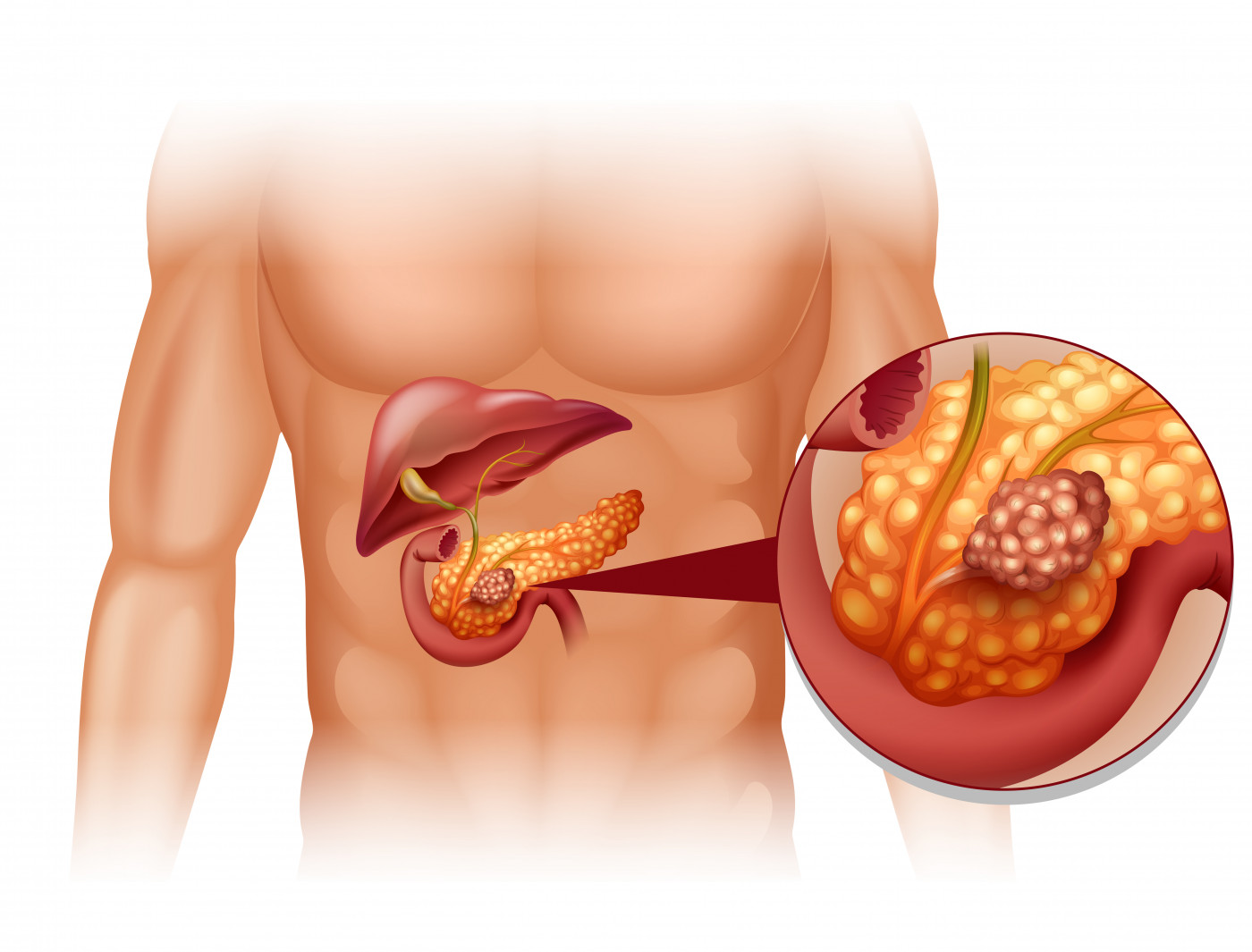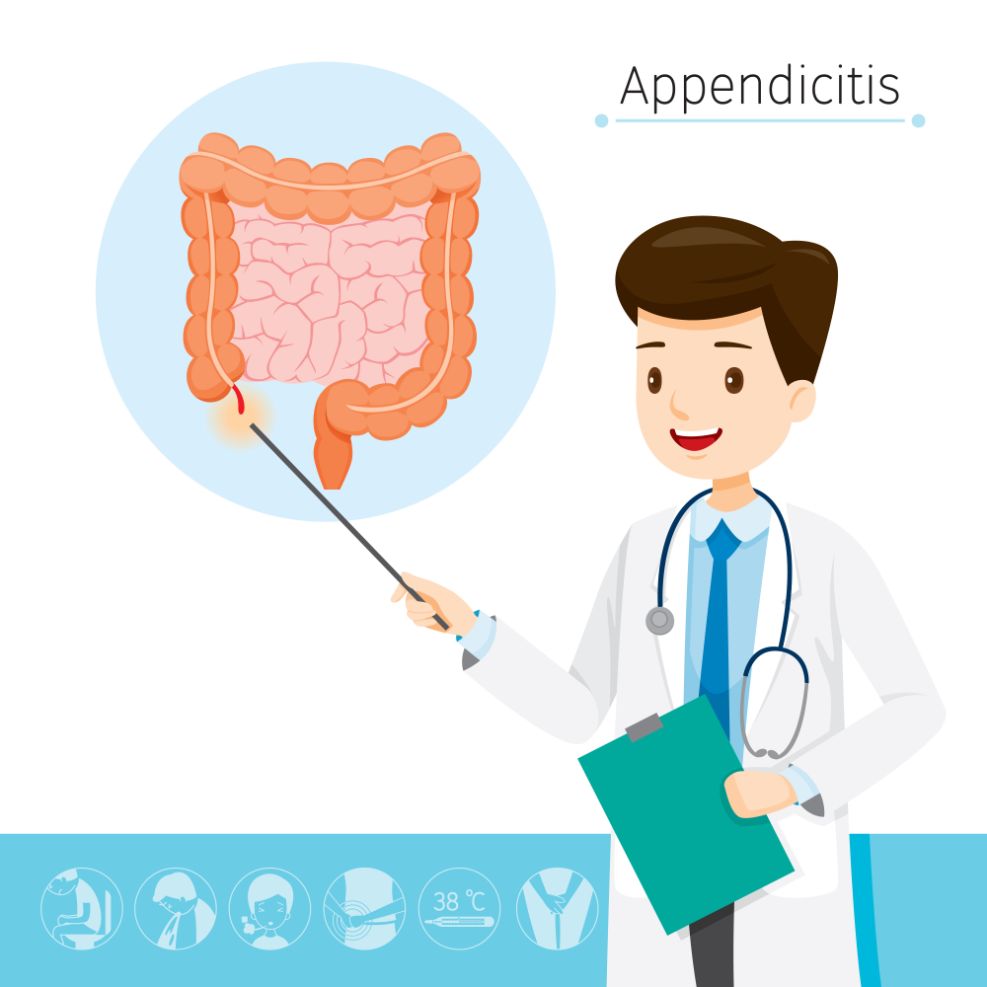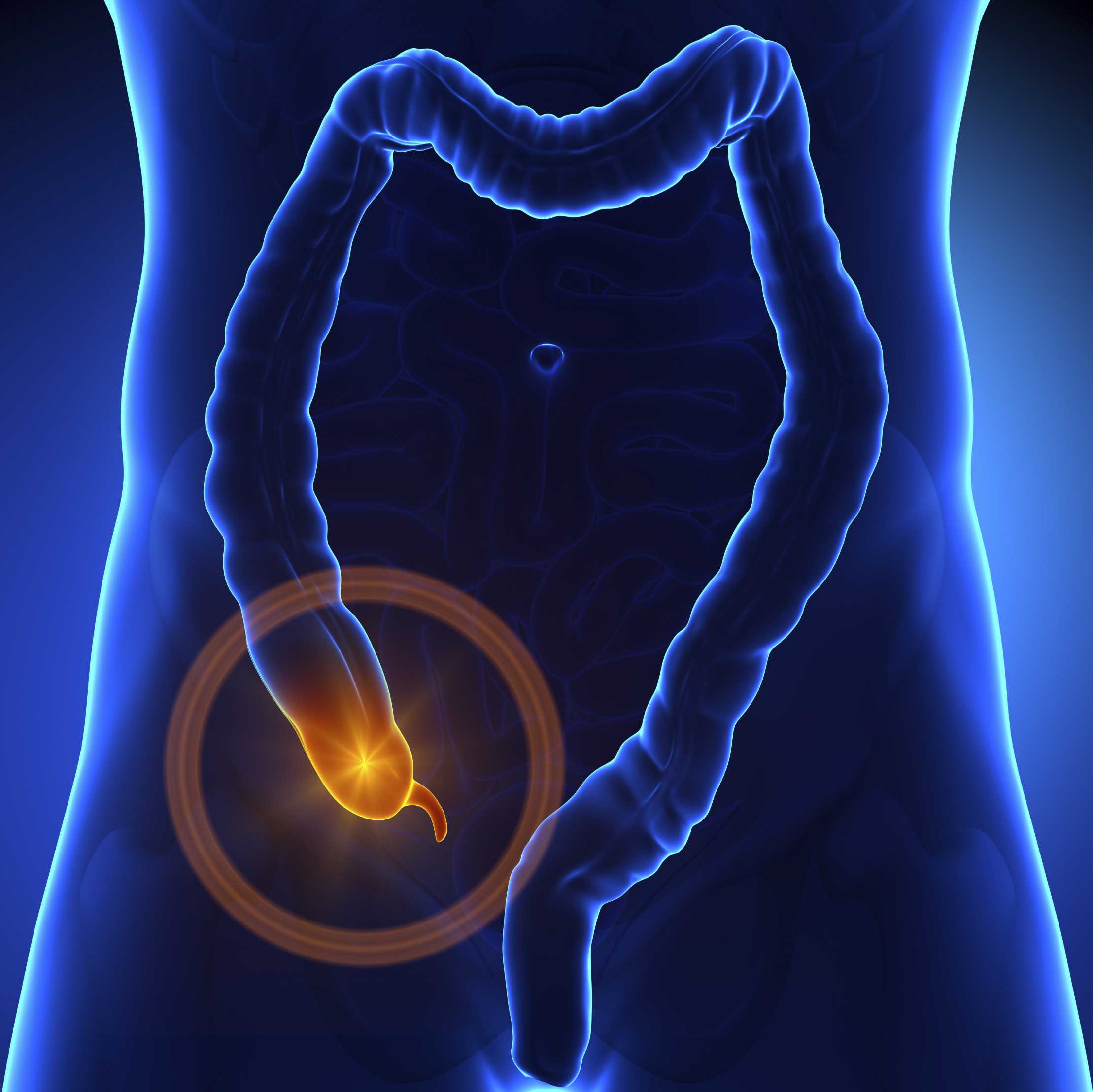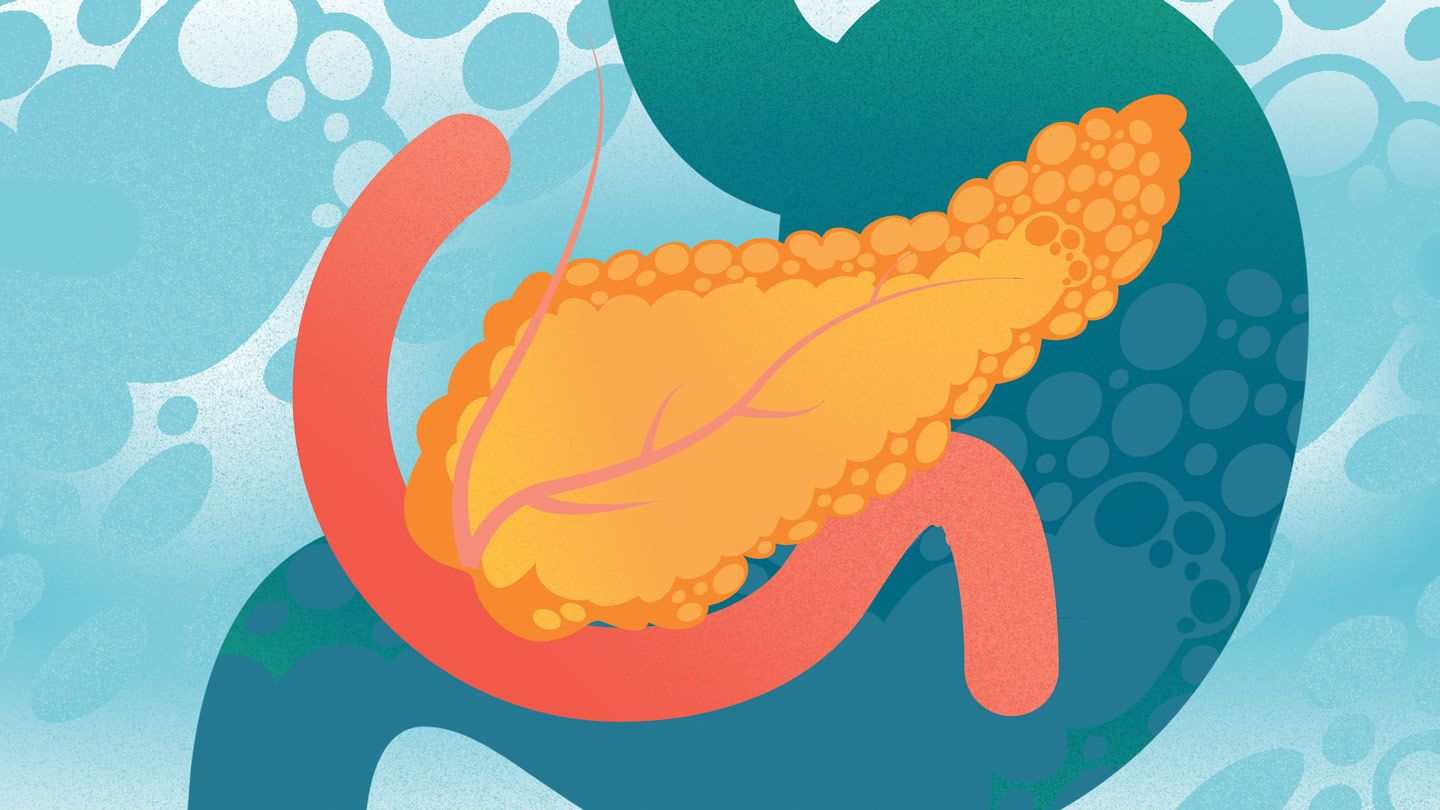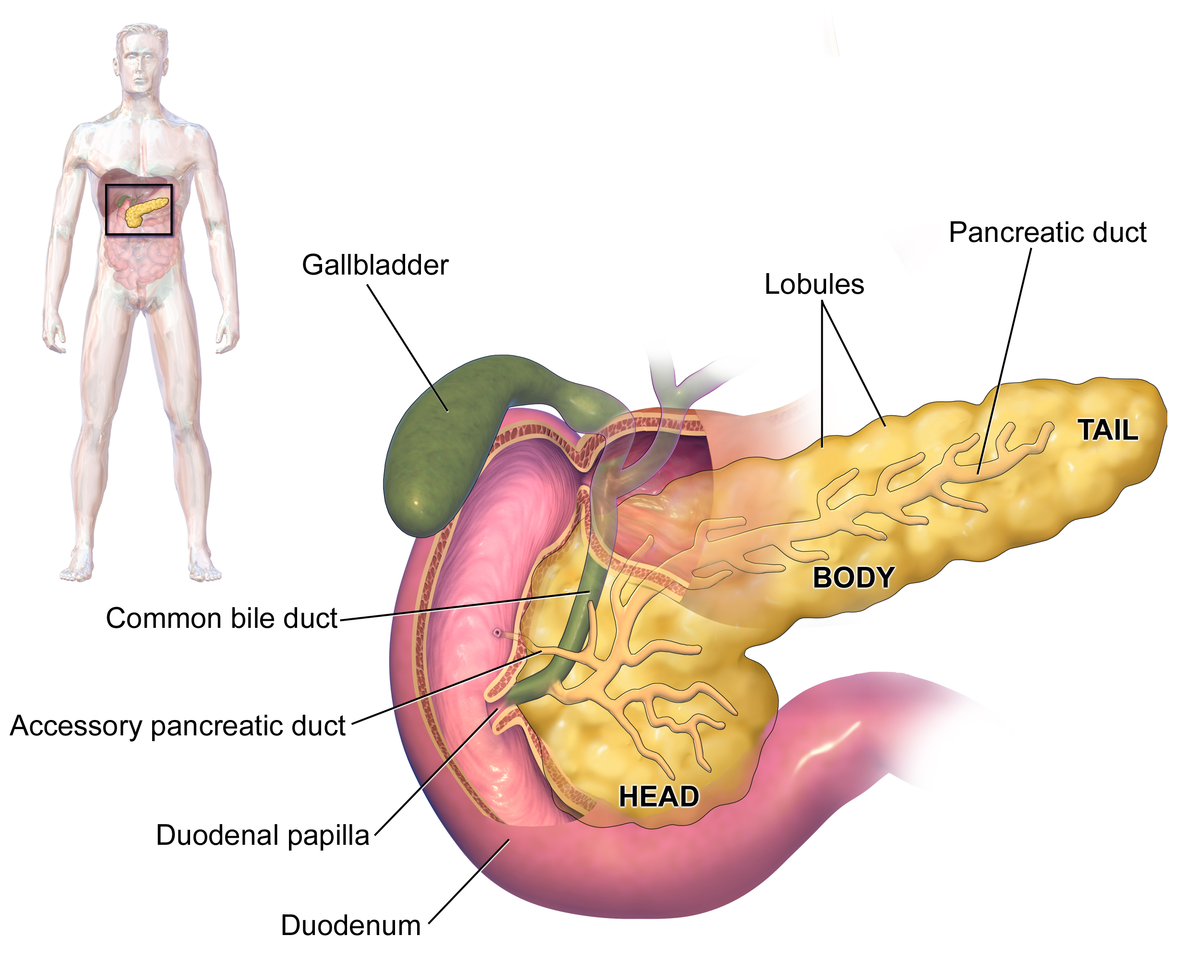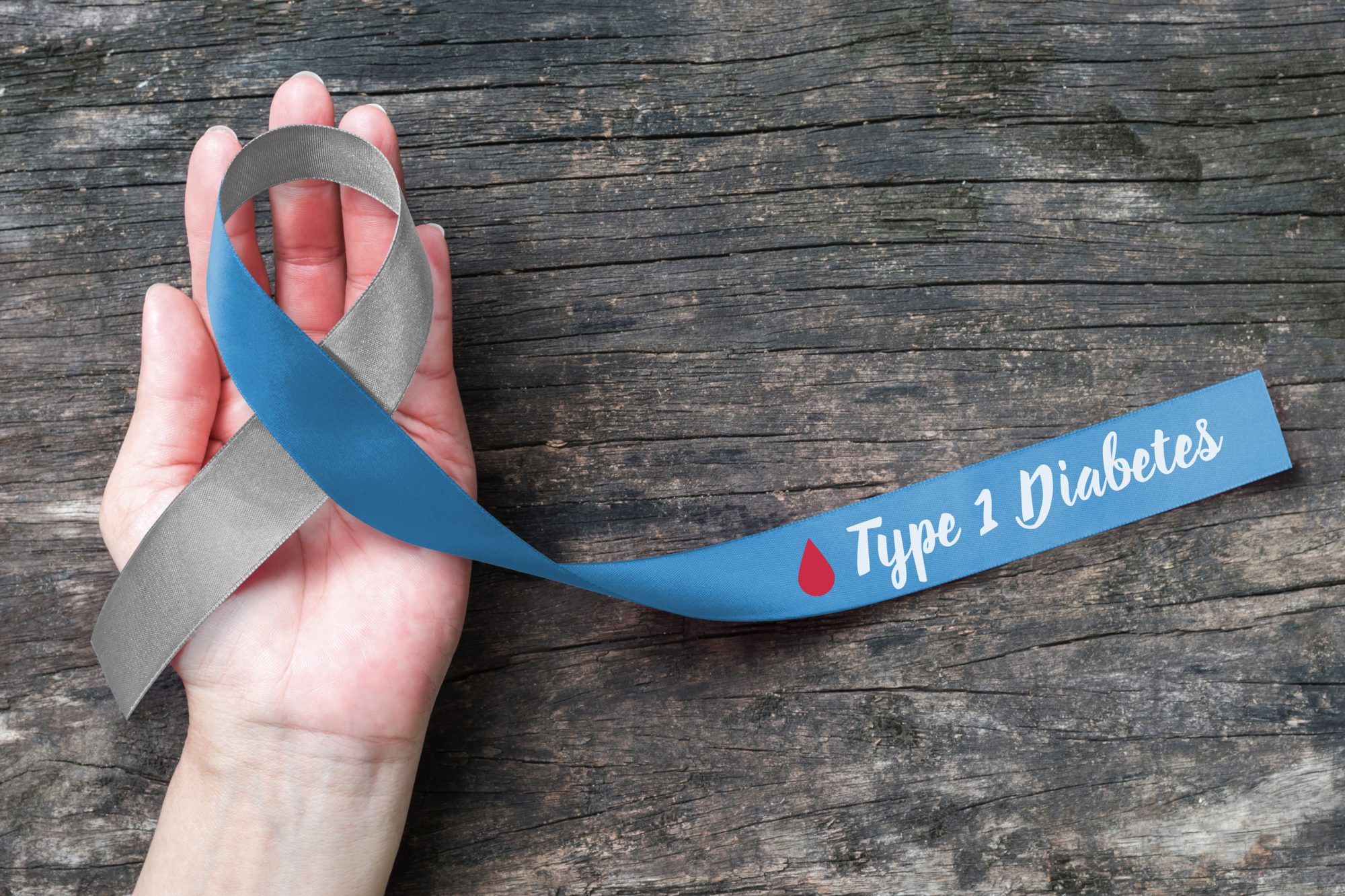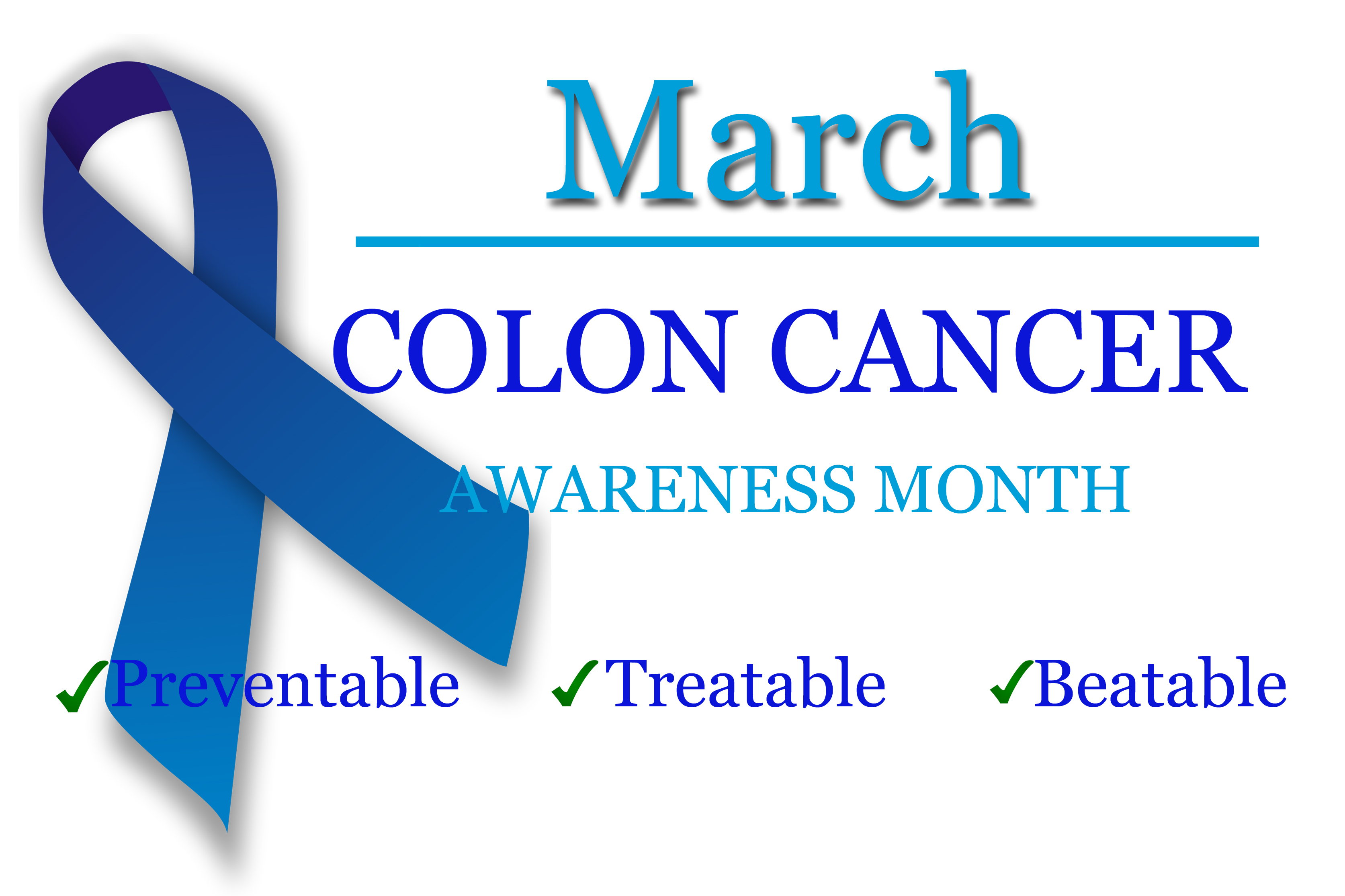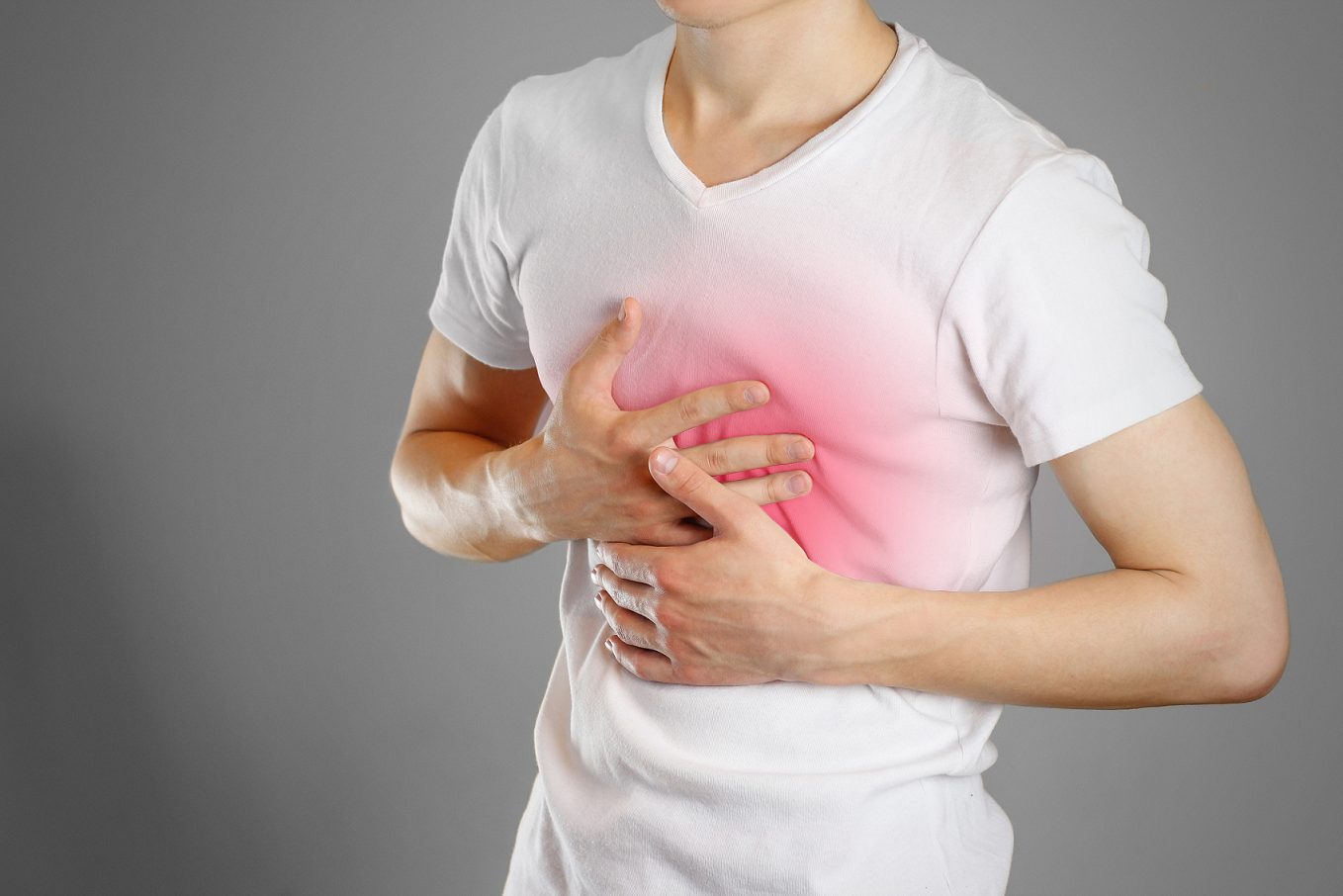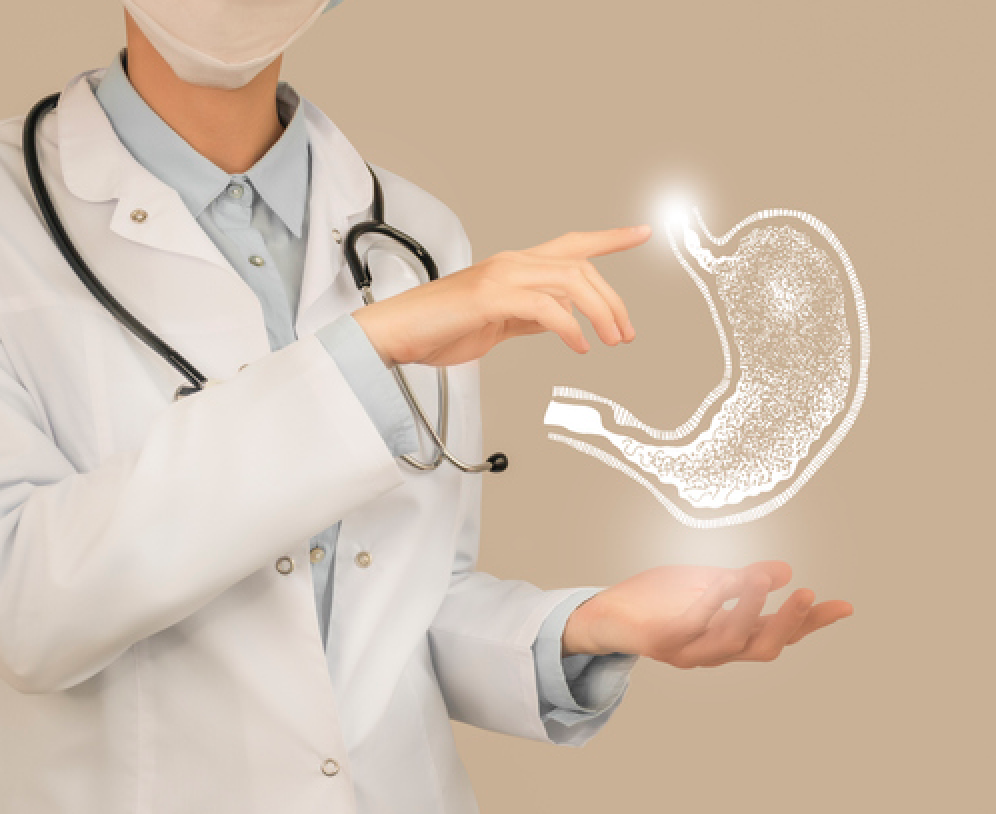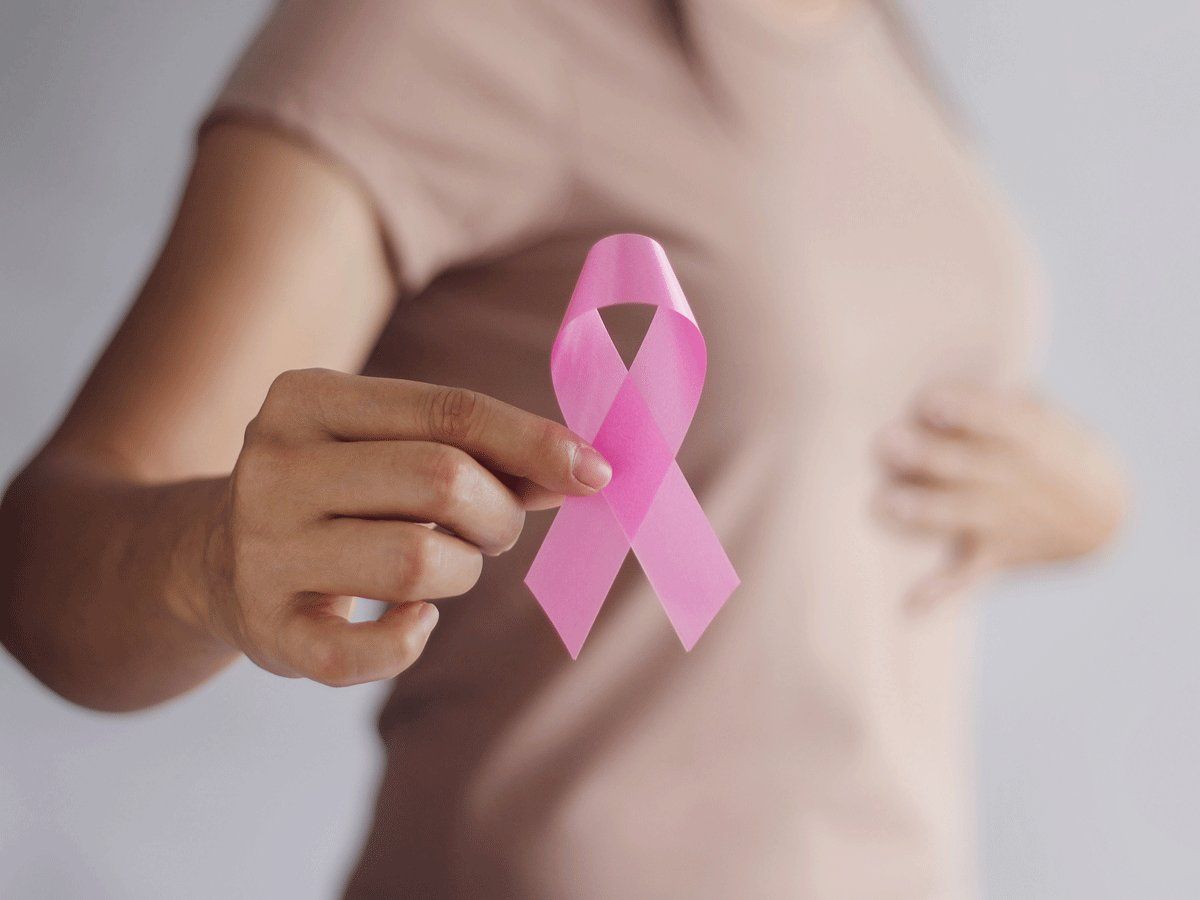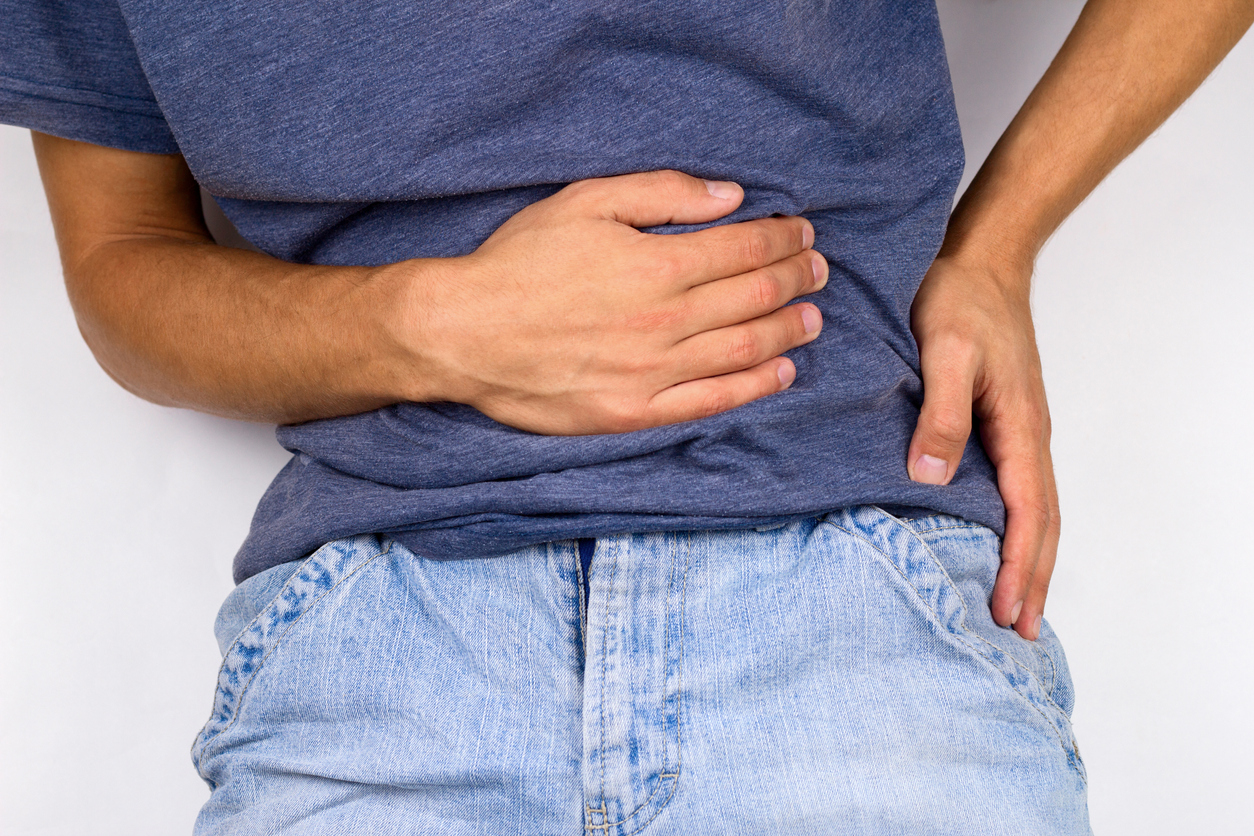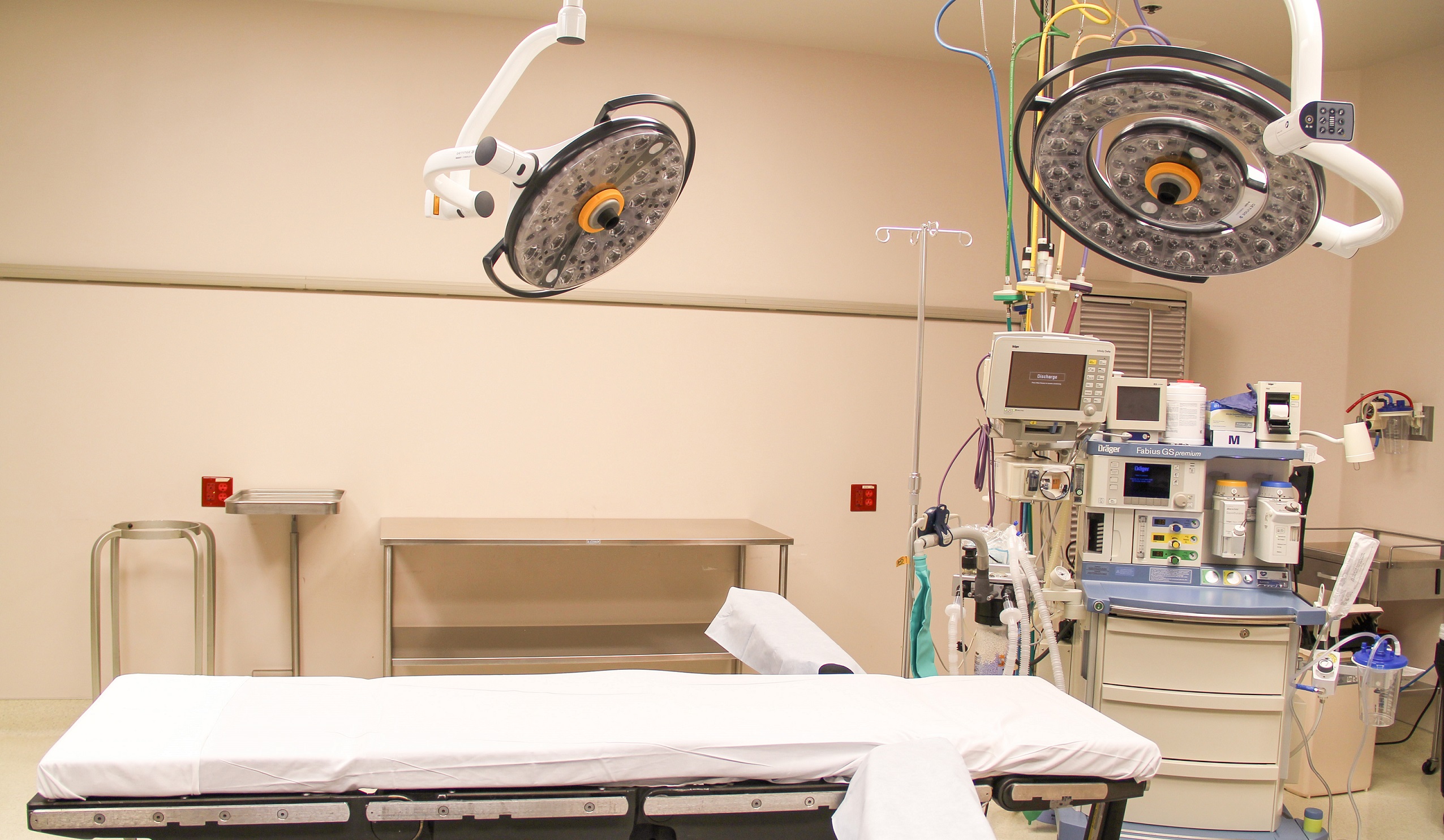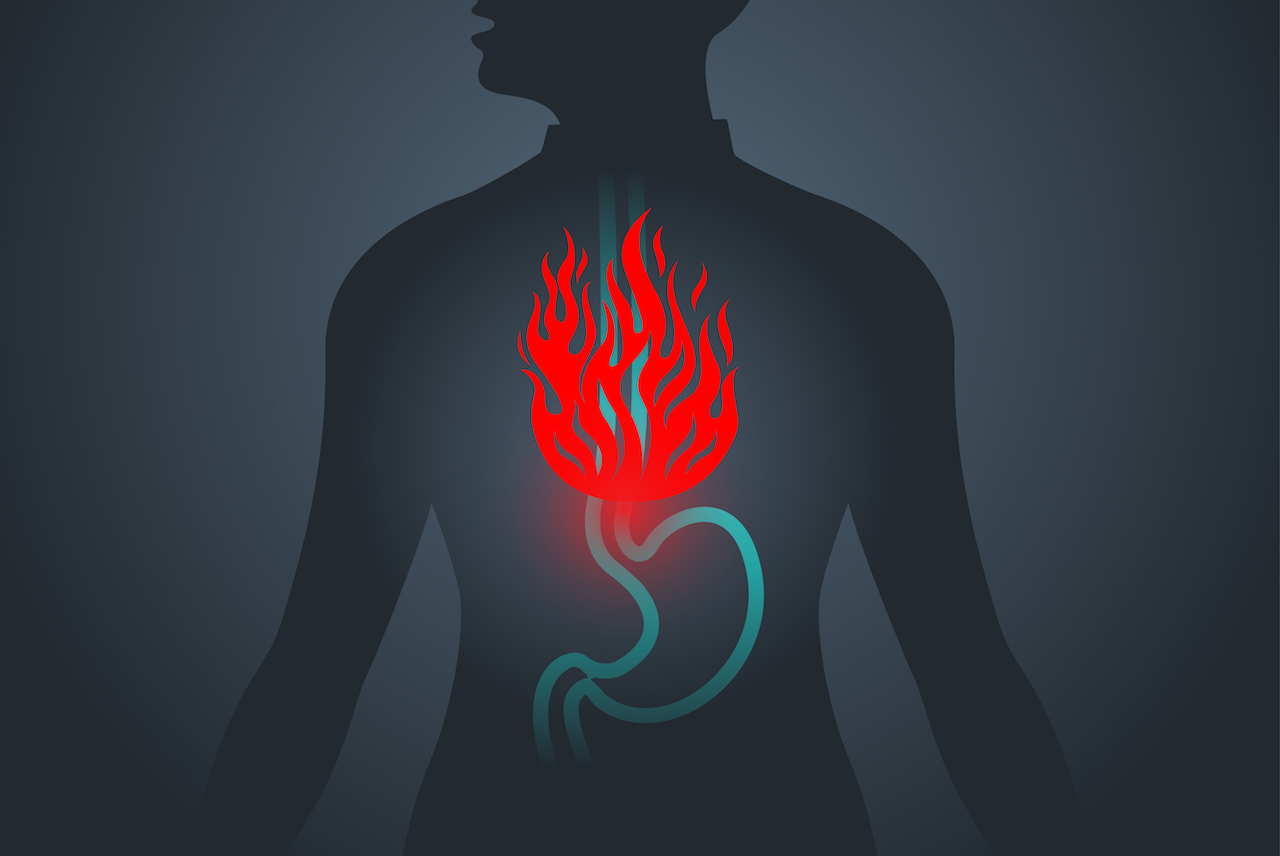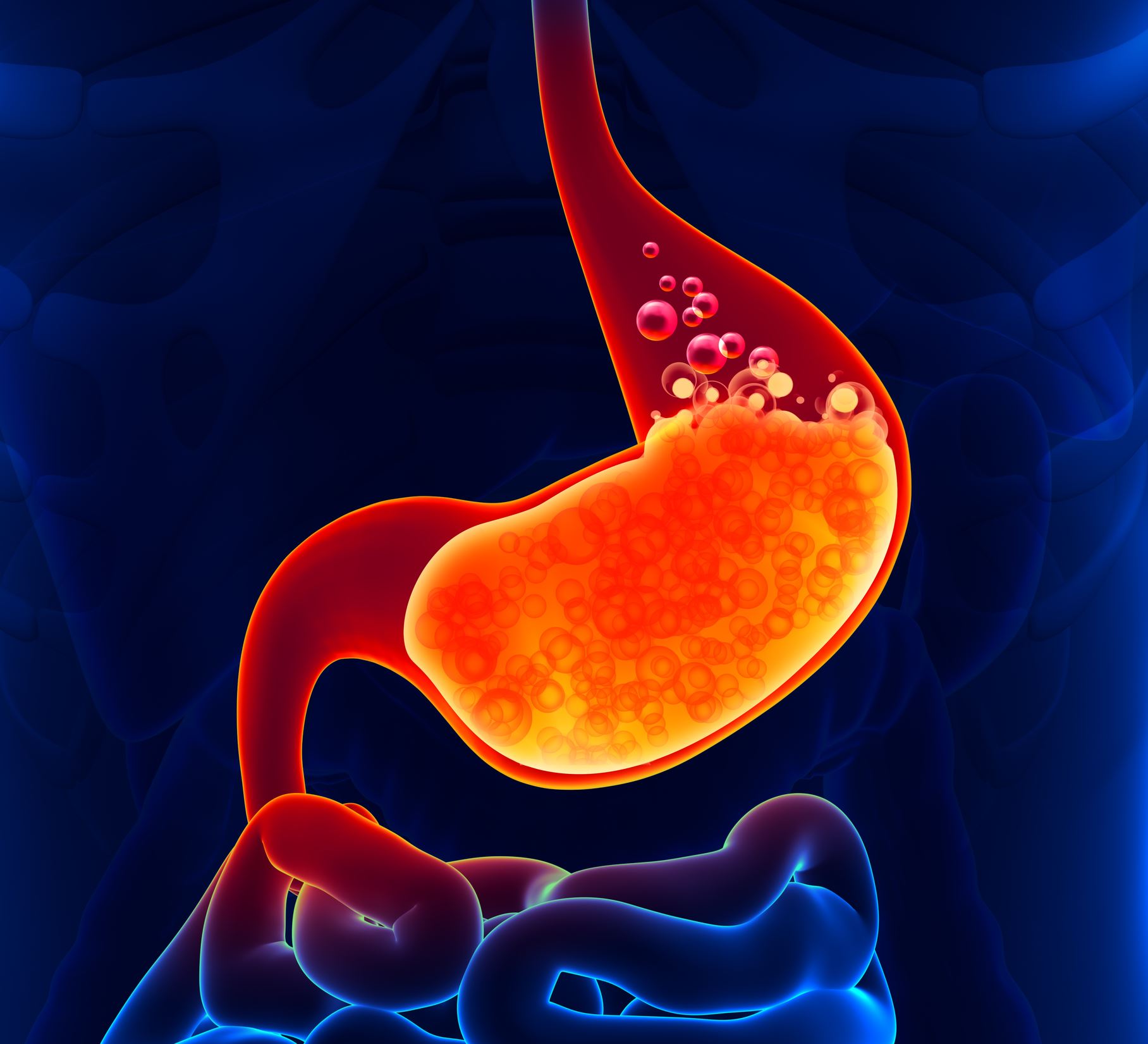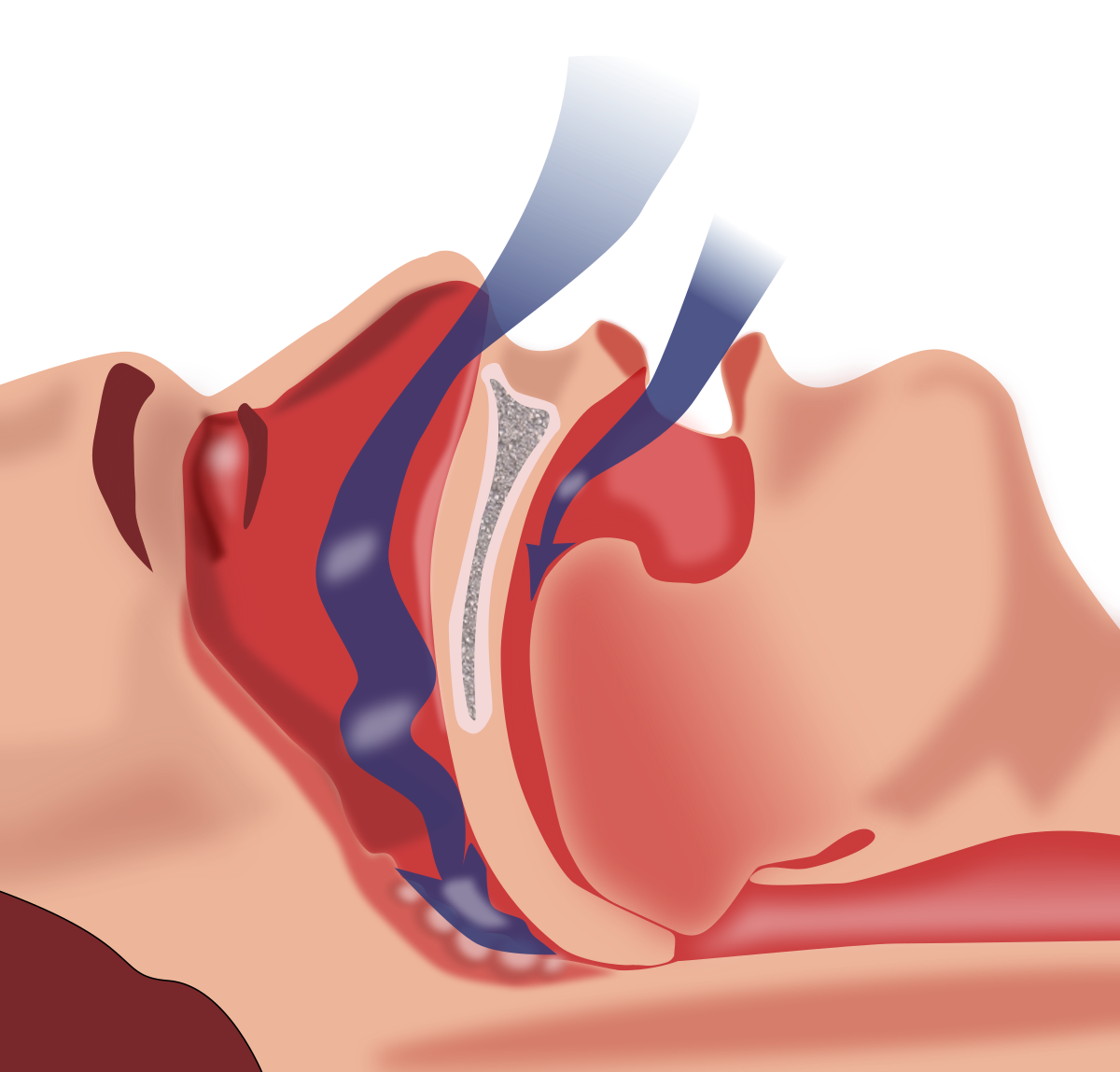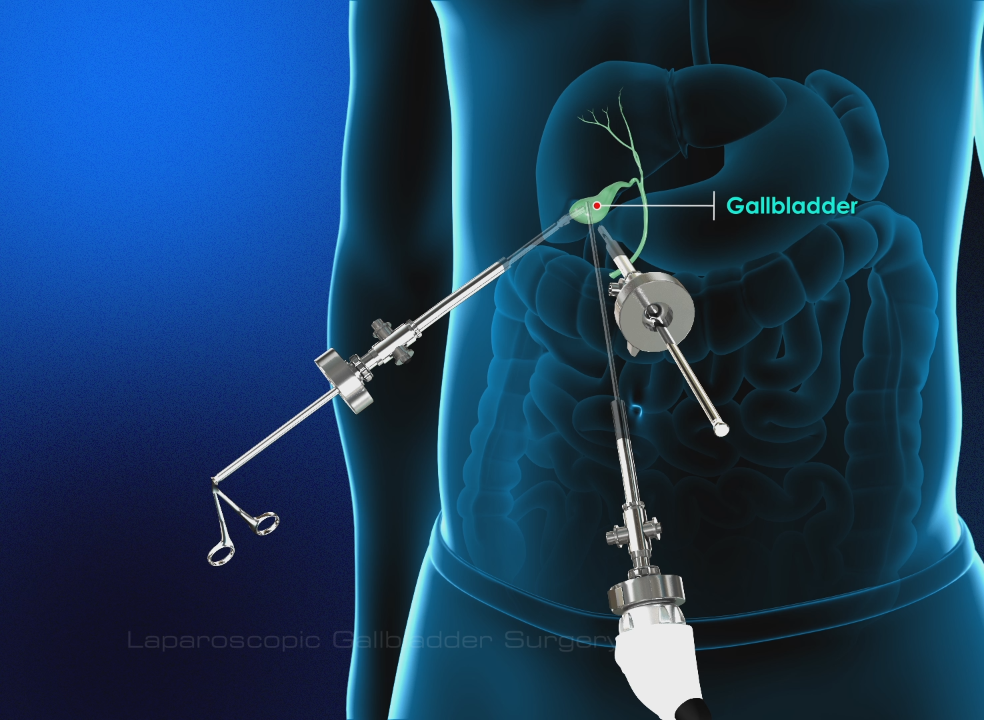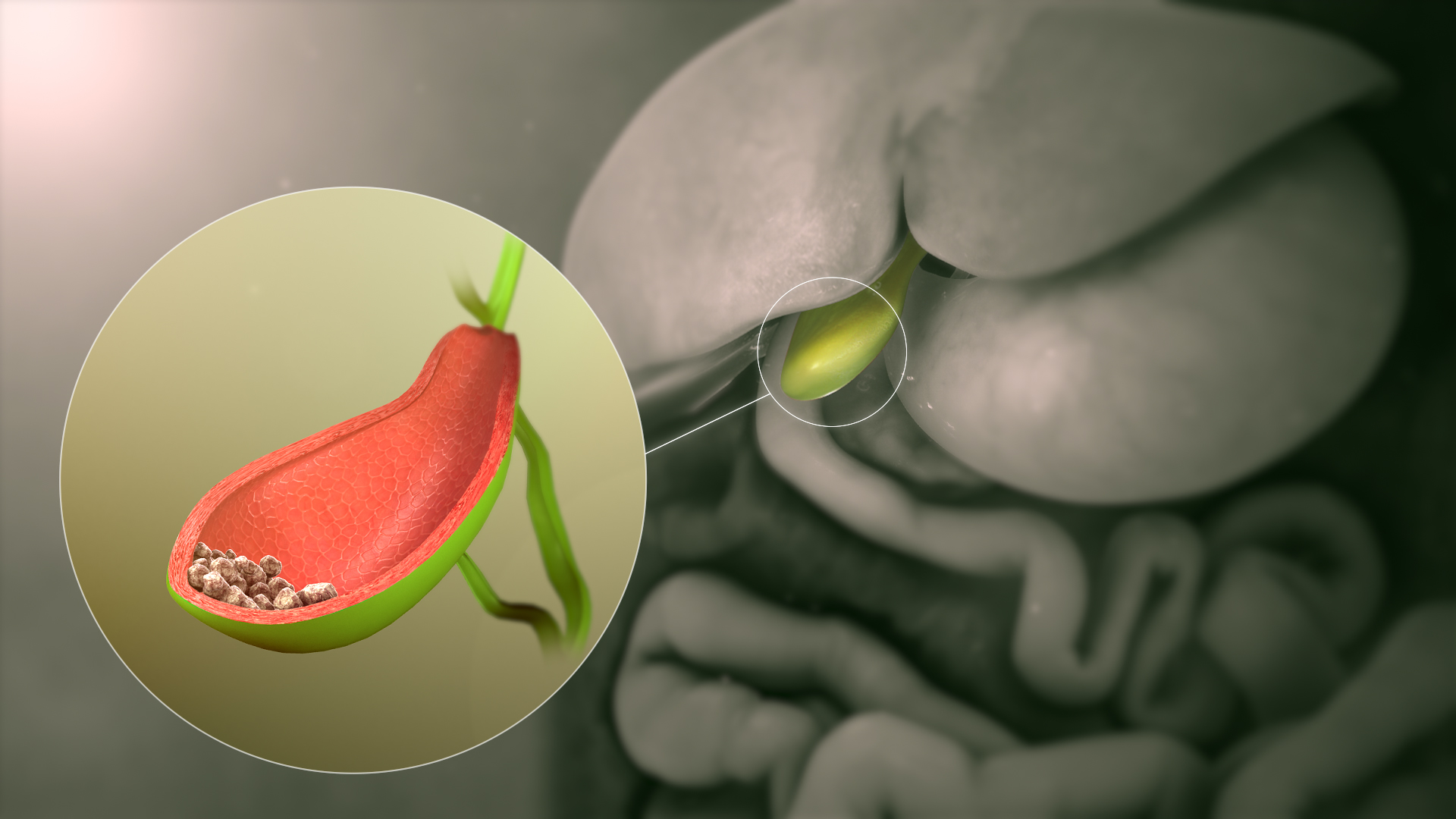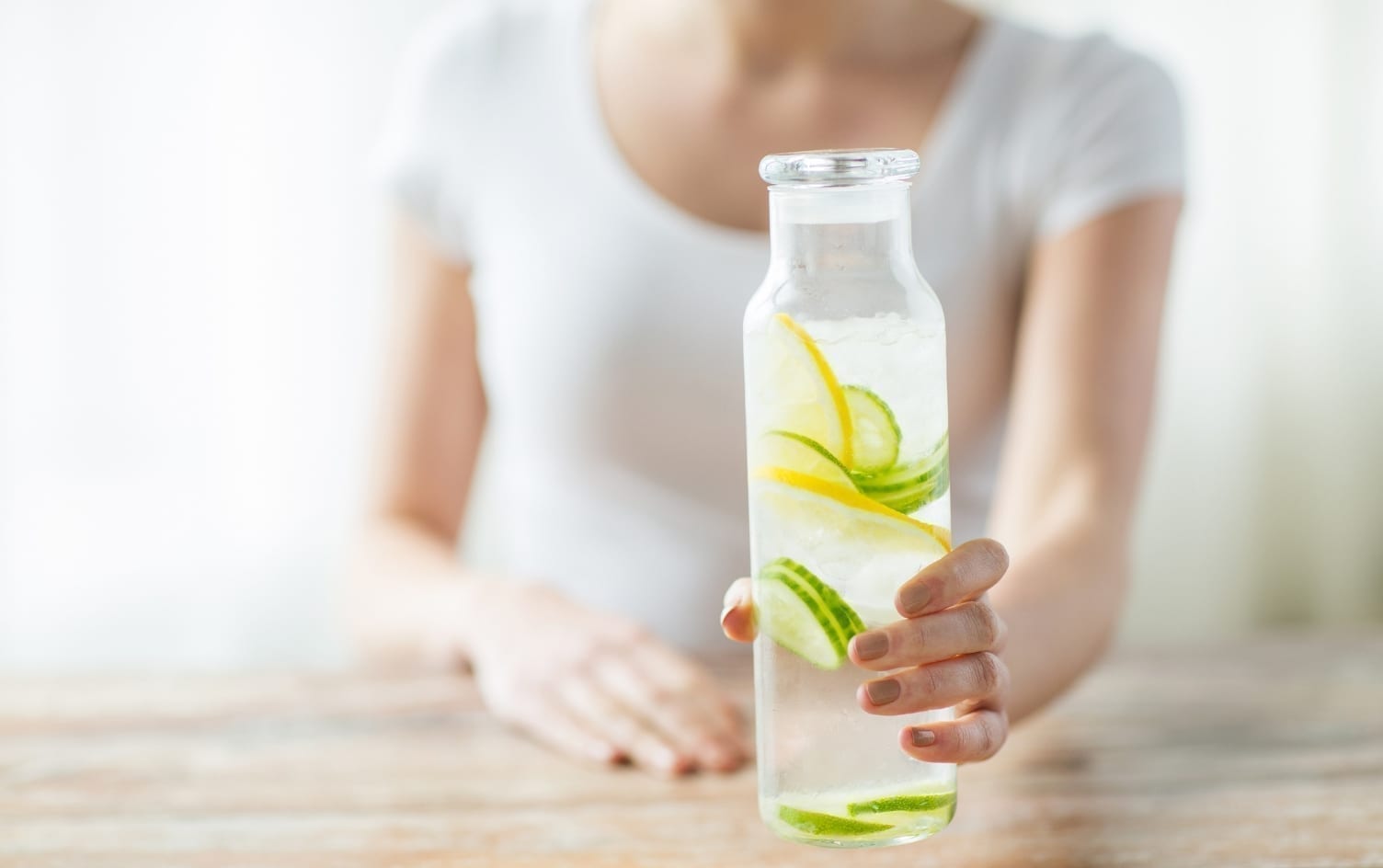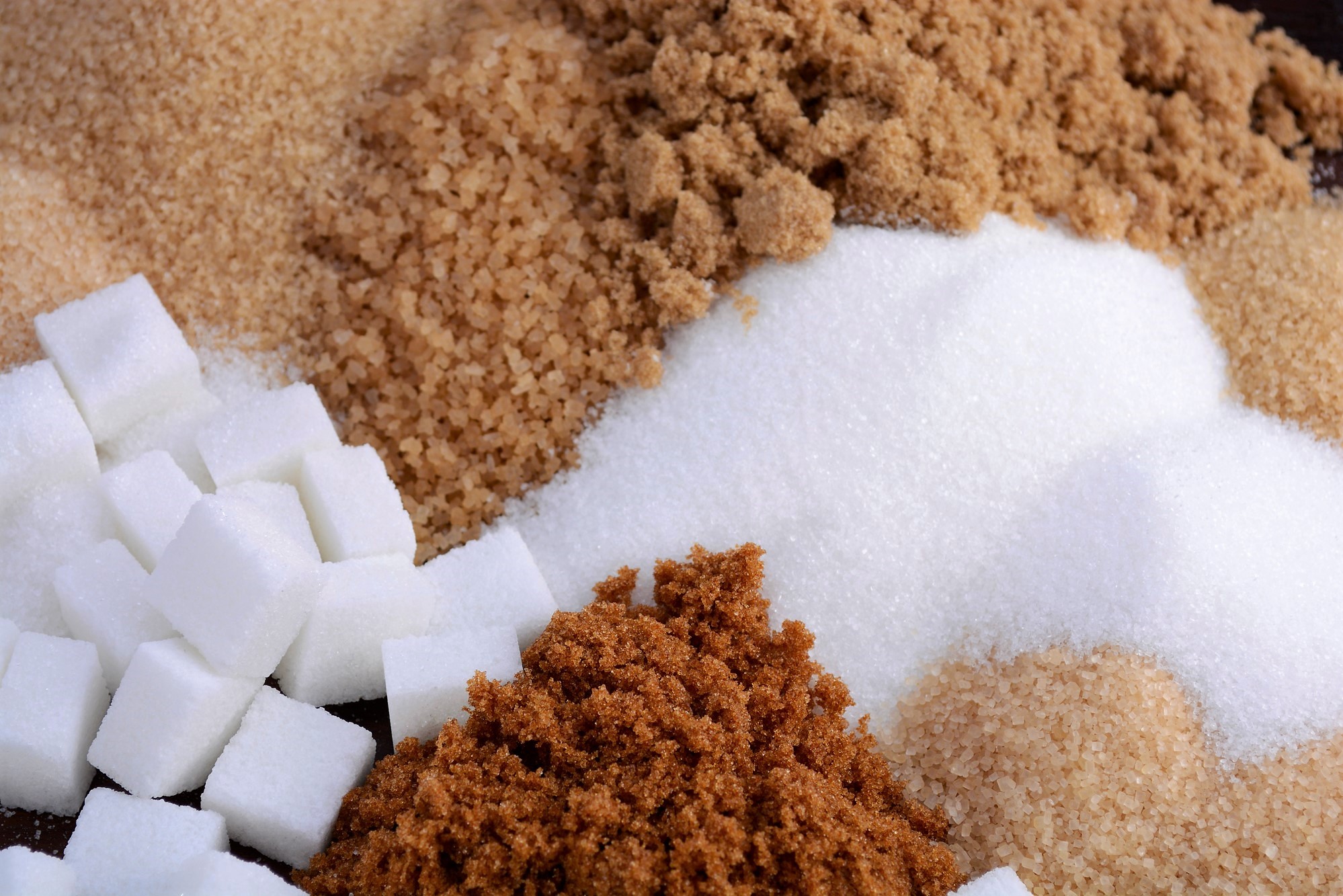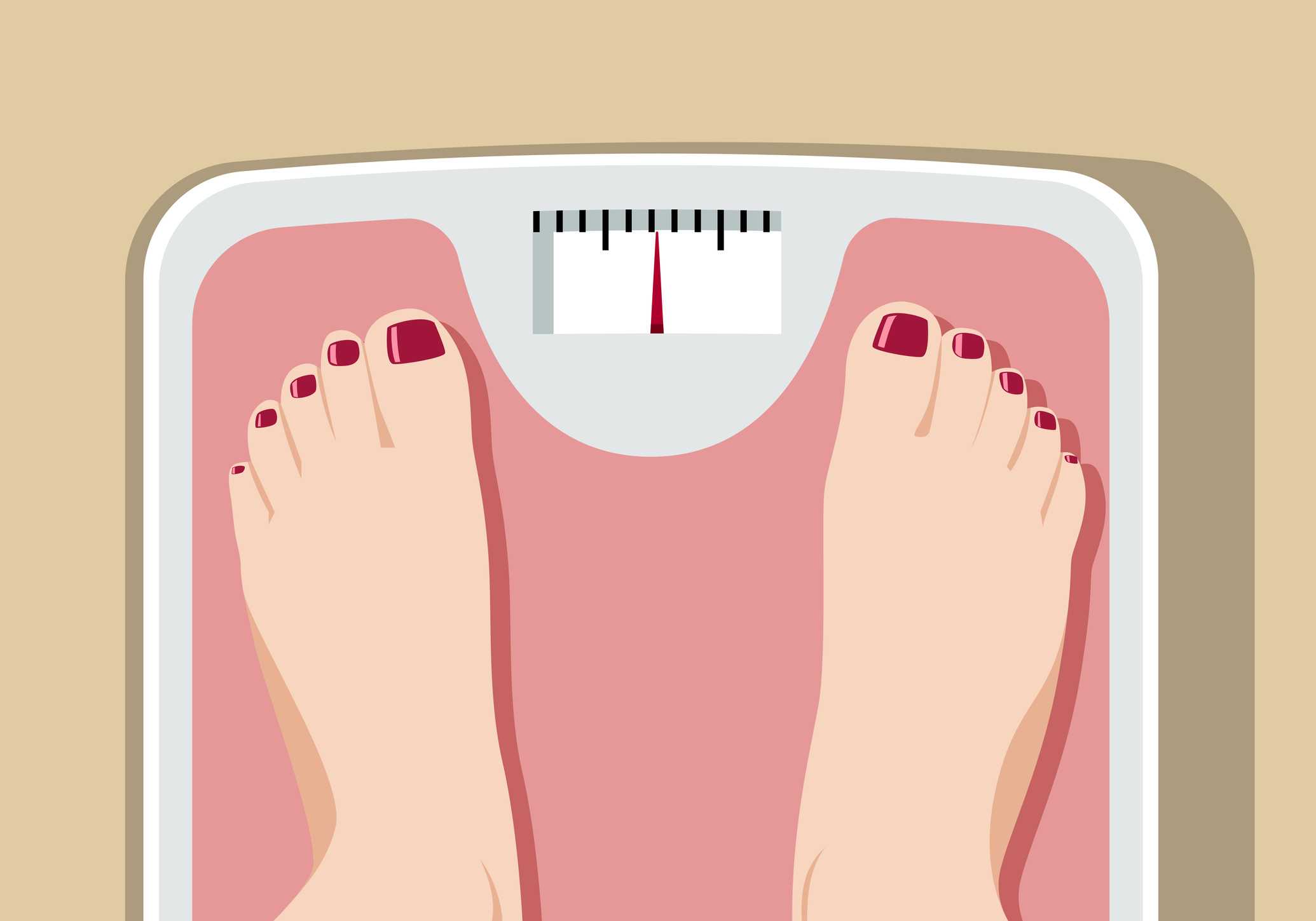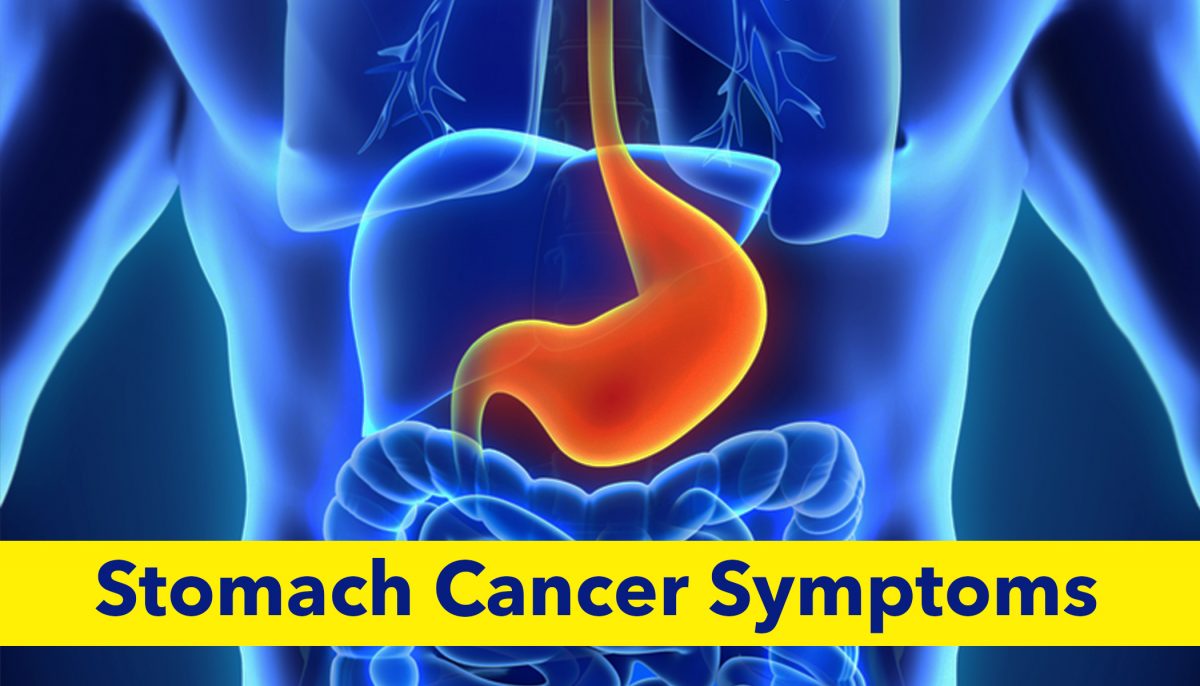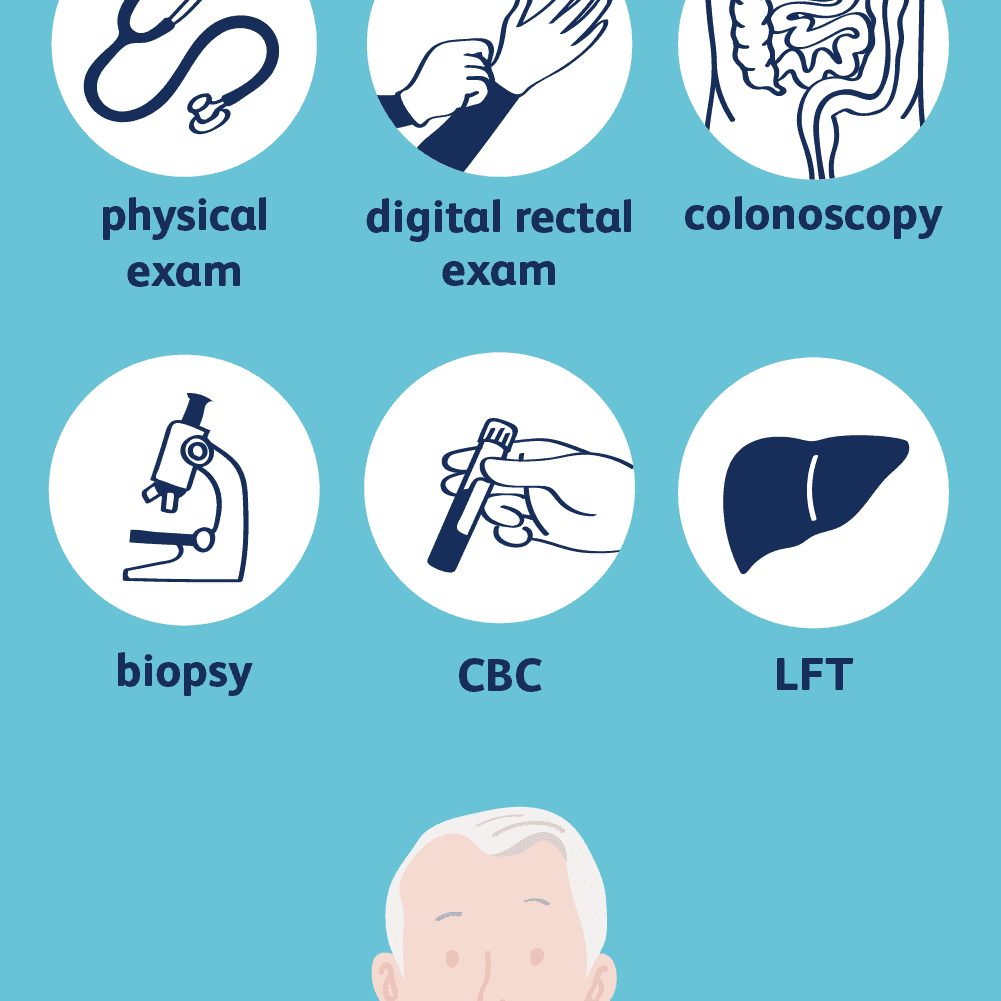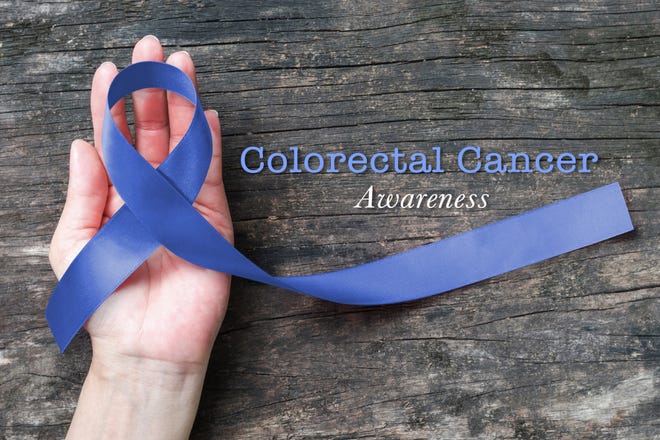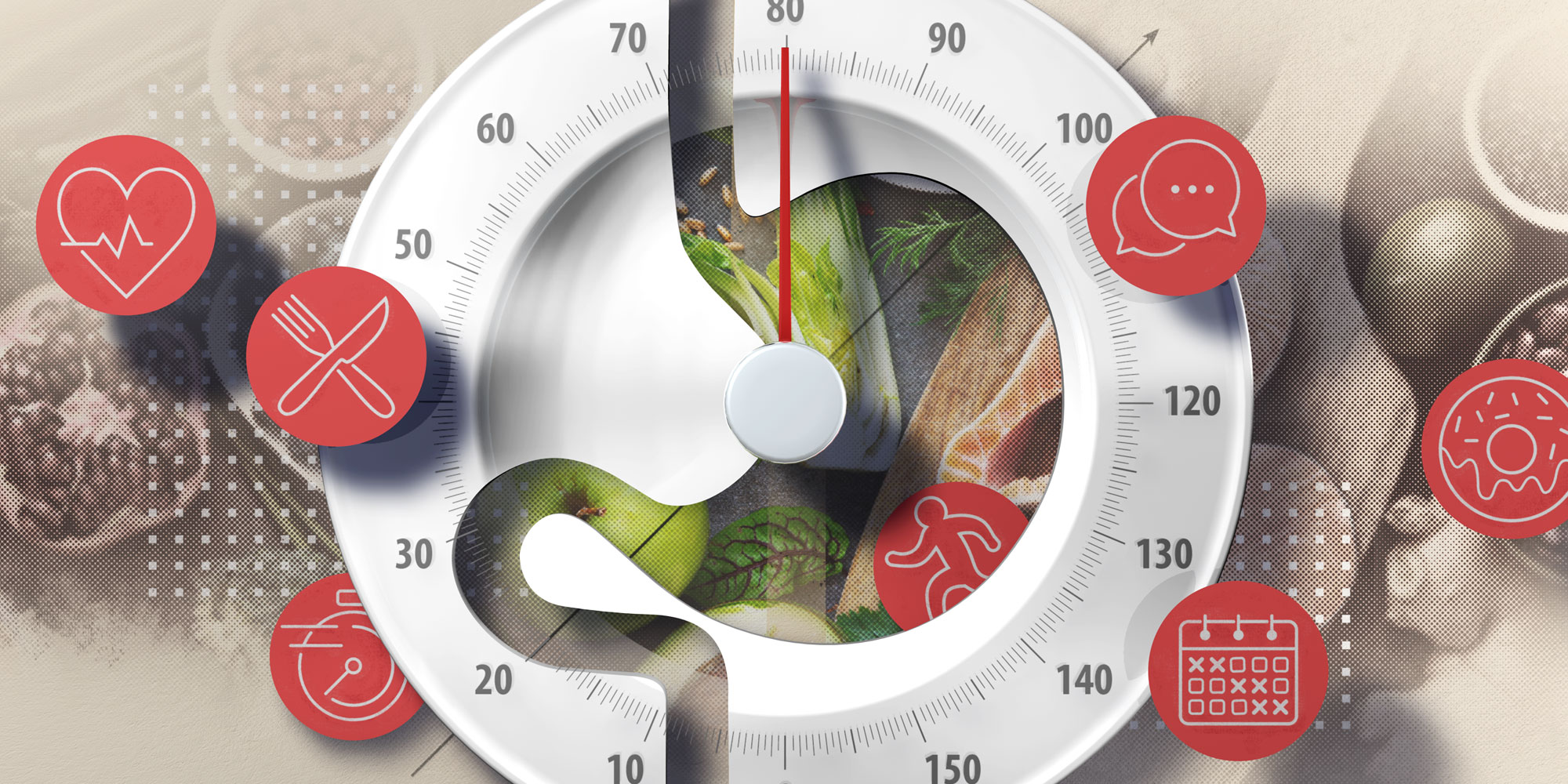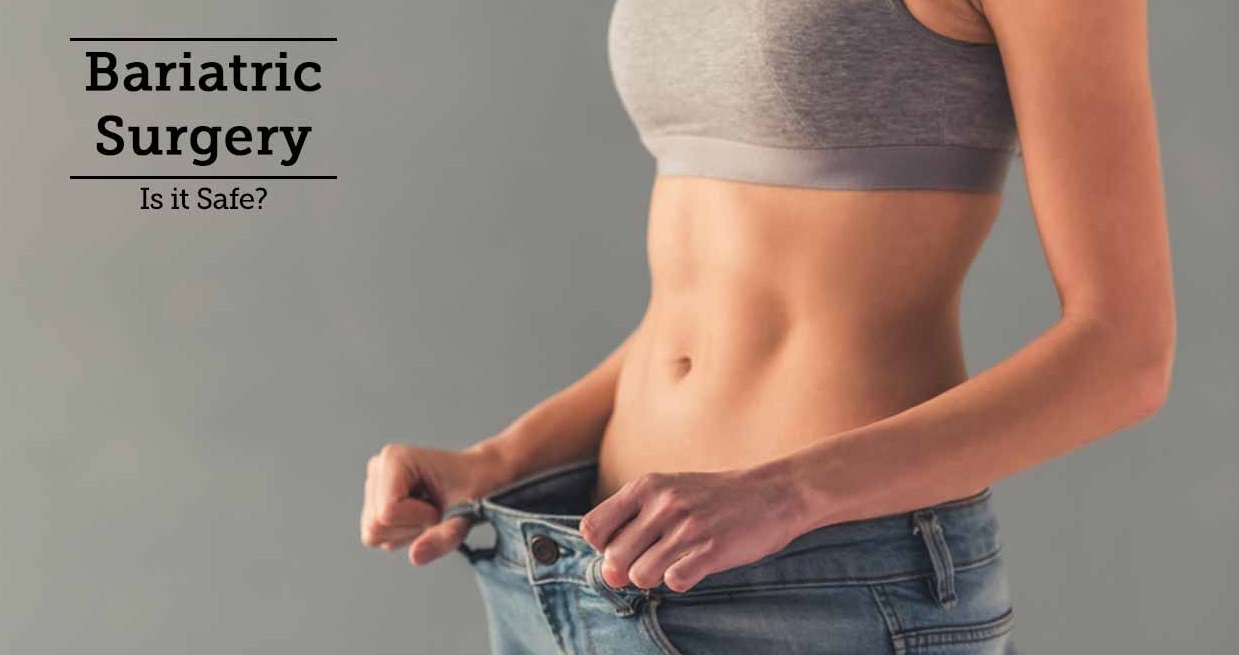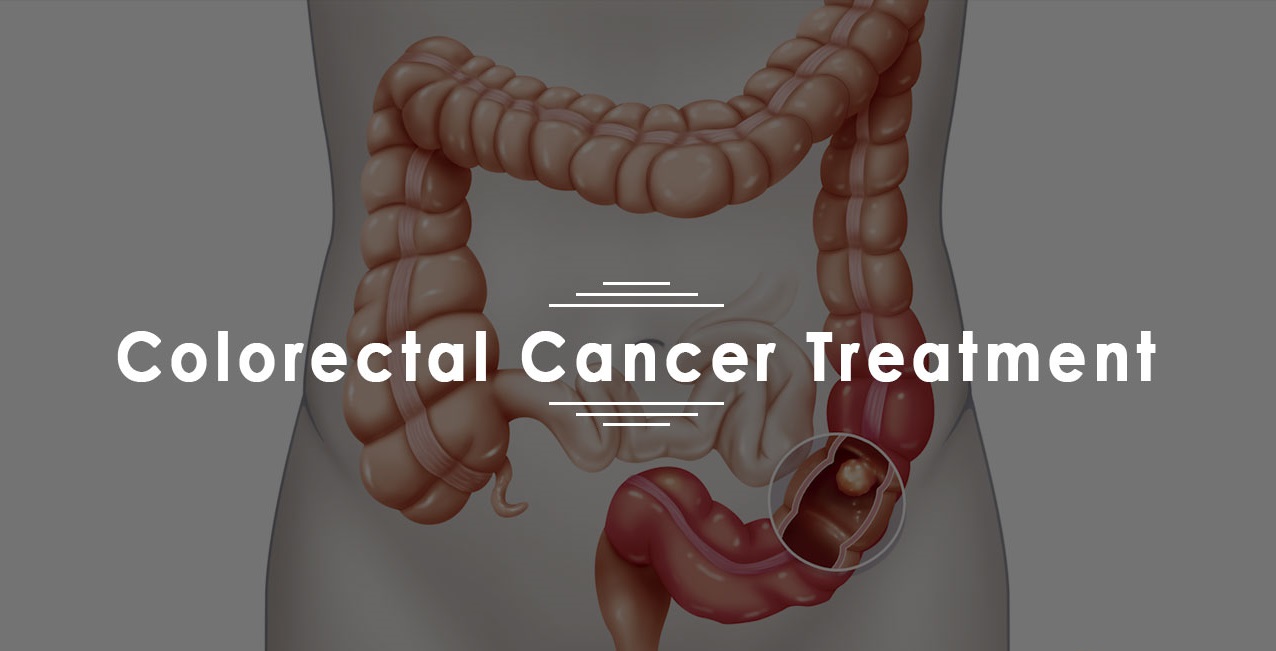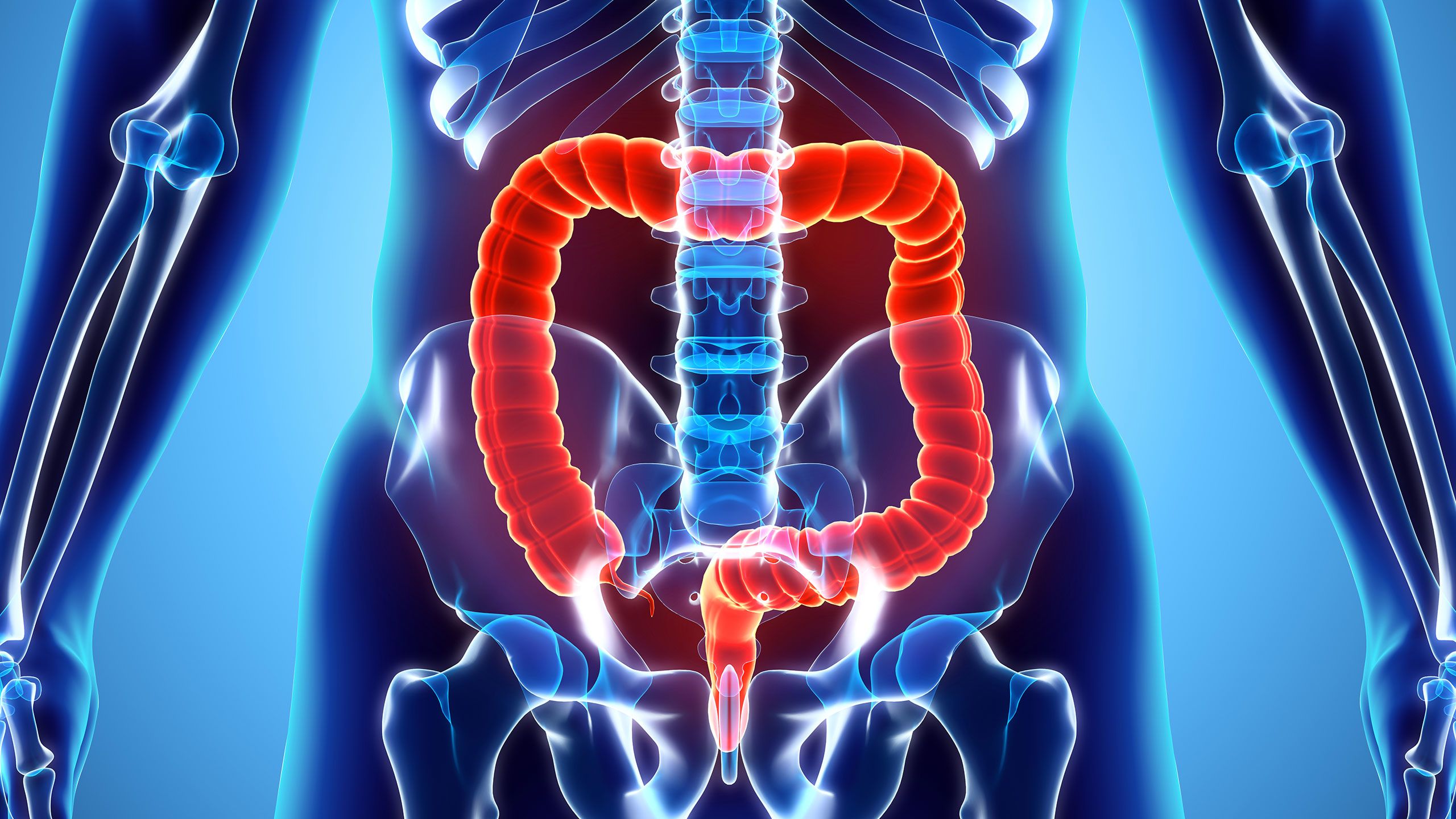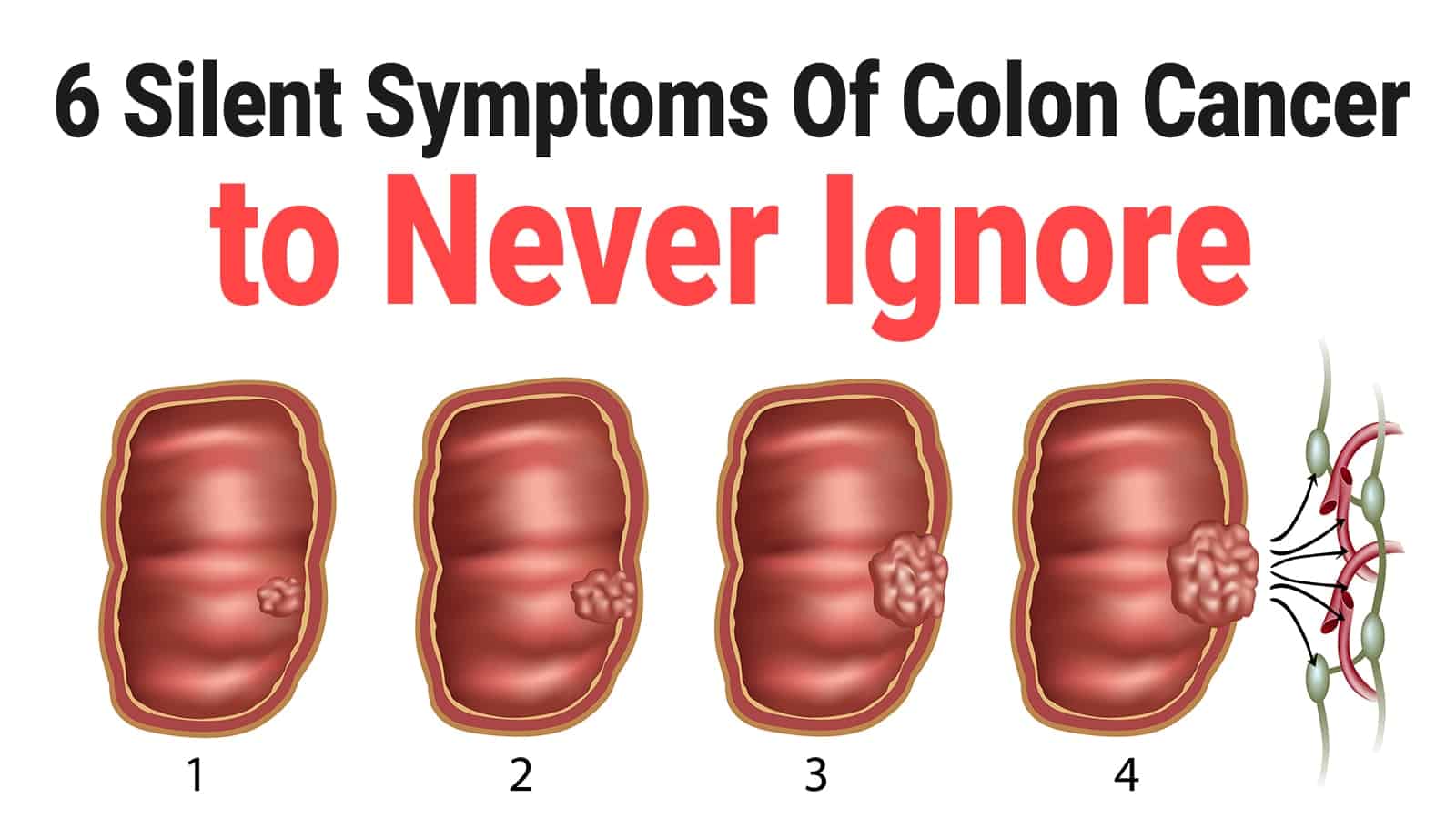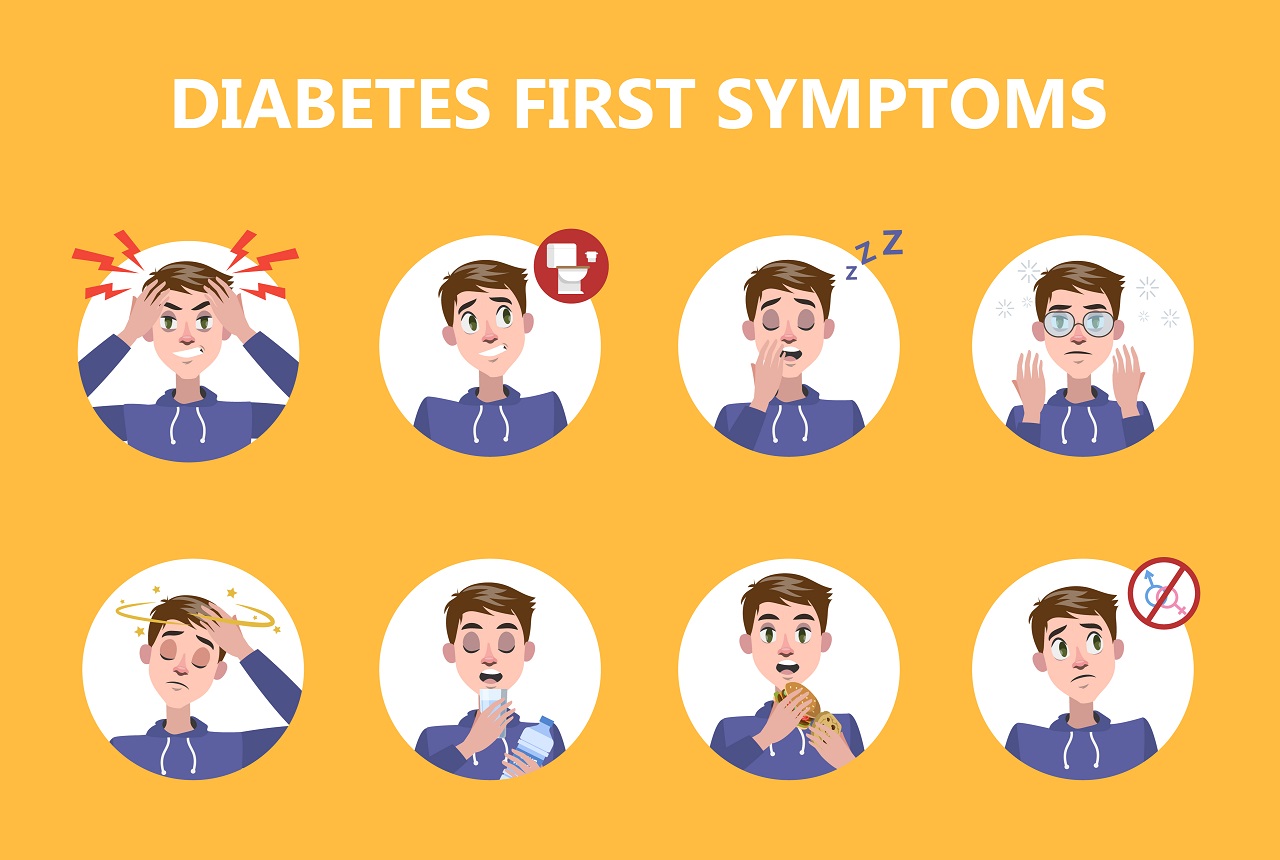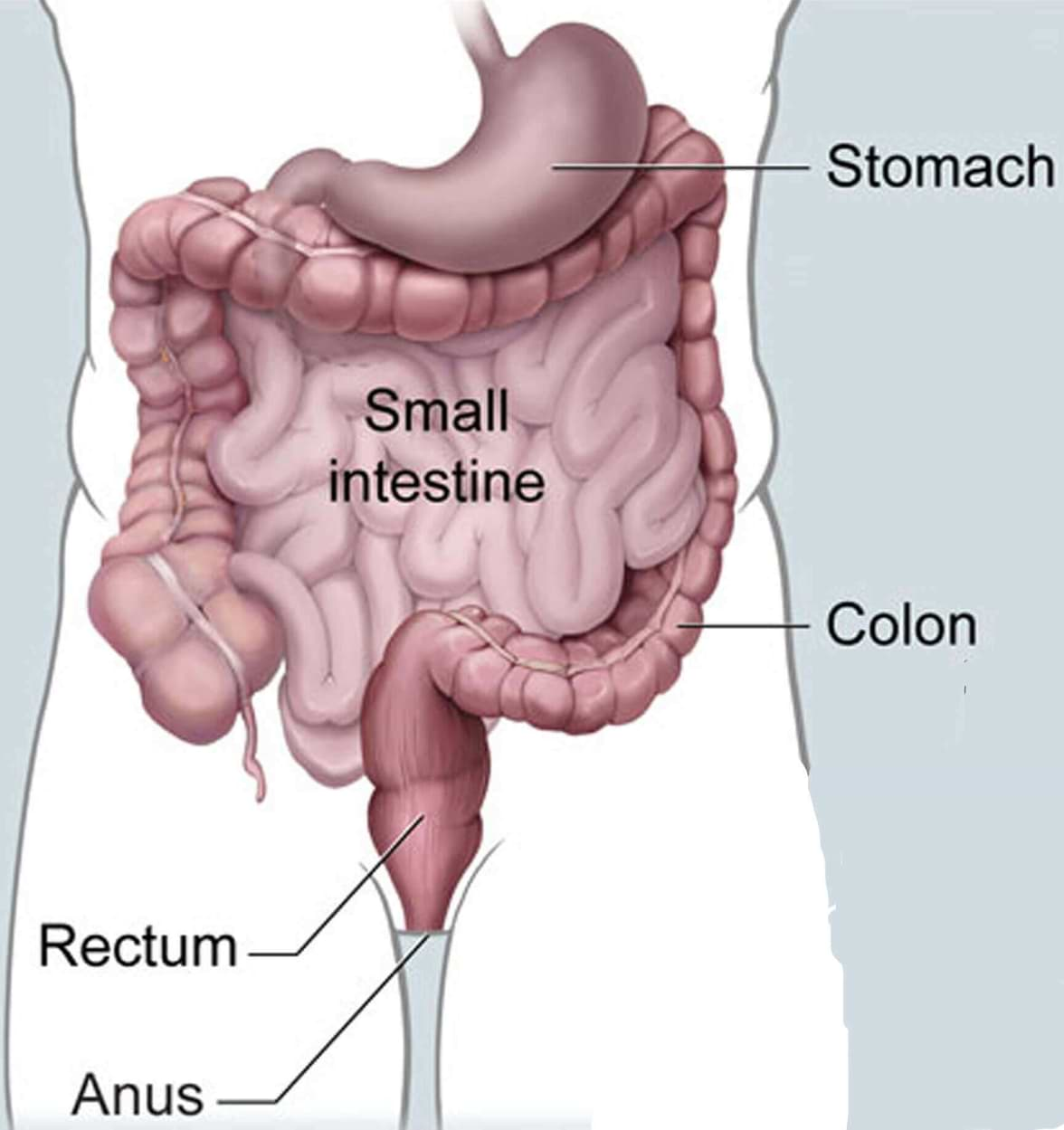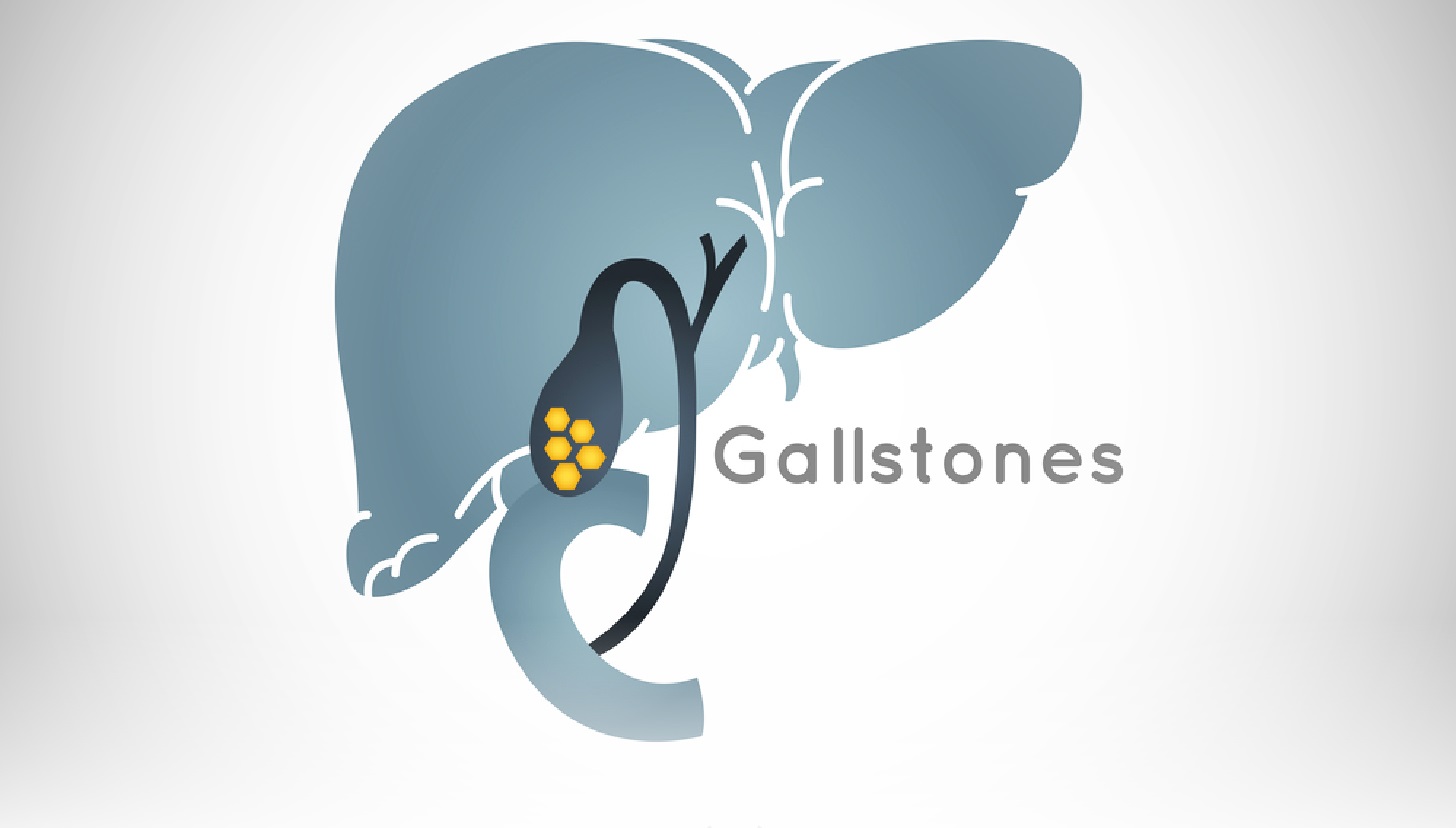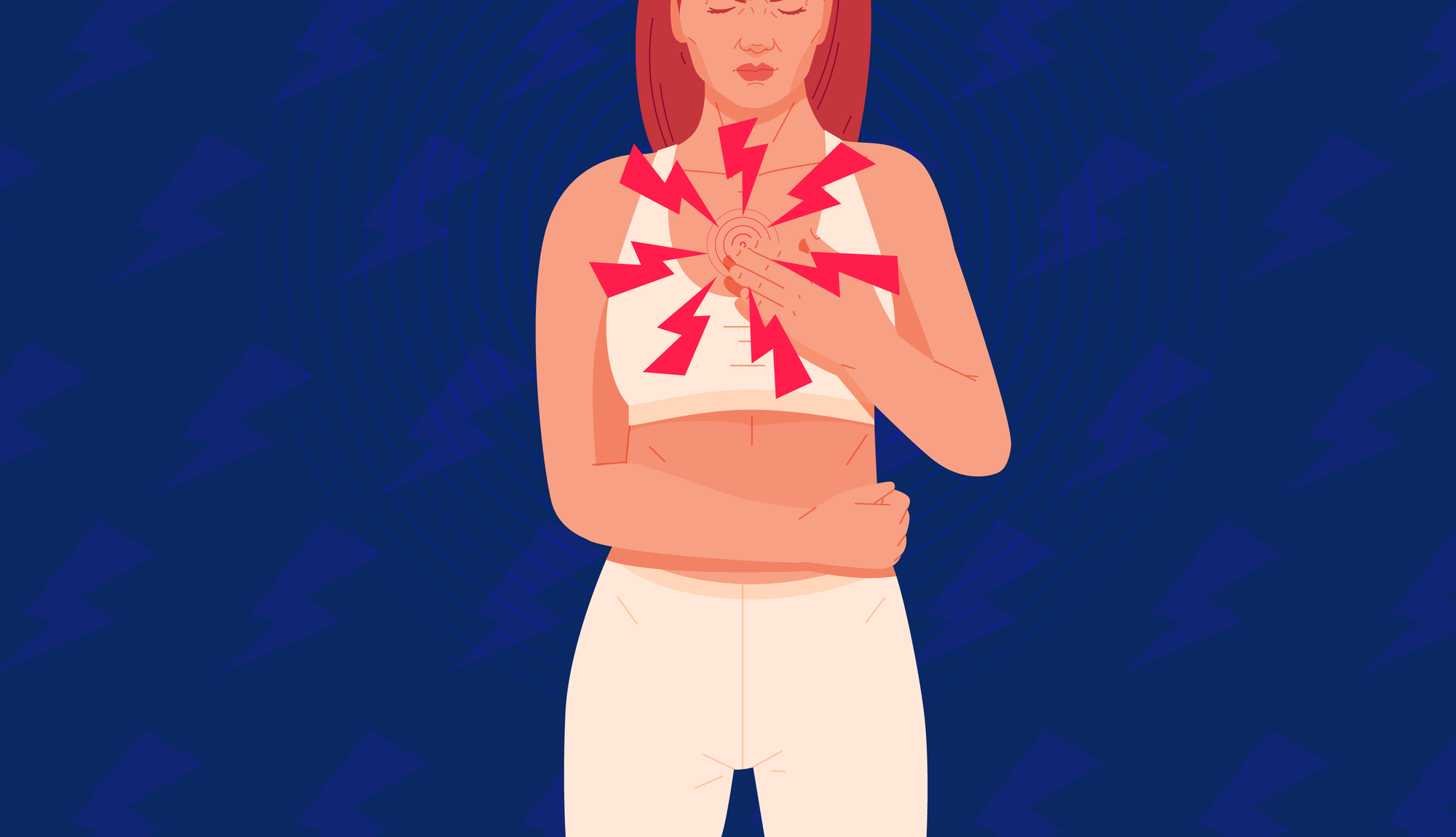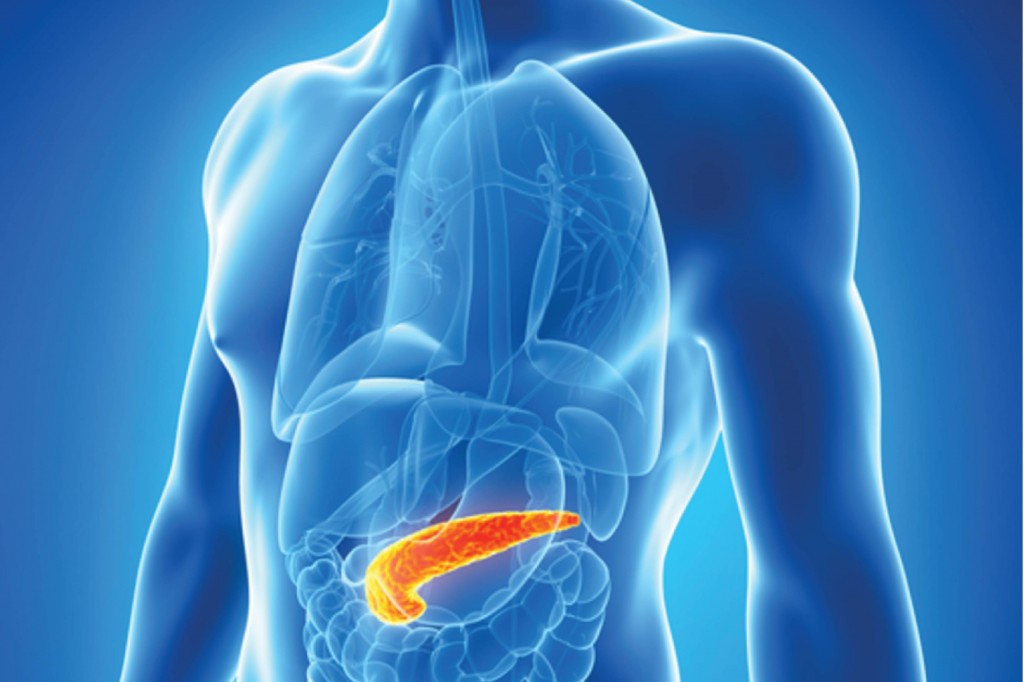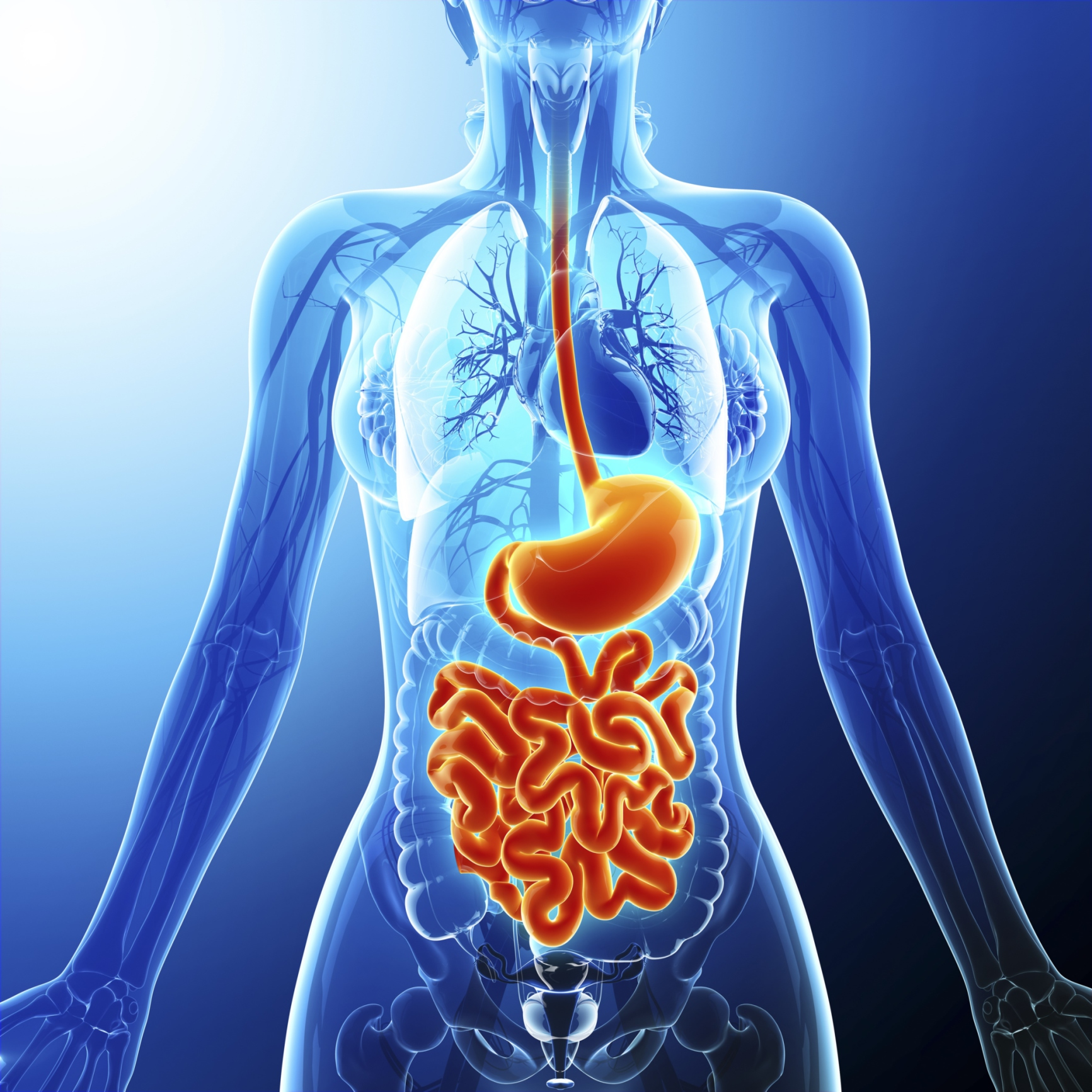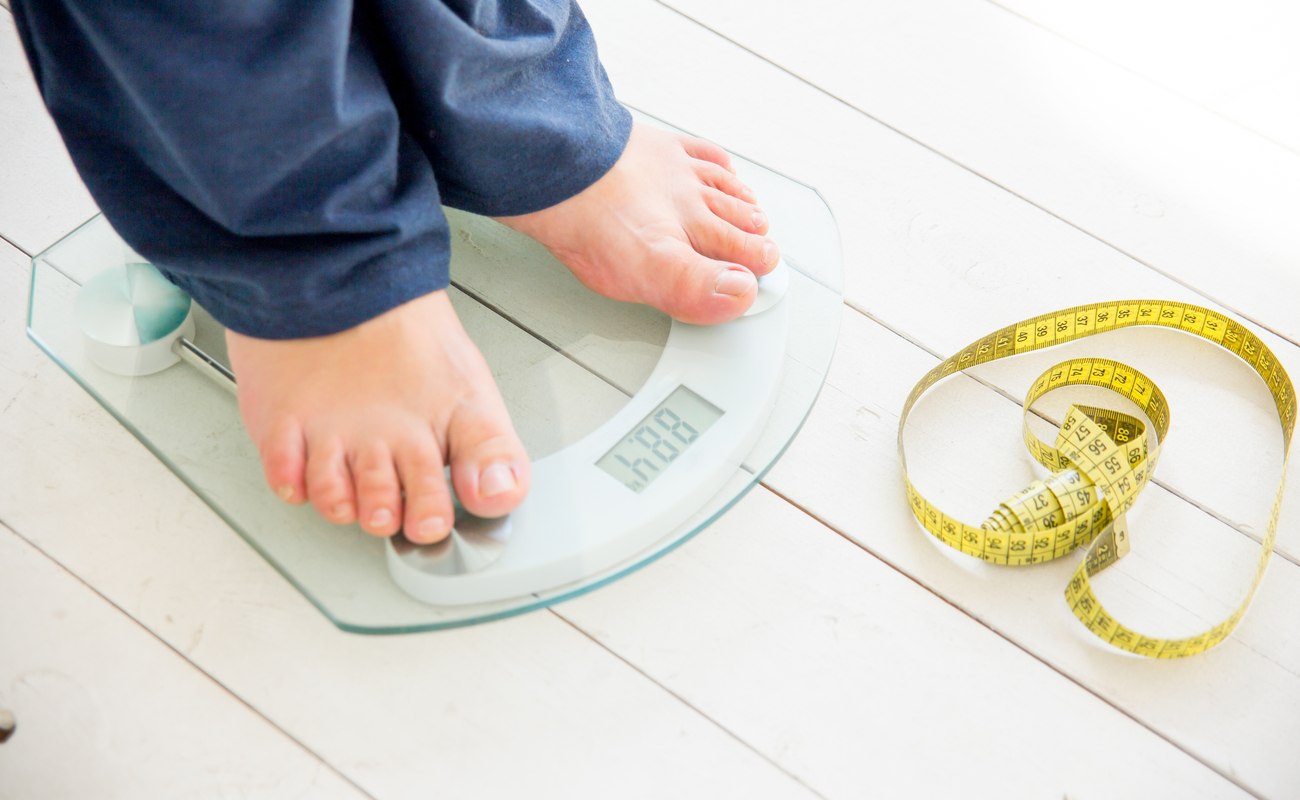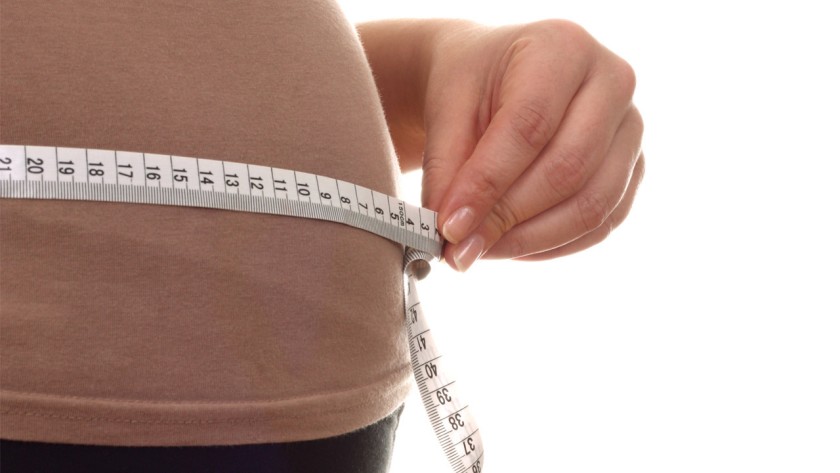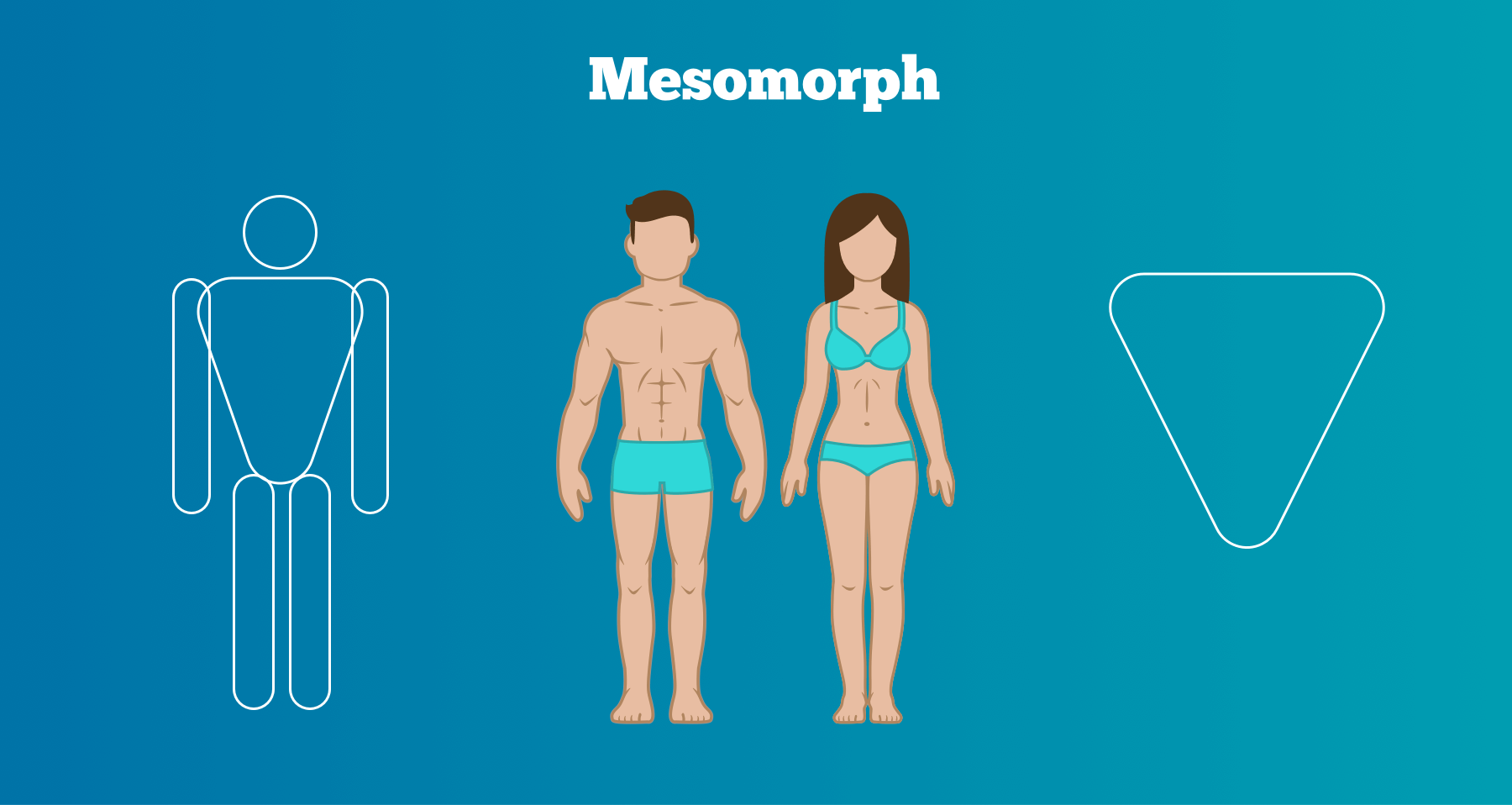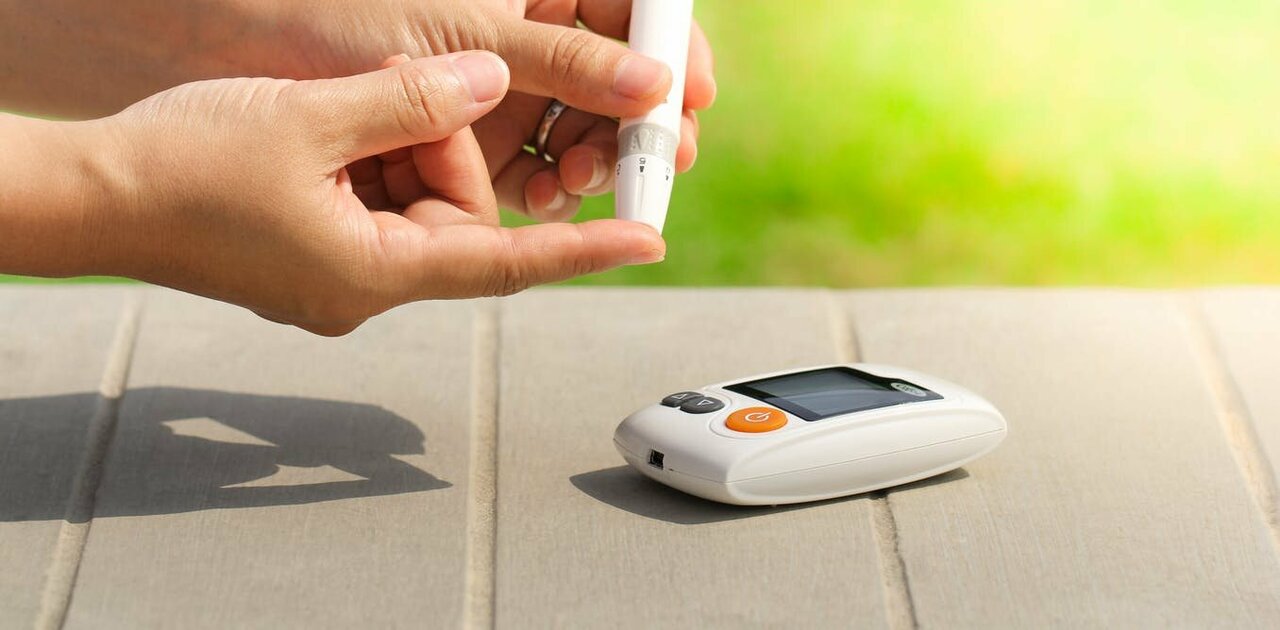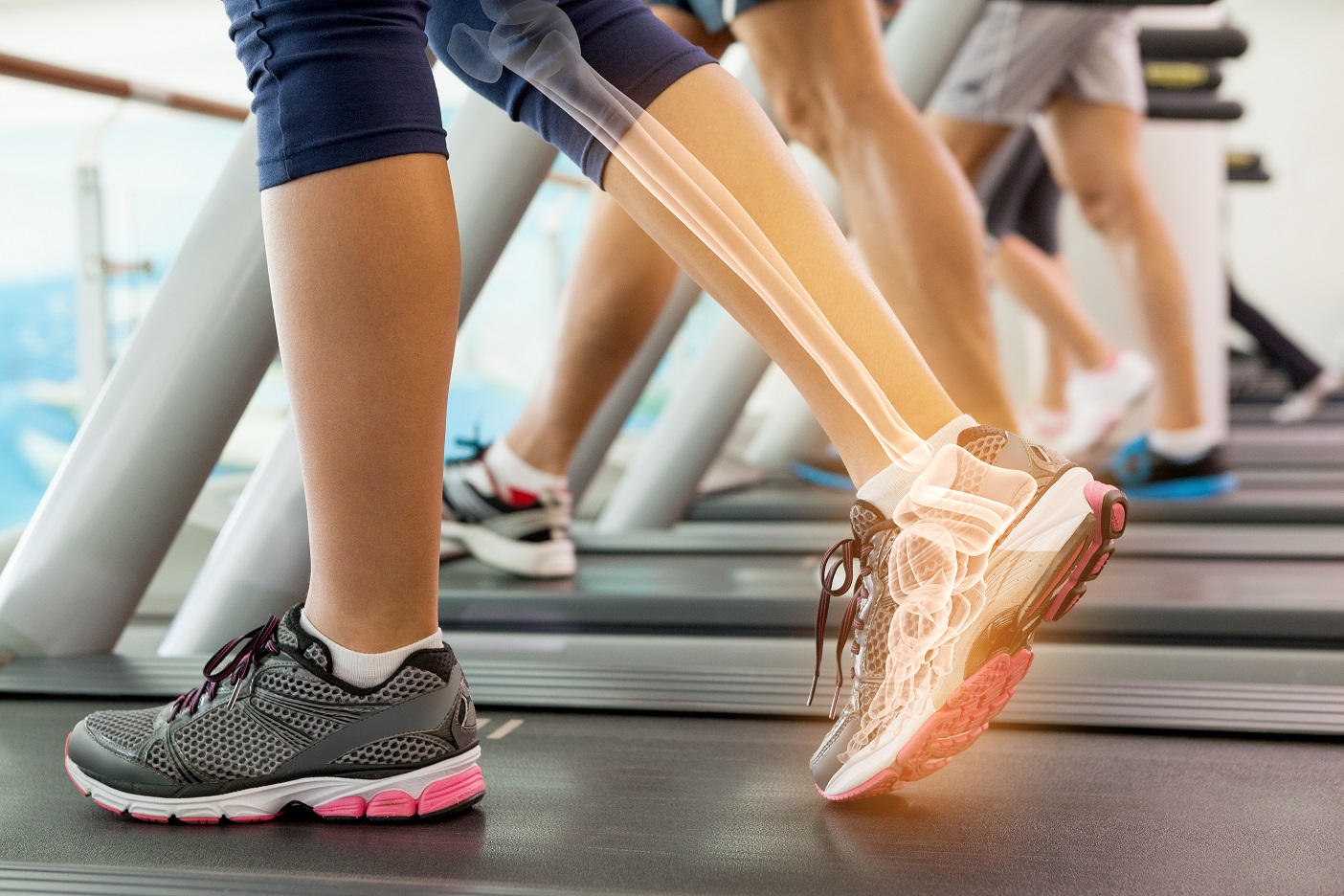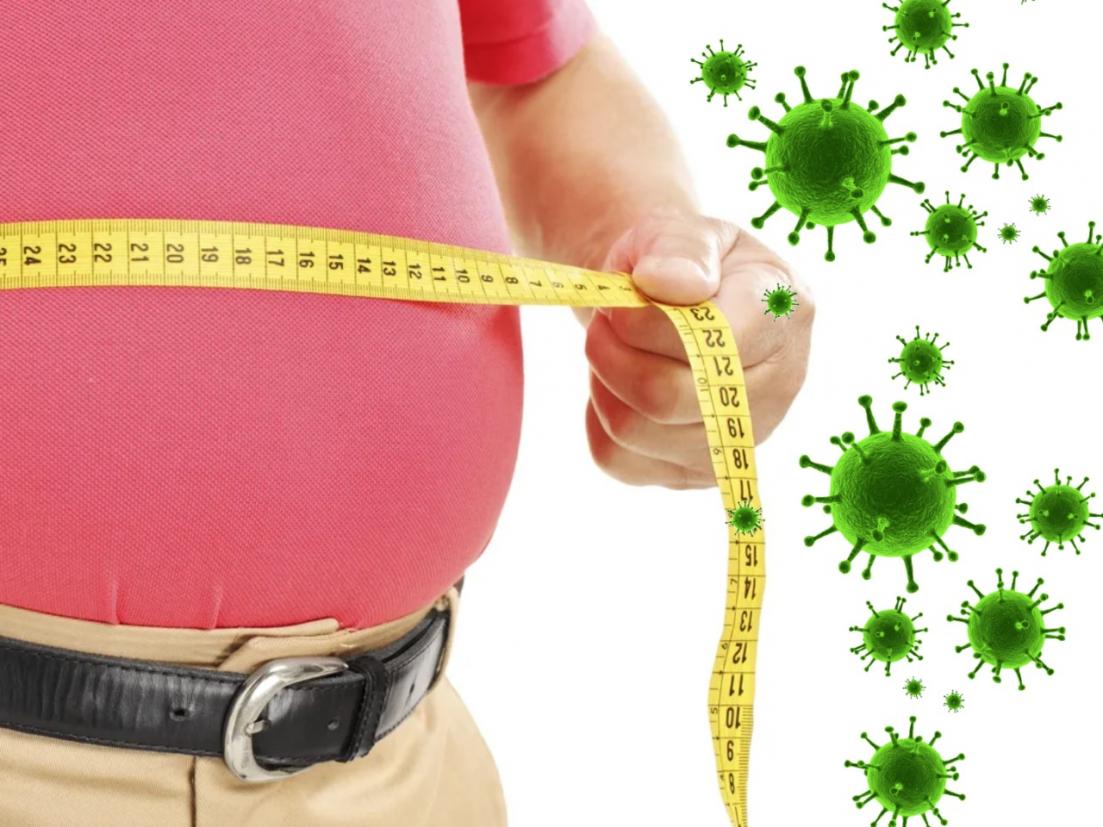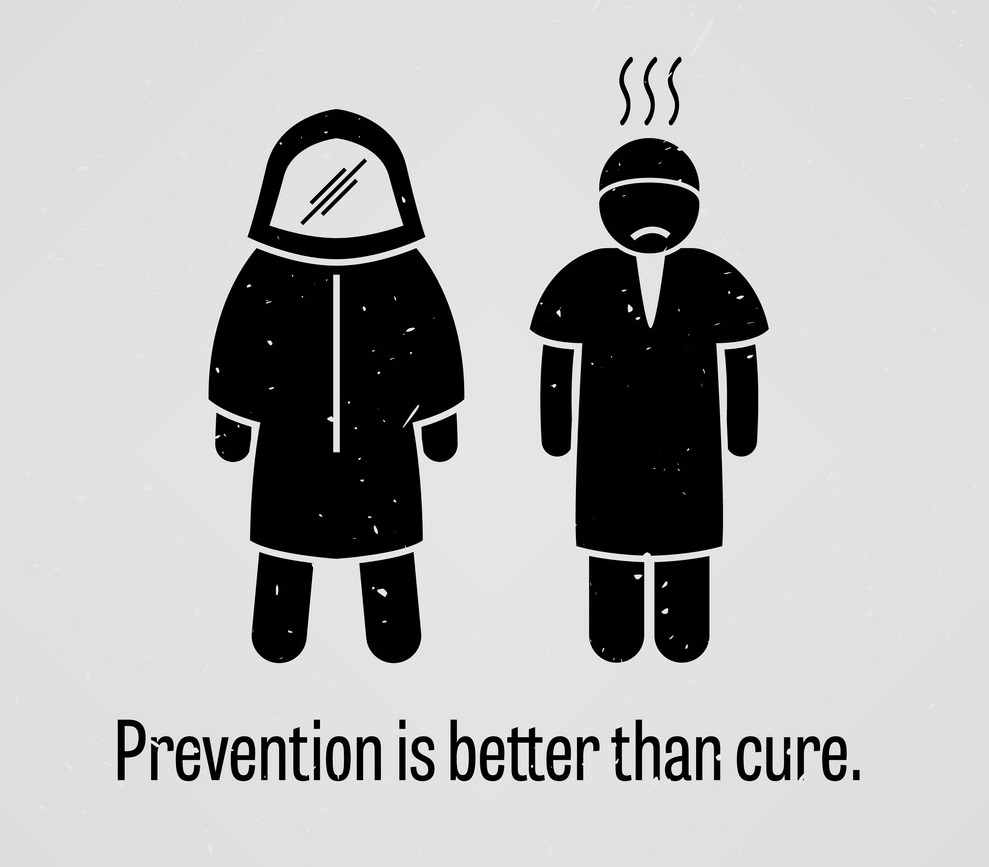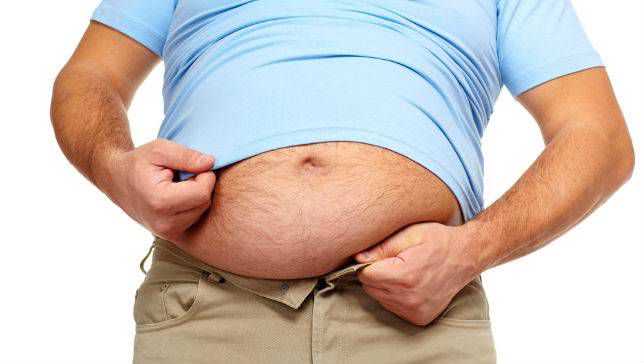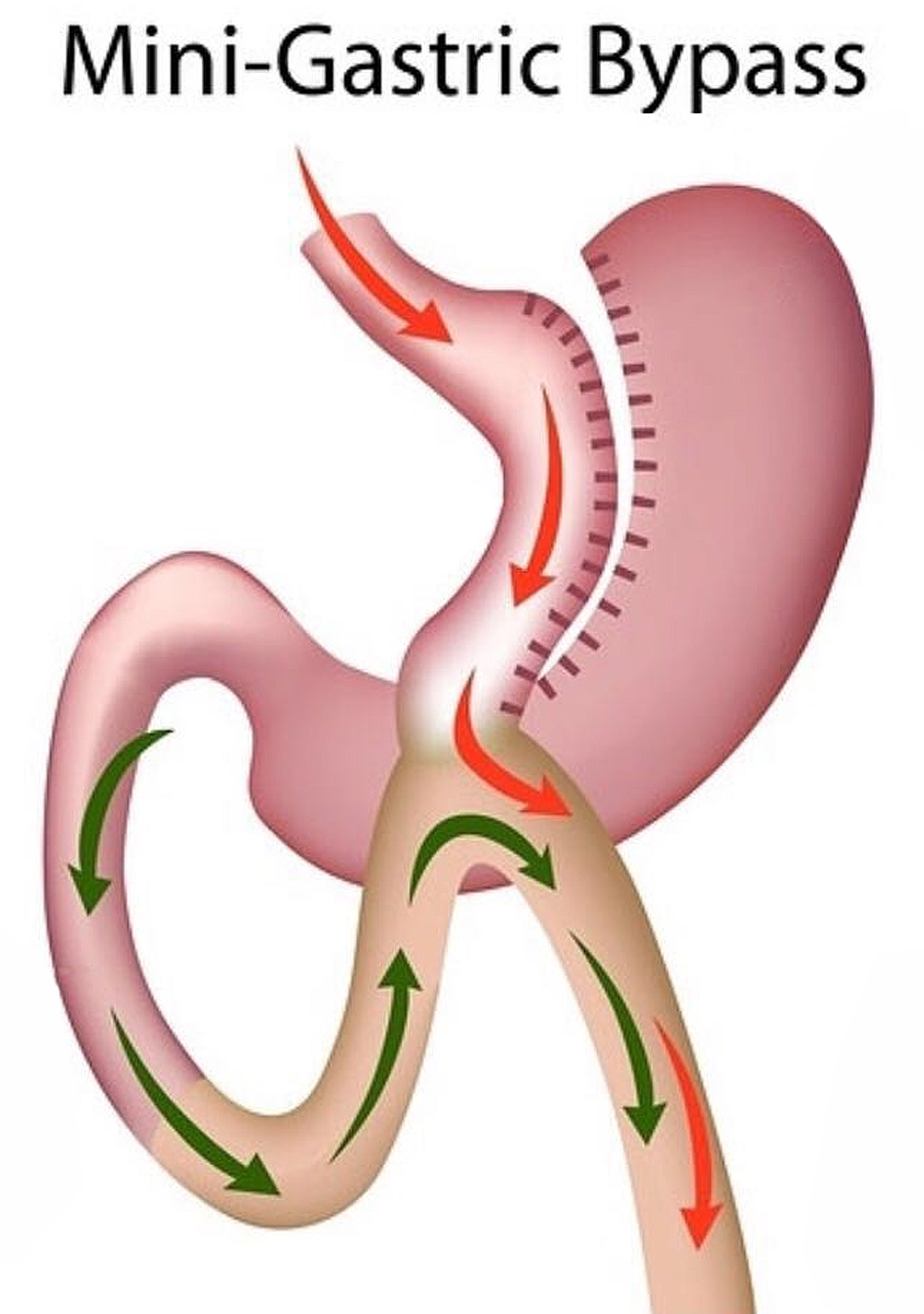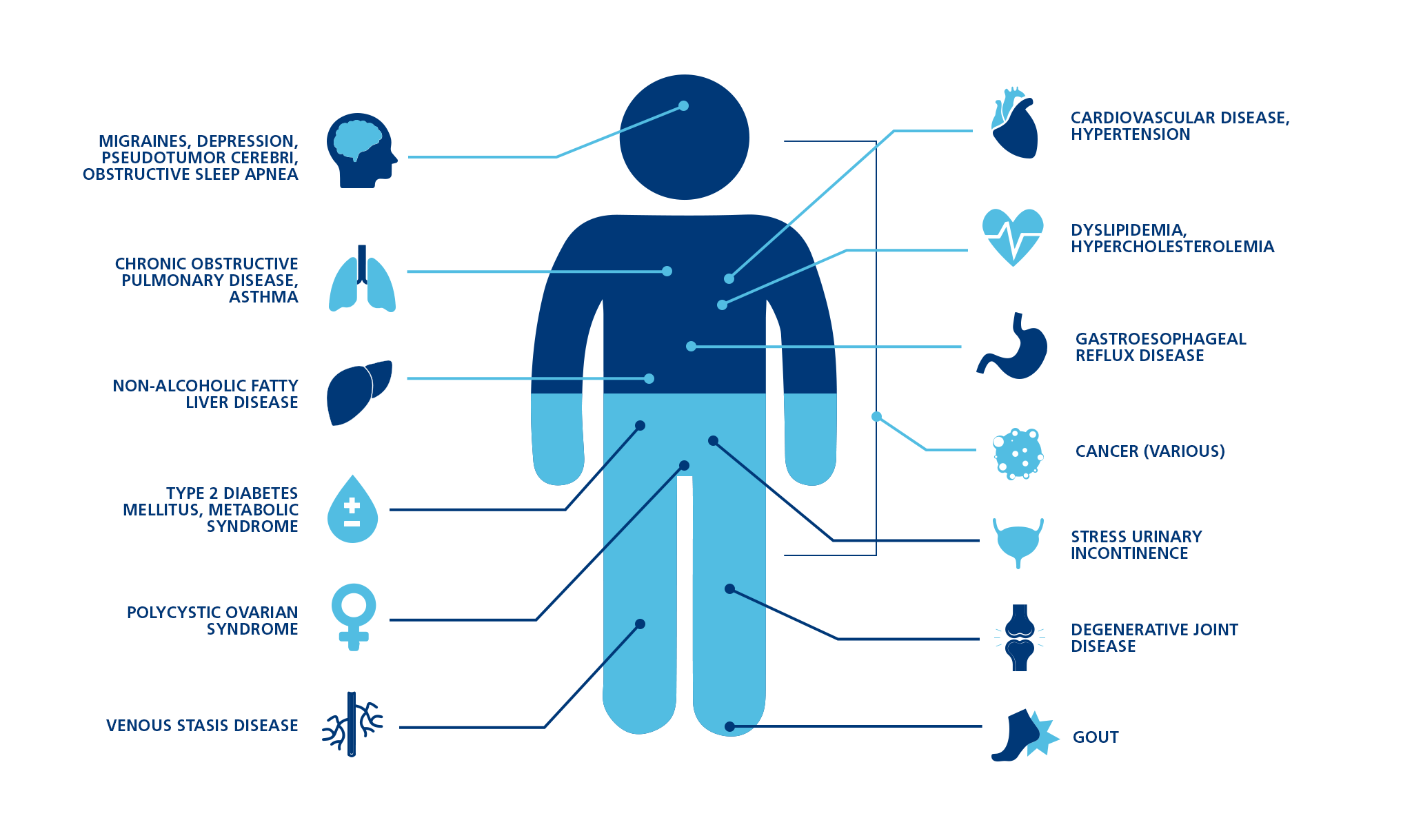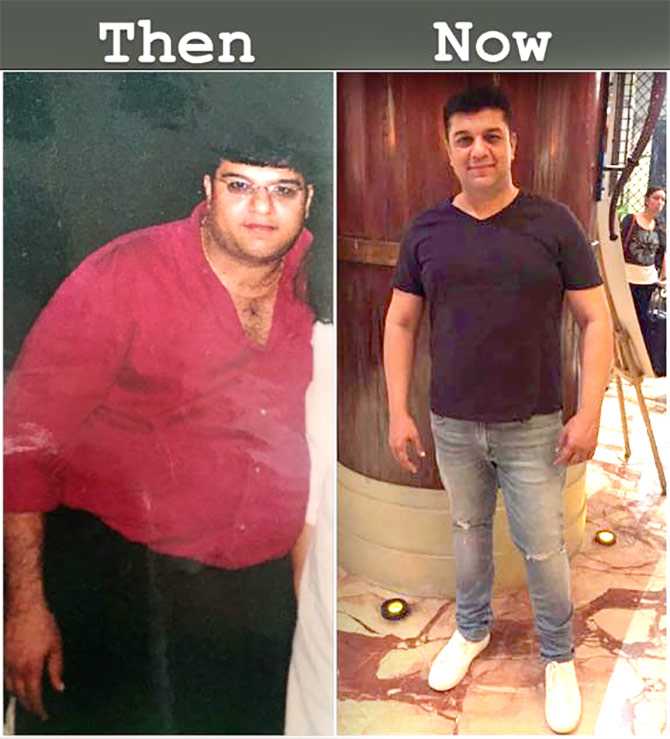Health, Diet
Why Is Iron Important And How To Add More Iron In Your Diet
Iron is considered as one of the most important minerals that our body needs to remain in a healthy state.
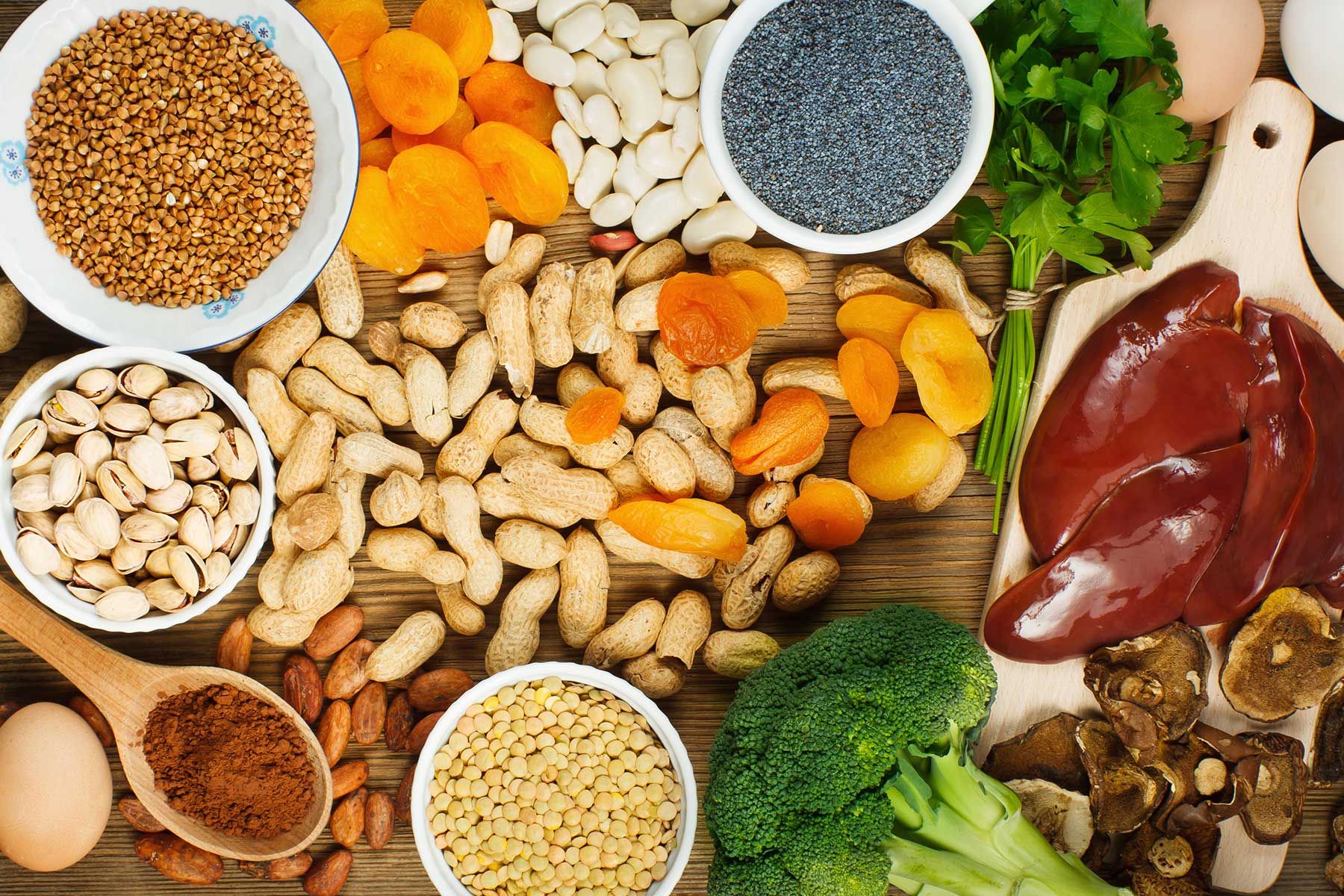
Overview
Iron is a mineral that serves several important functions, its main one being to carry oxygen throughout your body as a part of red blood cells.(source)
The body needs iron to help it carry out many vital processes, such as energy production, growth, development, and the synthesis of hormones. Iron also helps to keep the immune system healthy.
It’s an essential nutrient, meaning you must get it from food. The Daily Value (DV) is 18 mg.
Interestingly, the amount of iron your body absorbs is partly based on how much you have stored.
A deficiency can occur if your intake is too low to replace the amount you lose every day. (source)
Iron deficiency can cause anemia and lead to symptoms like fatigue. Menstruating women who don’t consume iron-rich foods are at a particularly high risk of deficiency.
Luckily, there are plenty of good food choices to help you meet your daily iron needs.
Types of iron
There are two main types of iron- Heme and Non-Heme Iron.
Heme iron
Heme is better absorbed by the body and is commonly found in liver, meat, poultry and seafood.
Non-heme iron
Non-heme iron is commonly found in legumes (beans), nuts, seeds, and certain vegetables like spinach and potatoes.
You can also get iron through fortified sources such as tofu, grains, bread and cereal.
Iron Deficiency Symptoms
The symptoms of iron deficiency generally appear only when it has progressed to iron deficiency anemia, a condition in which the body's iron stores are so low that not enough normal red blood cells can be made to carry oxygen efficiently.
Symptoms include:
- Fatigue
- Pale skin and fingernails
- Weakness
- Dizziness
- Headache
- Glossitis (inflamed tongue)
Foods that are high in iron
To get a better idea of how you can work more iron into your diet, here is a handy list of iron-rich foods.
Iron-rich legumes
- Dried or canned peas and beans (kidney, garbanzo, cannellini, soybeans, etc.).
- Lentils.
- Peas.
- Tofu.
- Tempeh (fermented soybeans).
Iron-rich bread and cereal
- Enriched white bread.
- Enriched pasta.
- Wheat products.
- Bran cereals.
- Cornmeal.
- Oat cereals.
- Cream of Wheat.
- Rye bread.
- Enriched rice.
- Whole wheat bread.
Iron-rich fruit
- Figs.
- Dates.
- Raisins.
- Prunes and prune juice.
Iron-rich protein sources
- Beef.
- Chicken.
- Clams.
- Eggs.
- Lamb.
- Ham.
- Turkey.
- Veal.
- Pork.
- Liver.
- Shrimp.
- Tuna.
- Sardines.
- Haddock.
- Mackerel.
- Oysters.
- Scallops.
Iron-rich vegetables
- Broccoli.
- String beans.
- Dark leafy greens – Dandelion, collard, kale, spinach.
- Potatoes.
- Cabbage, Brussels sprouts.
- Tomato paste and other products.
Other foods that are high in iron
- Blackstrap molasses.
- Pistachios.
- Pumpkin seeds.
- Sesame seeds.
- Flax seeds.
- Almonds.
- Cashews.
- Pine nuts.
- Macadamia nuts.
- Hemp seeds.
How to make sure you’re absorbing enough iron
Wondering what helps with iron absorption? Here are some helpful tips to remember:
- Consume foods that are rich in iron, specifically non-heme iron, with a source of vitamin C. Foods with vitamin A and beta-carotene help absorption as well. These foods include carrots, sweet potatoes, spinach, kale, squash, red peppers, cantaloupe, apricots, oranges and peaches.
- Limit the amount of calcium that you consume with foods that are rich in iron as calcium can block iron absorption.
- Eat a quality diet that’s filled with healthy sources of nutrients.
- If you’ve been trying to get iron in pill form, check to see if you’re taking a calcium supplement or a multivitamin that’s high in calcium. Talk to your doctor to make sure that a supplement won’t be harder for your body to absorb.

